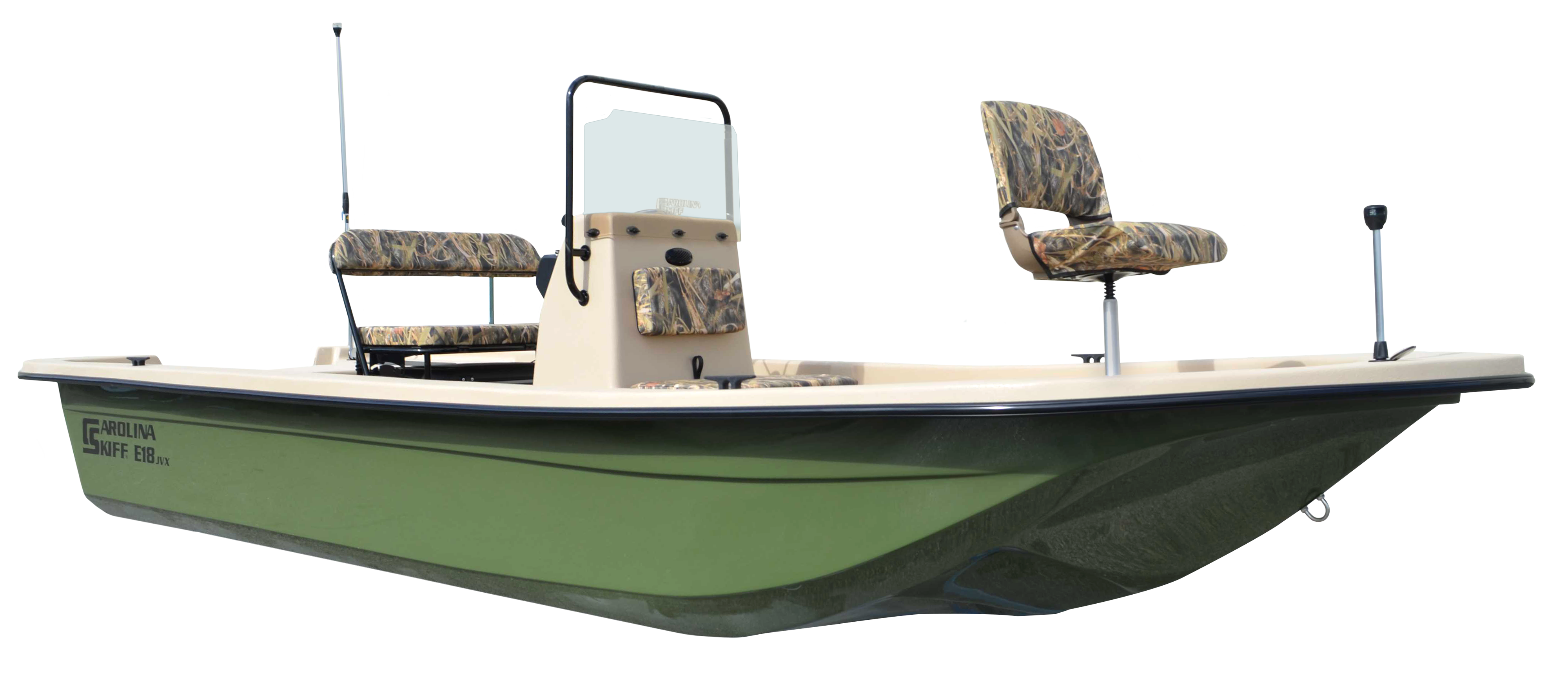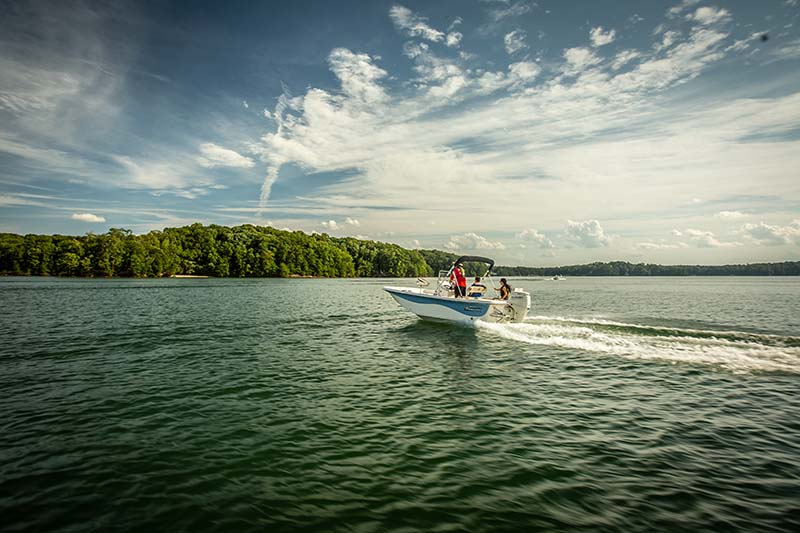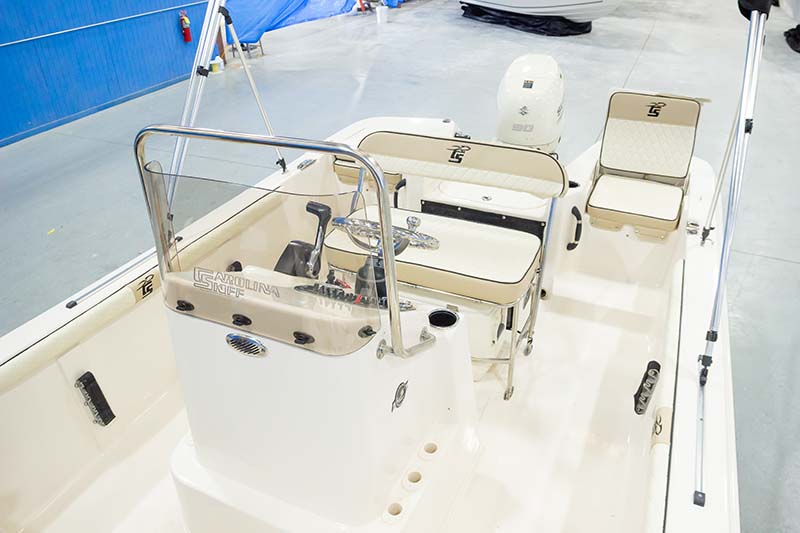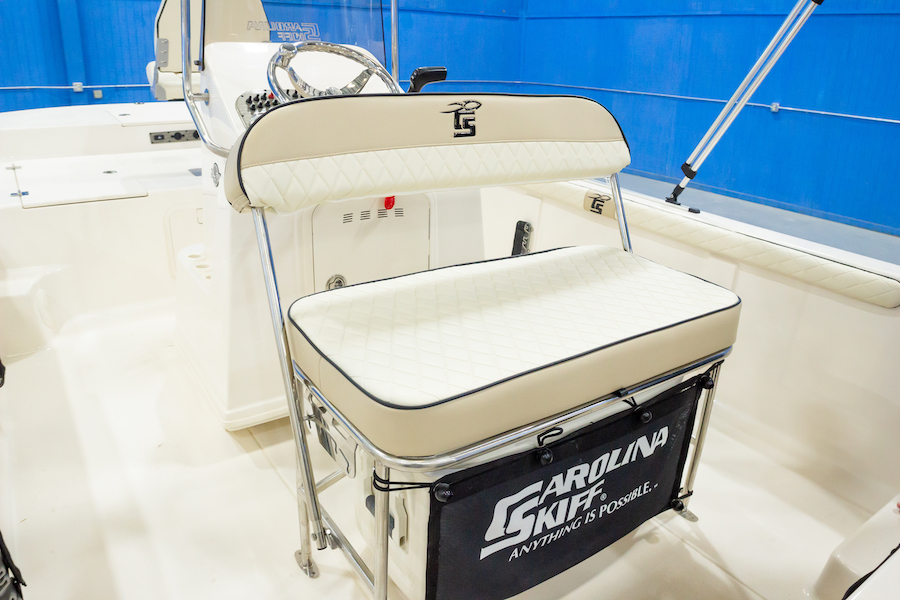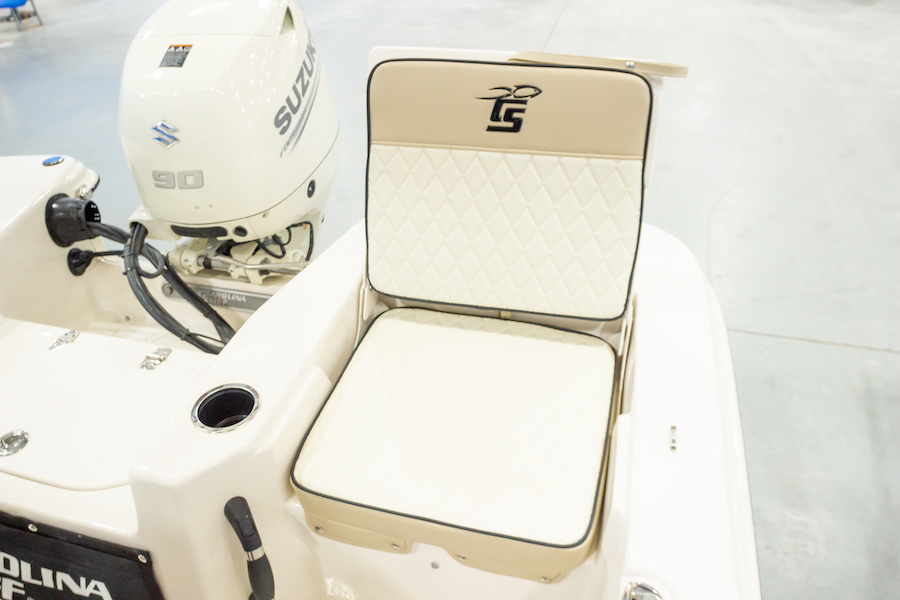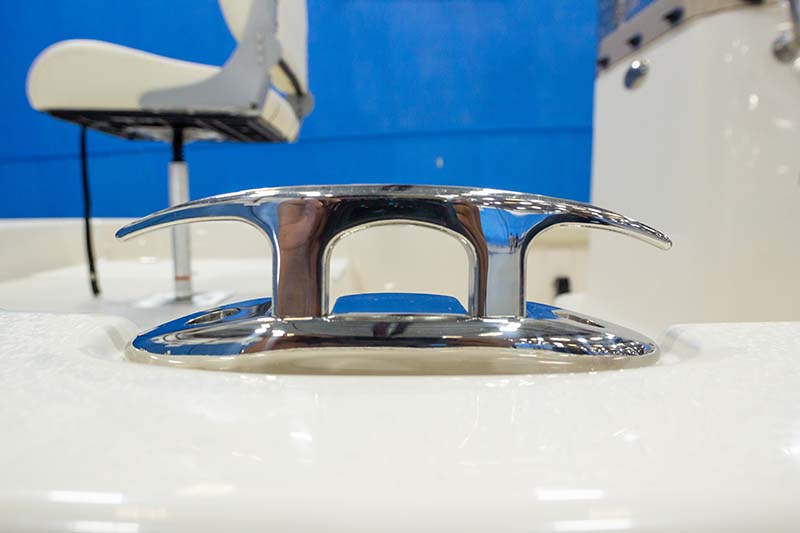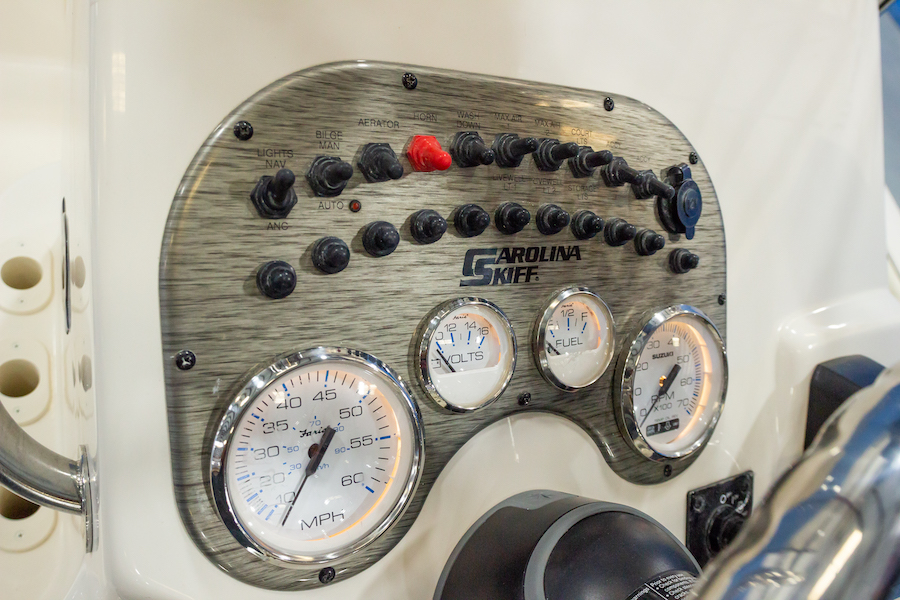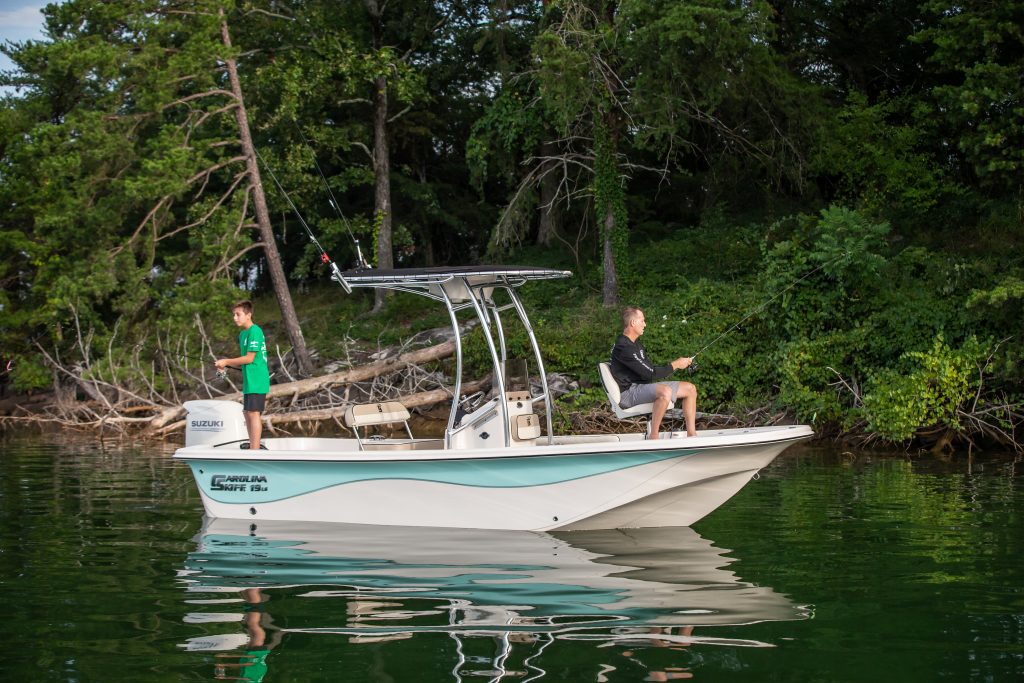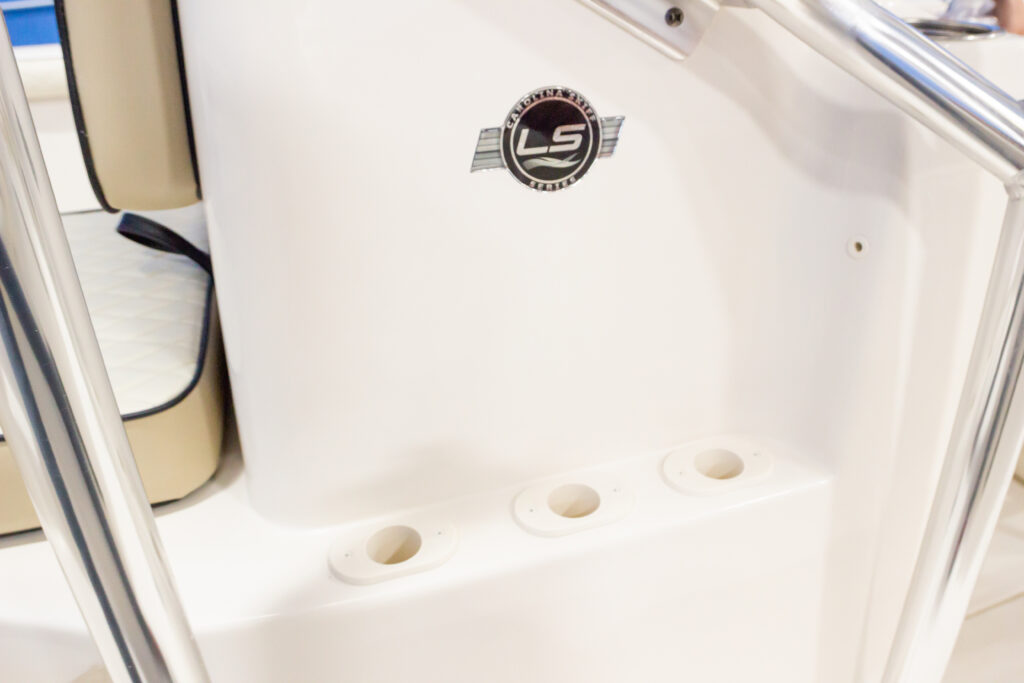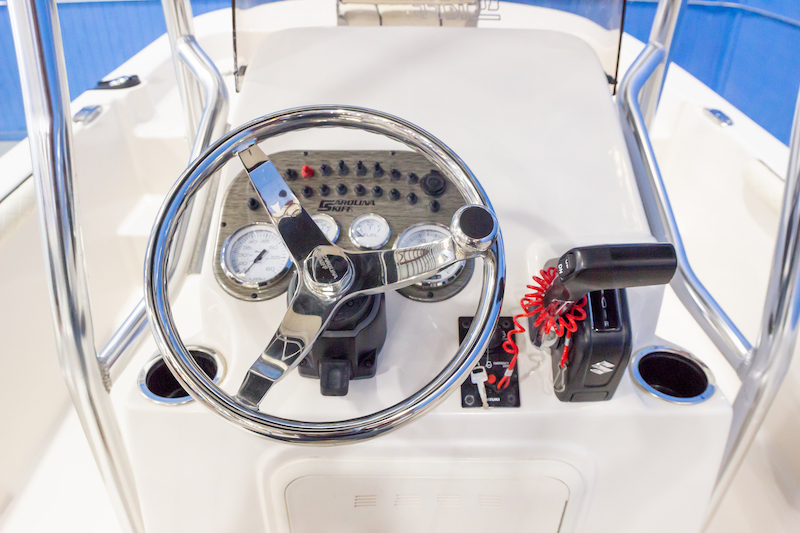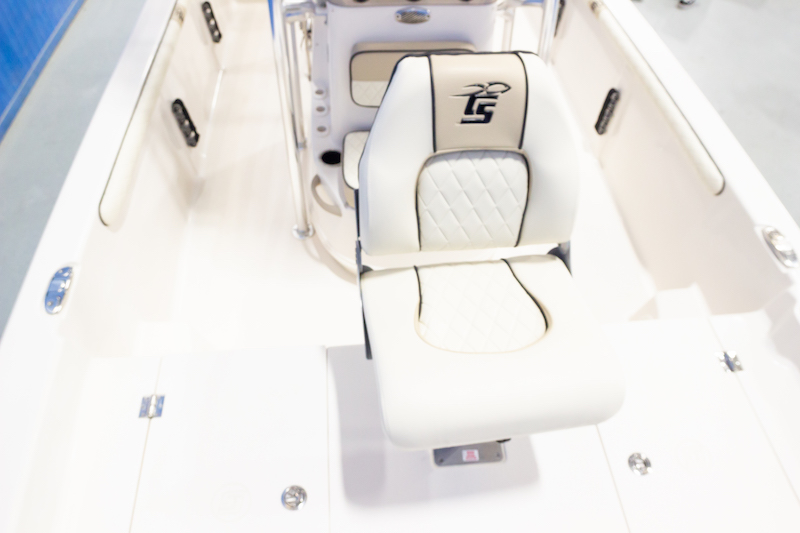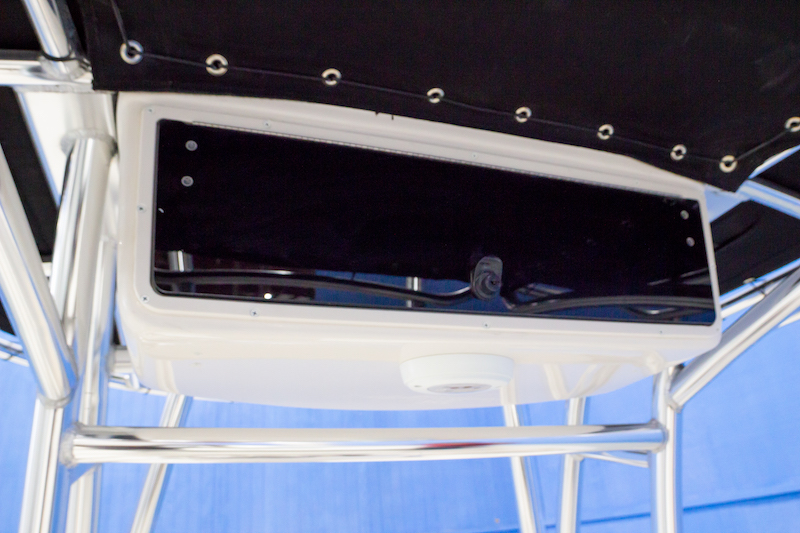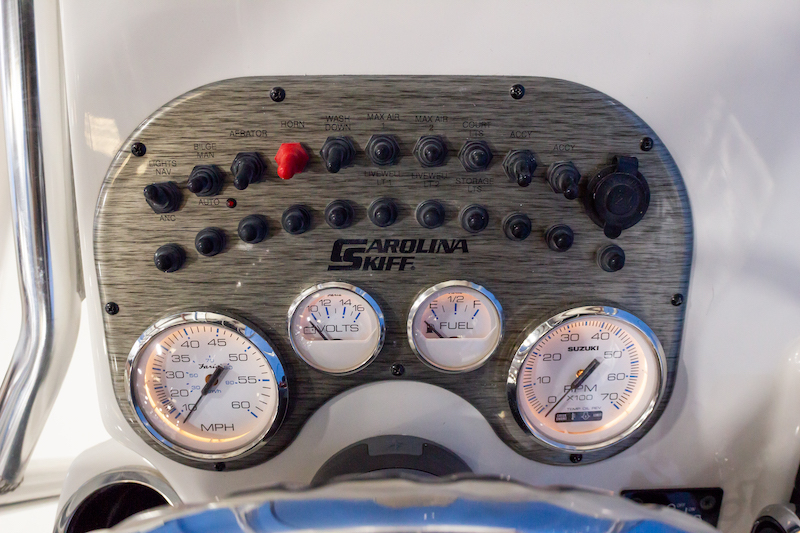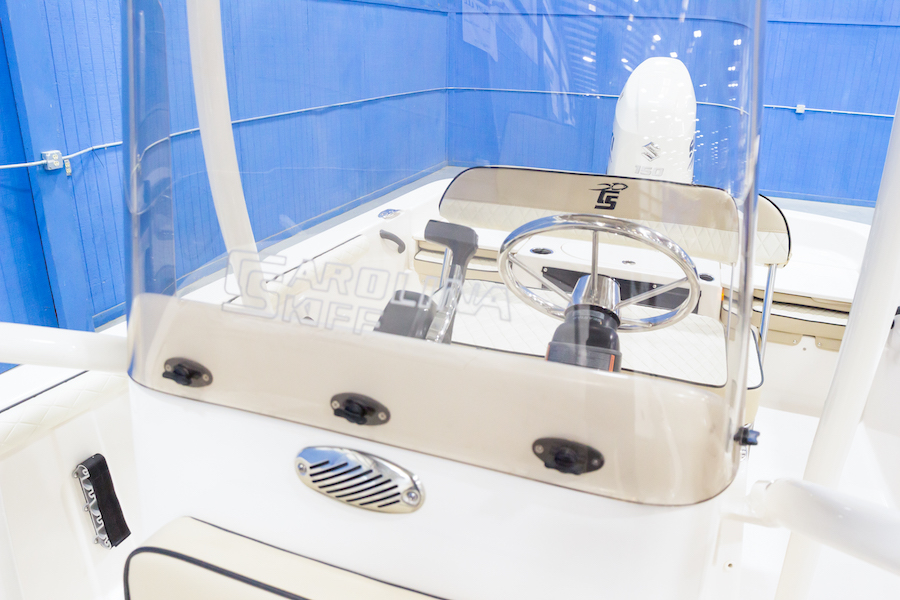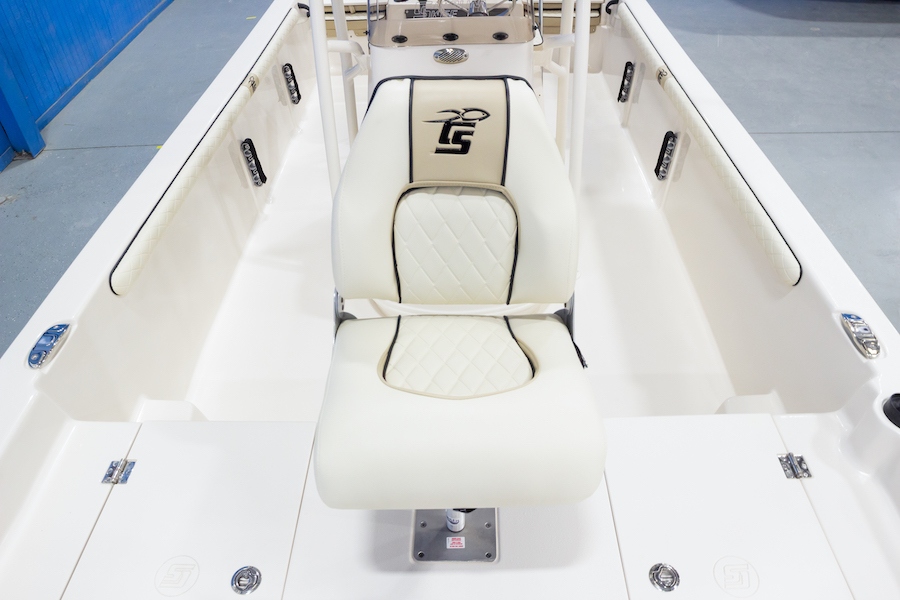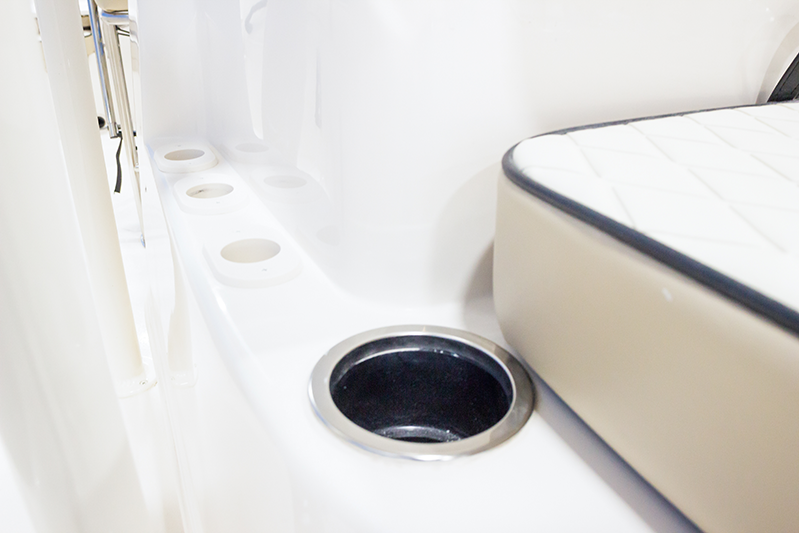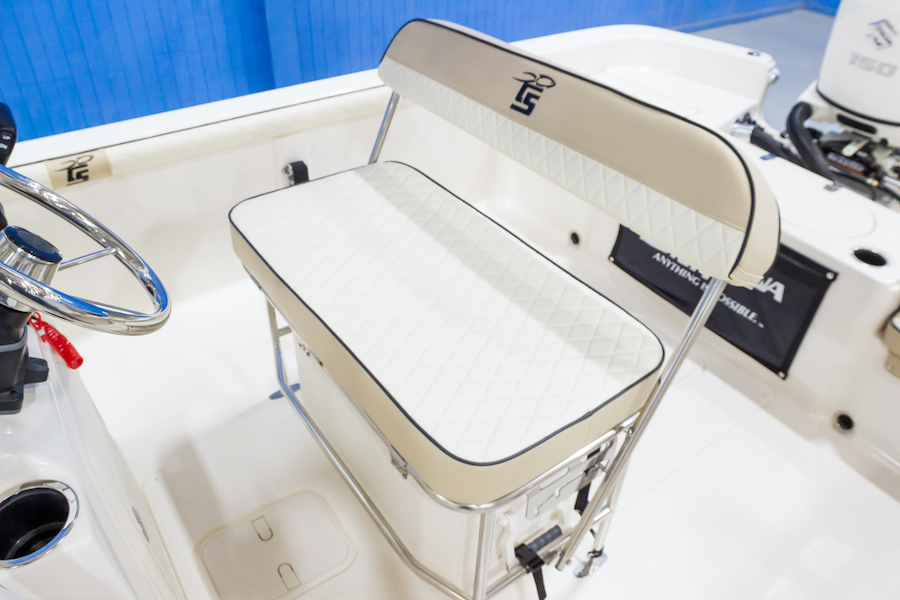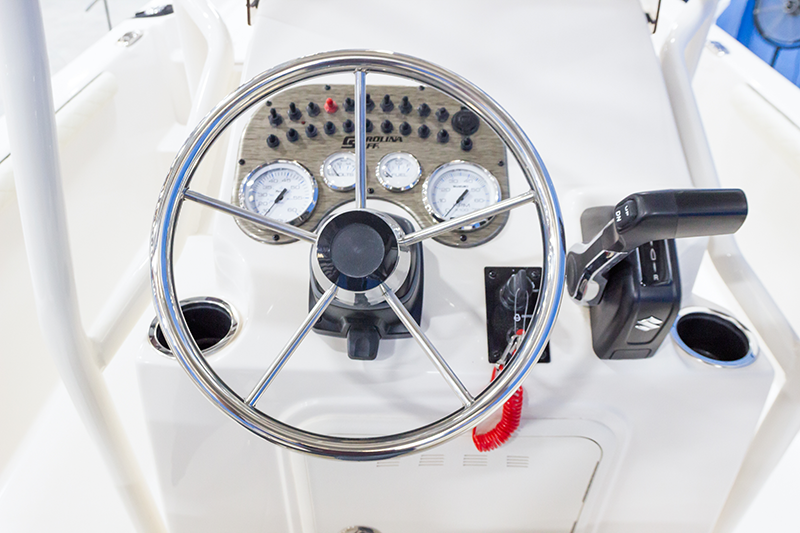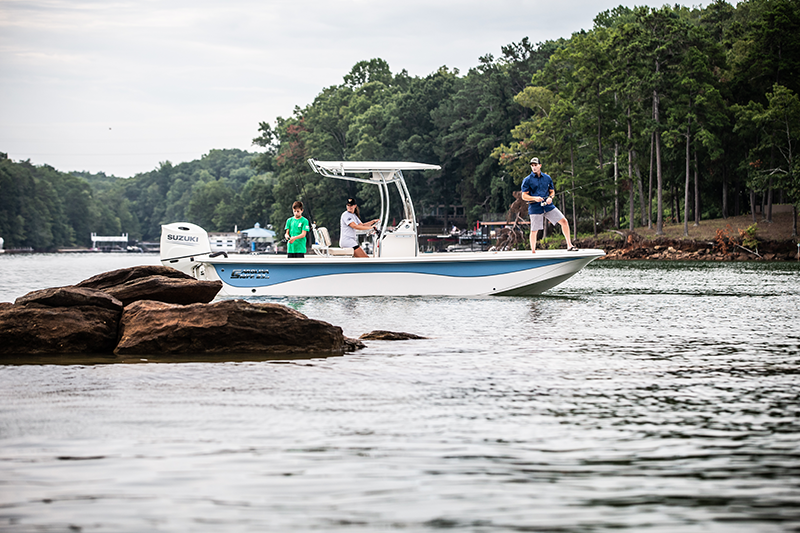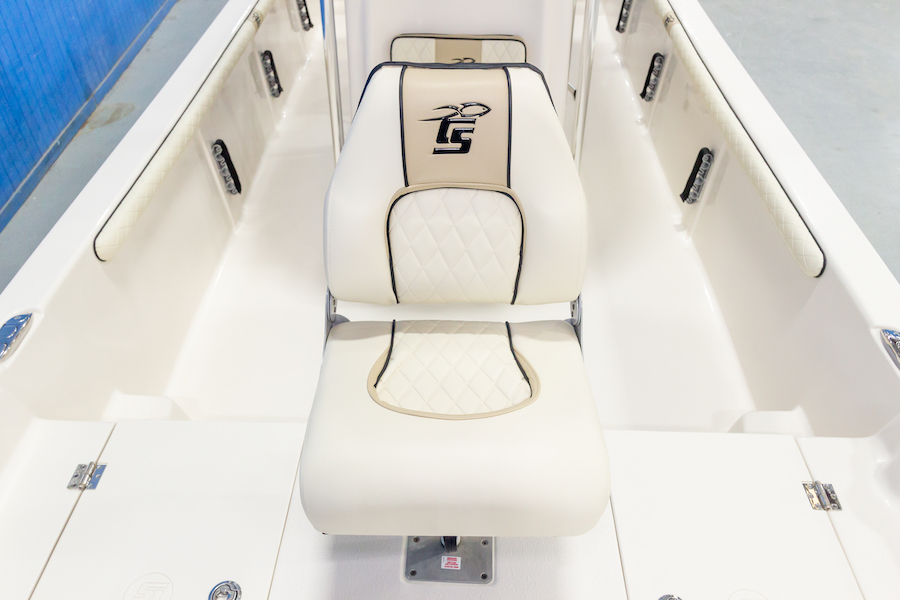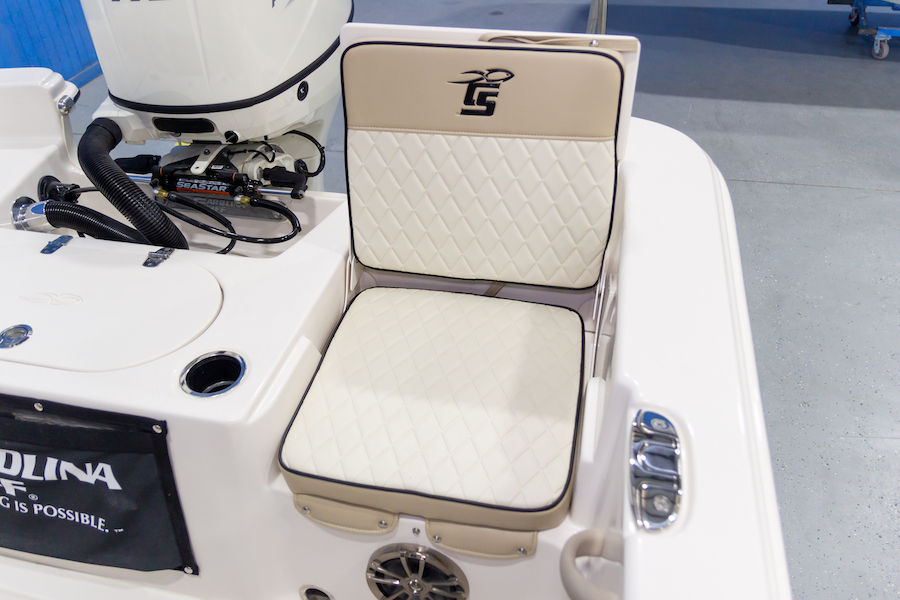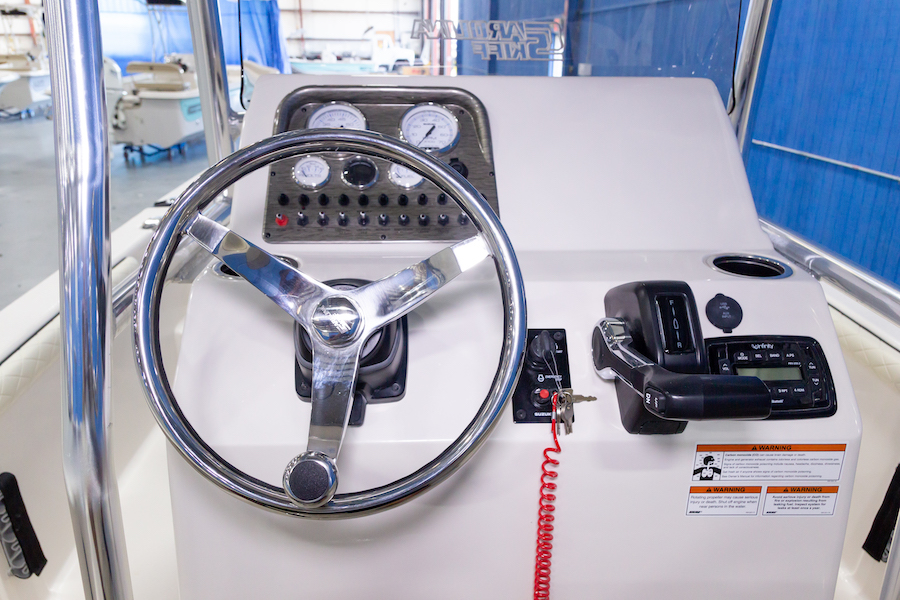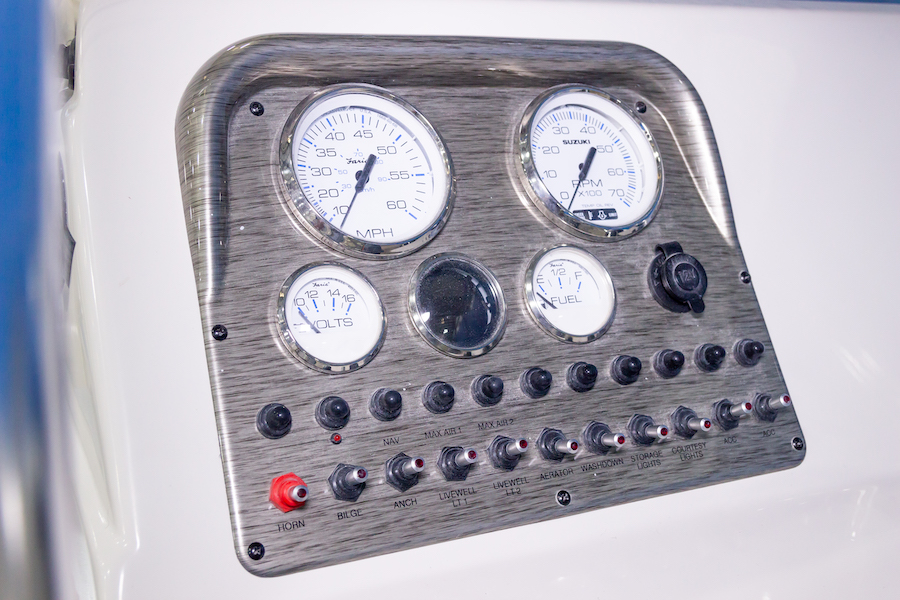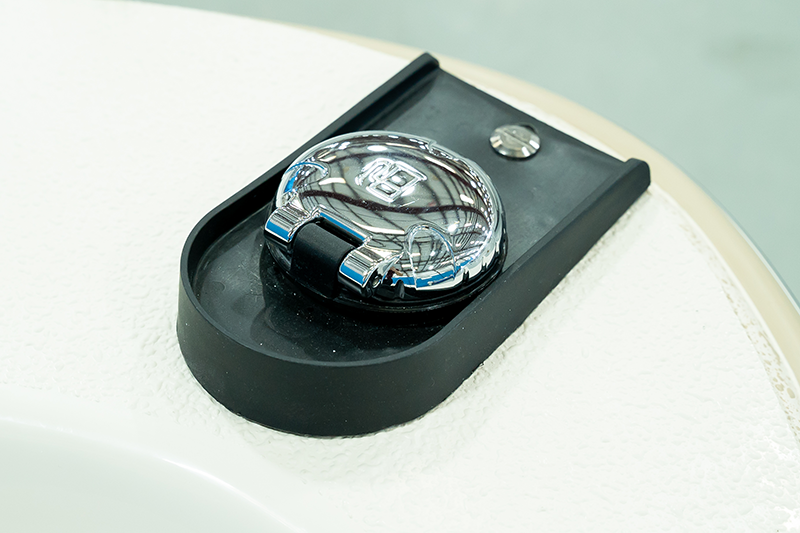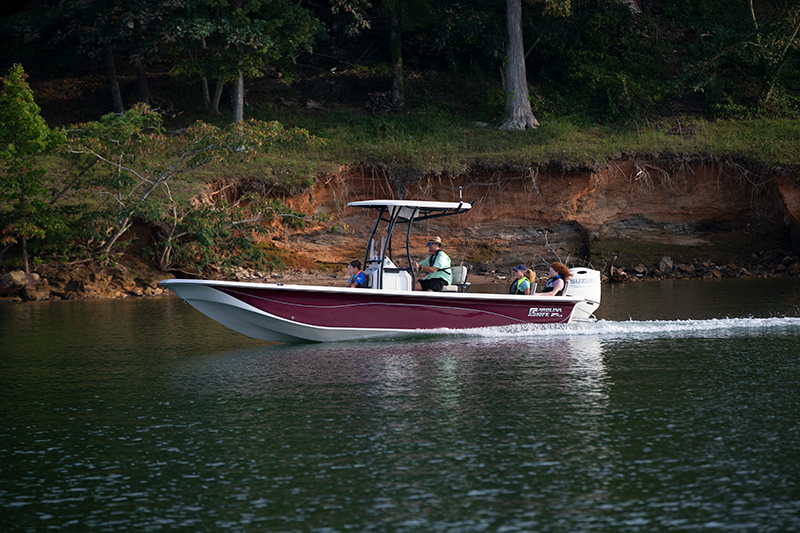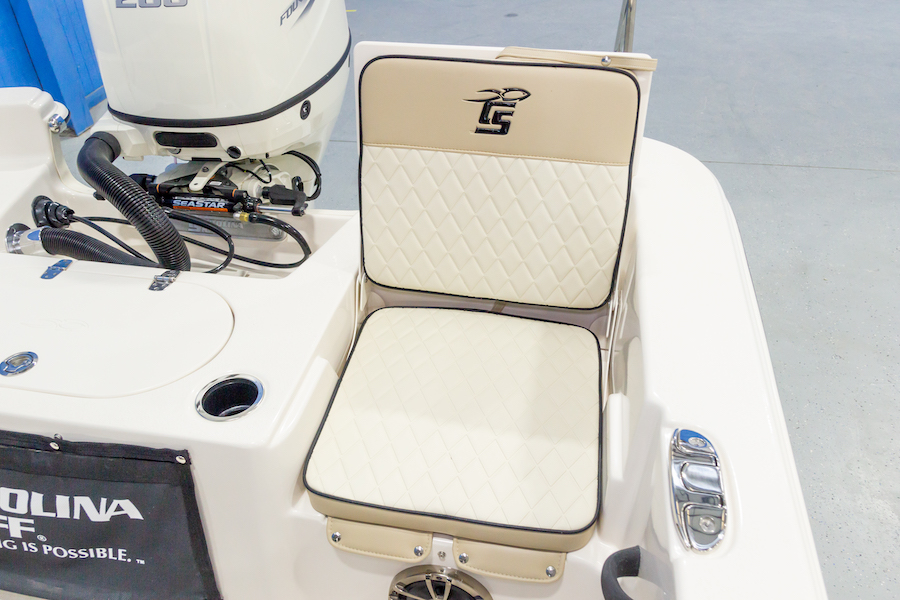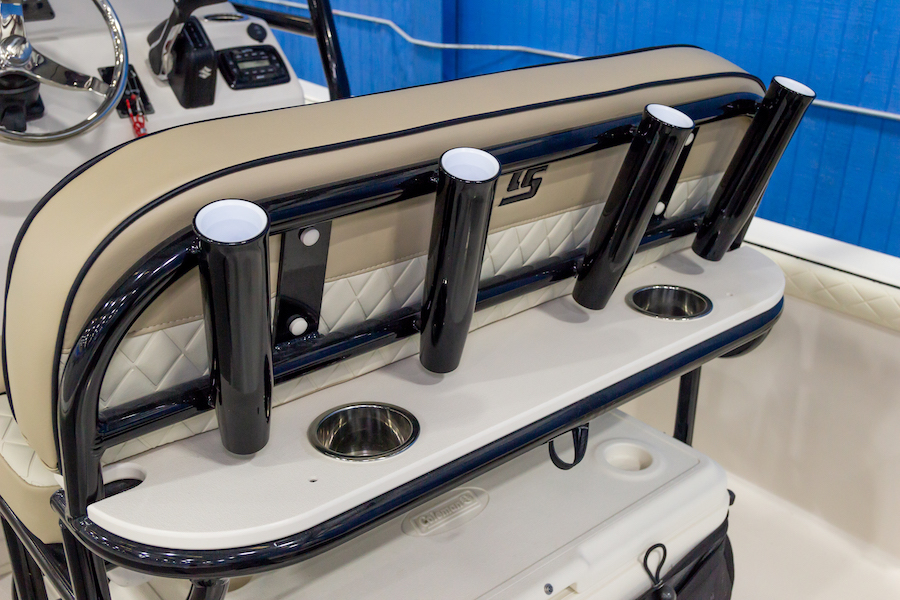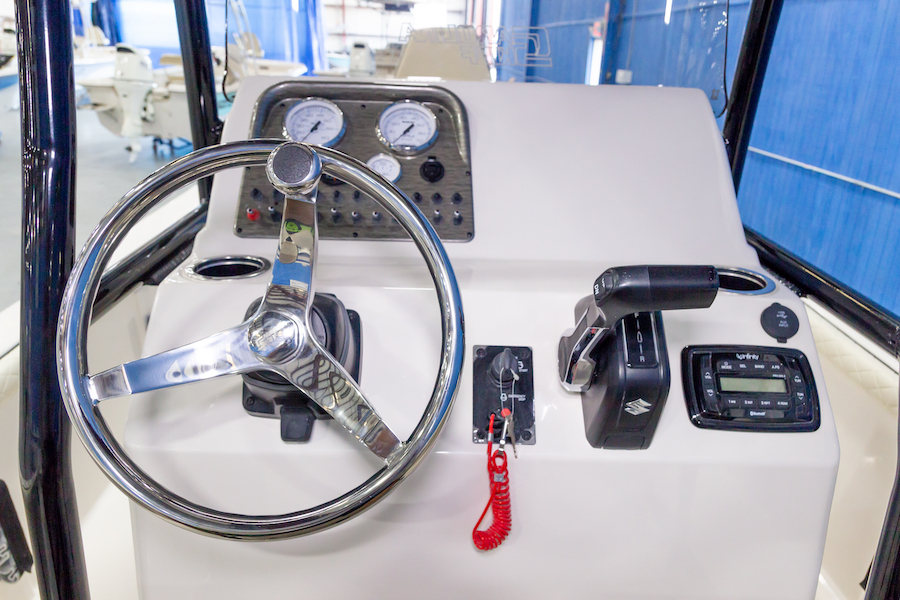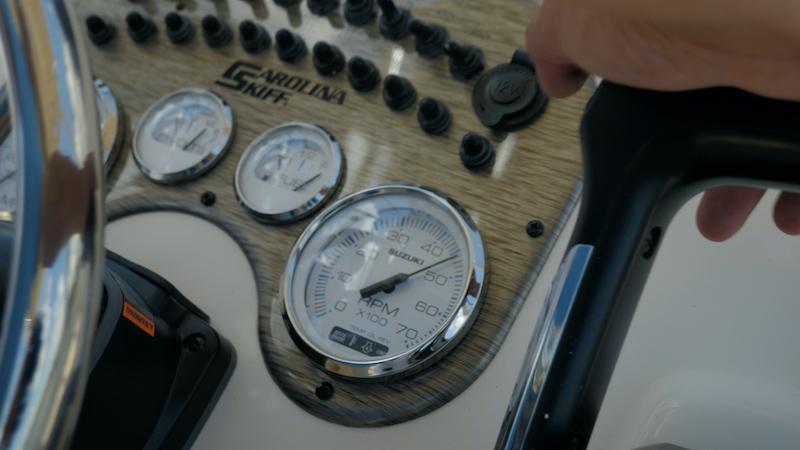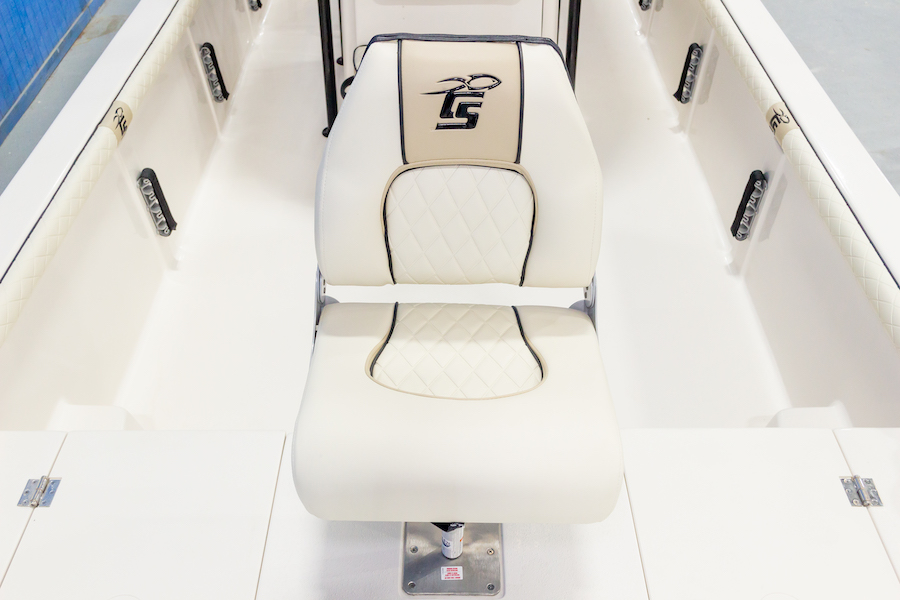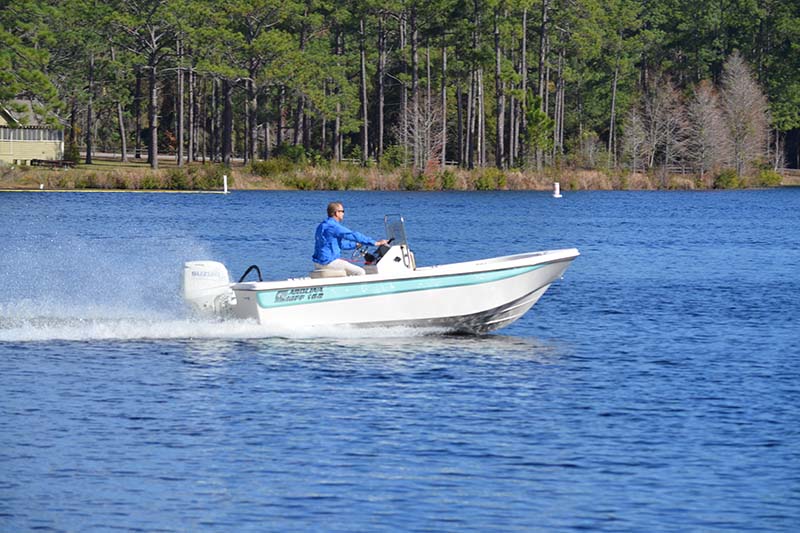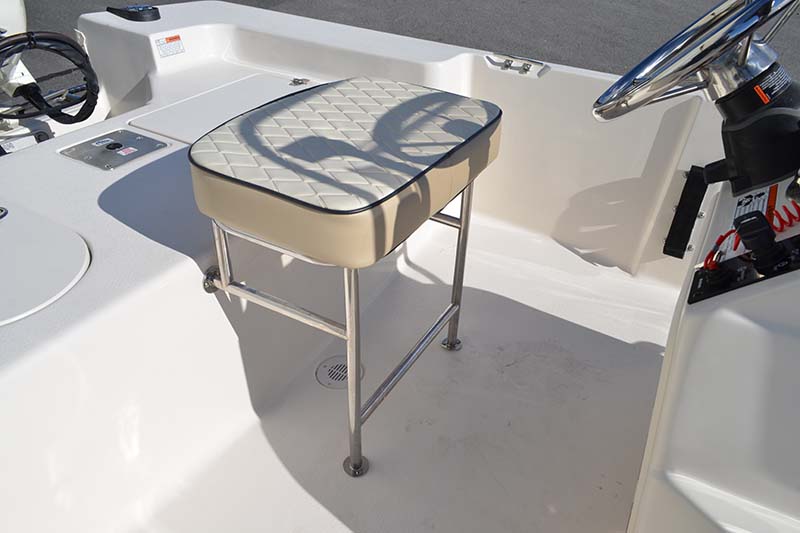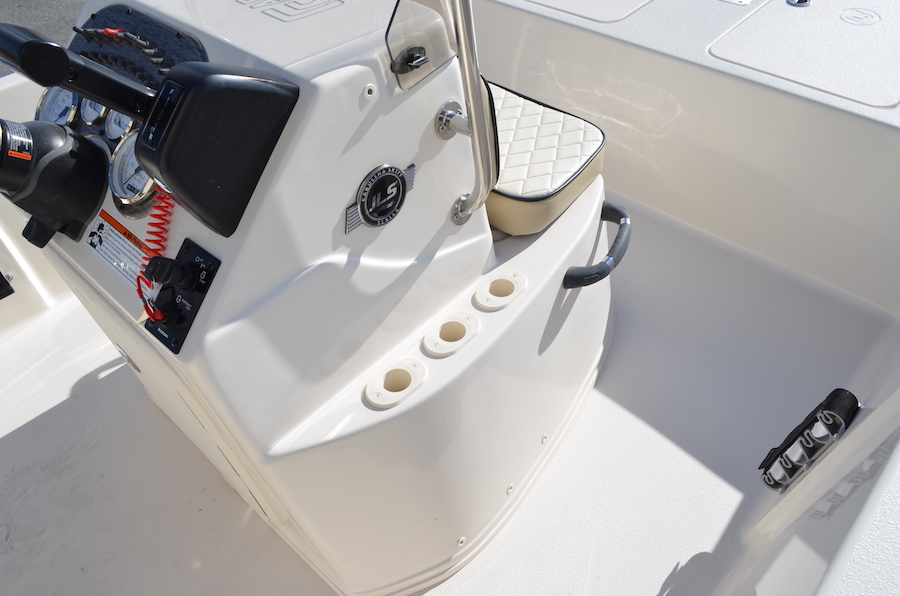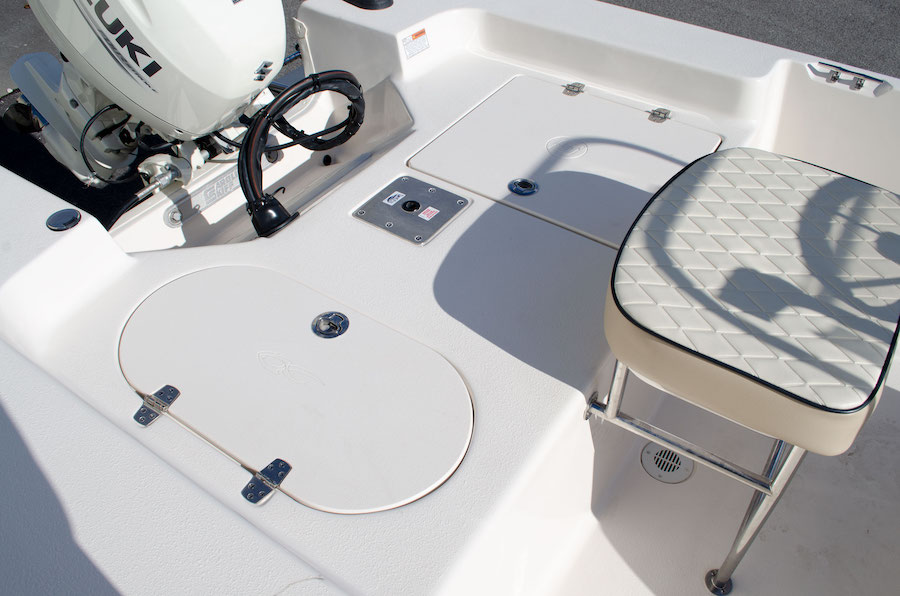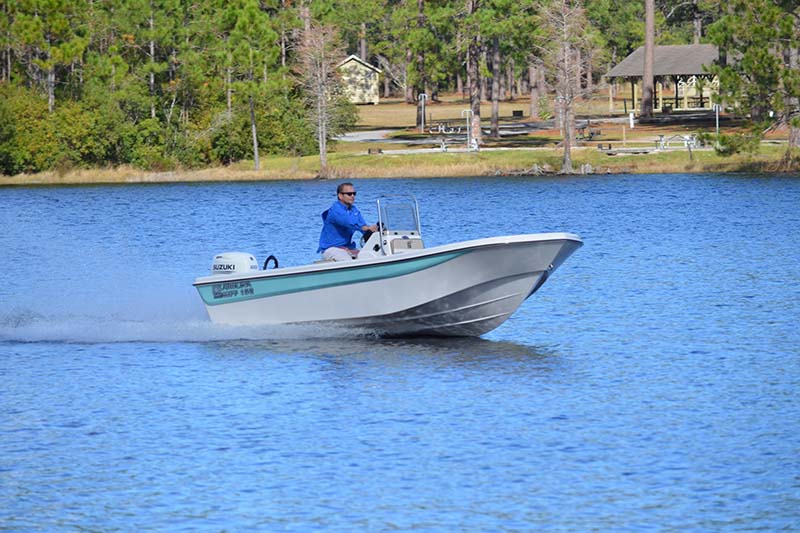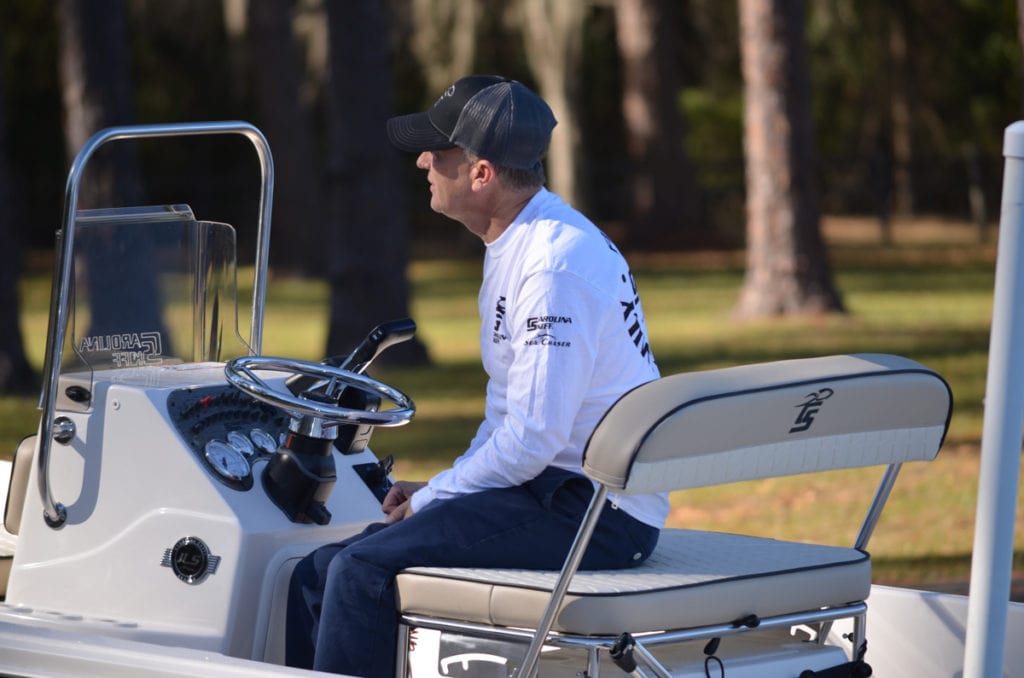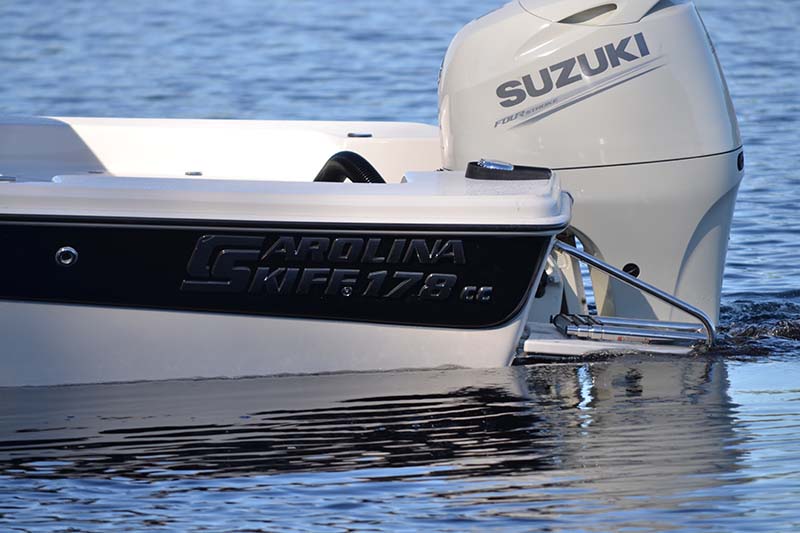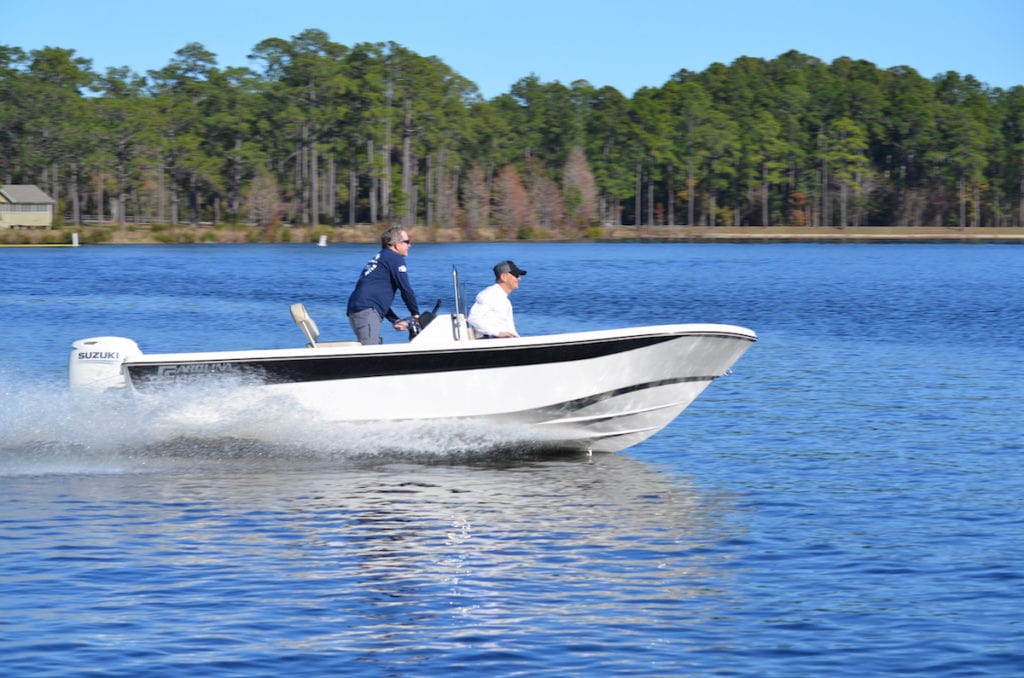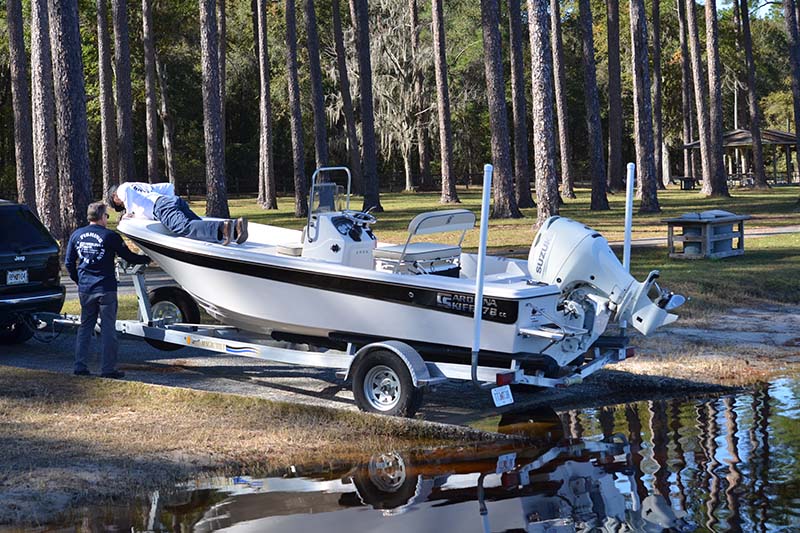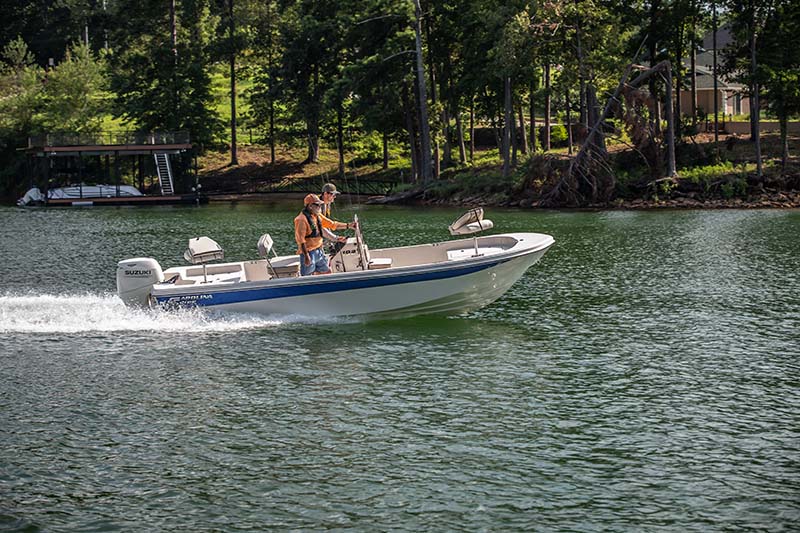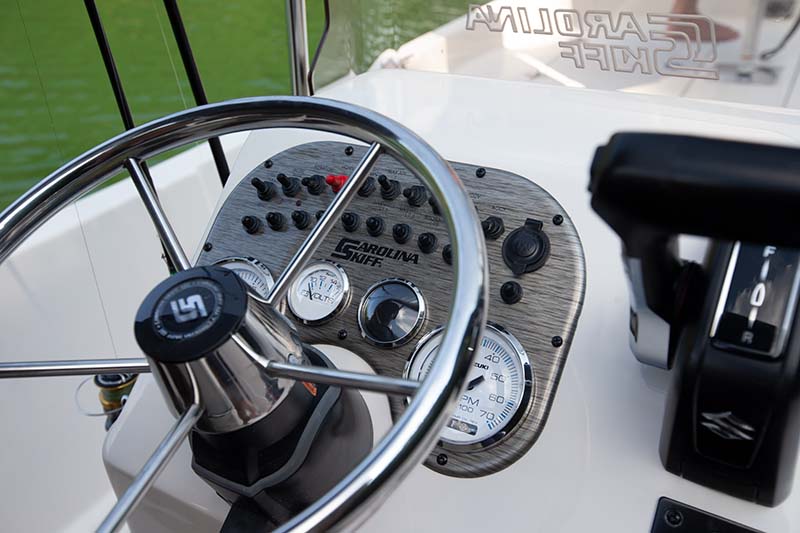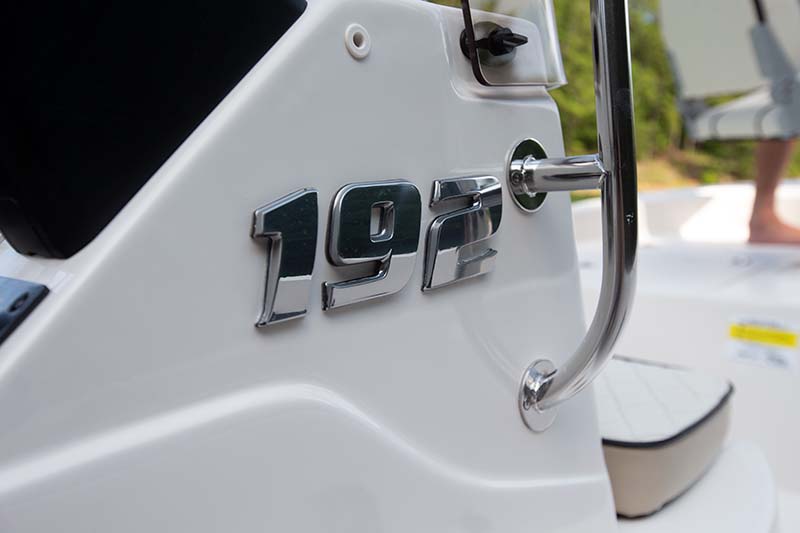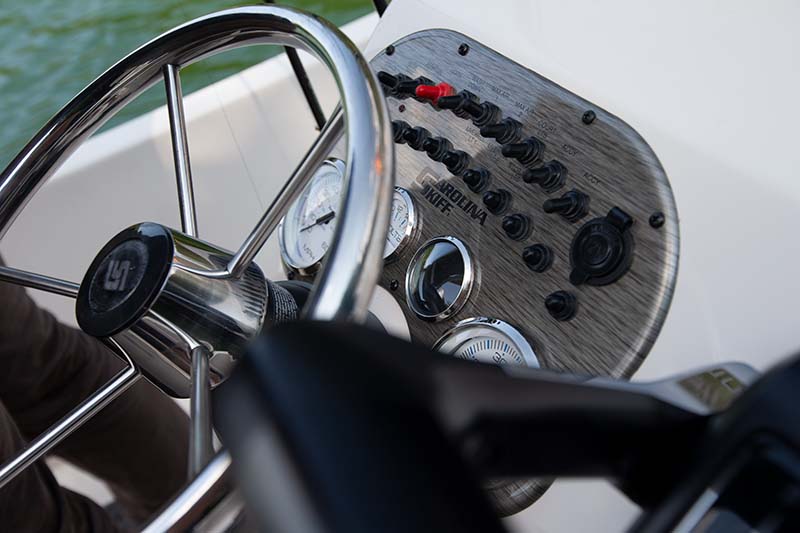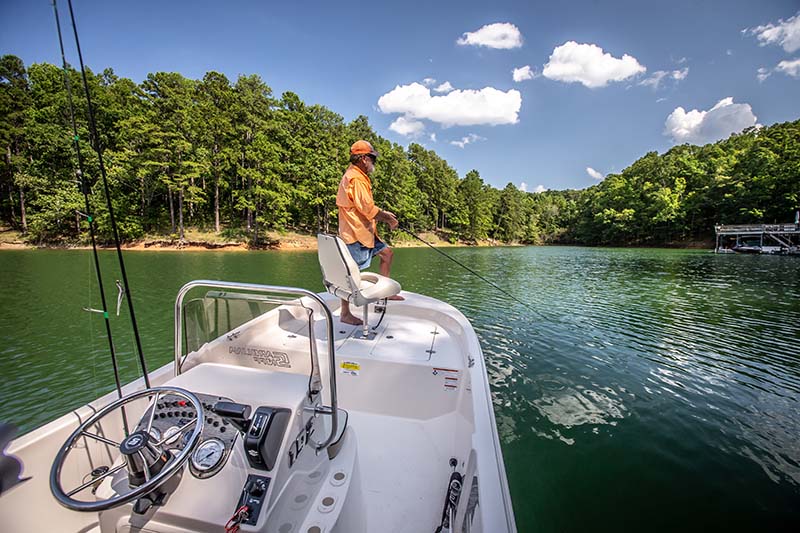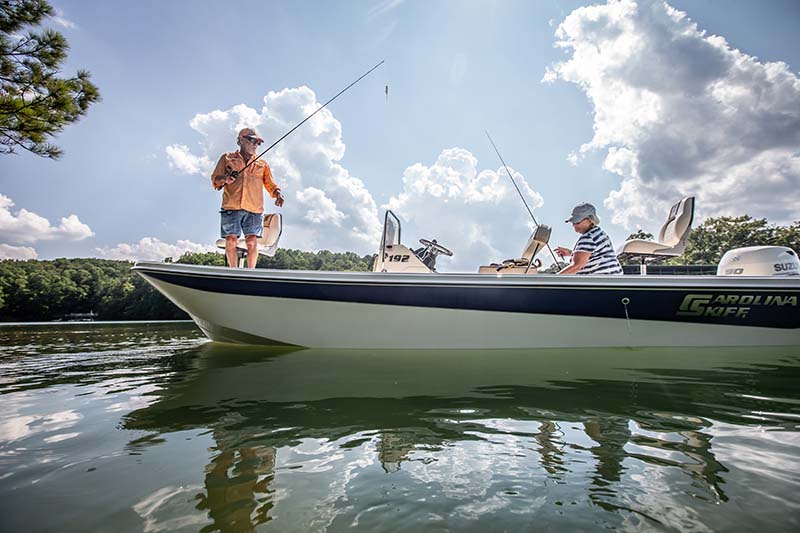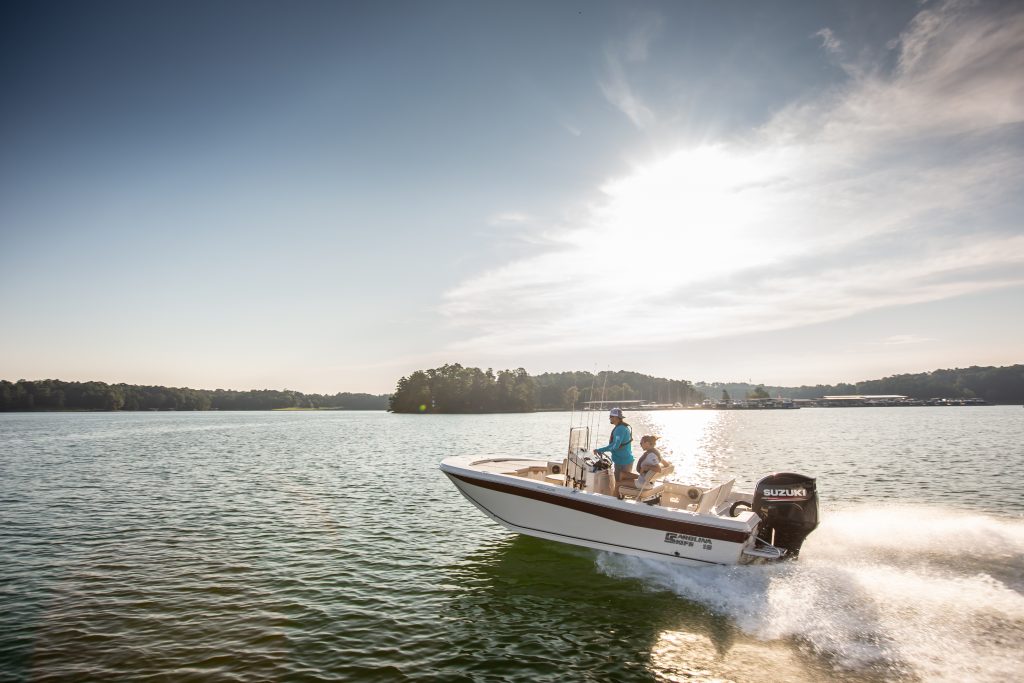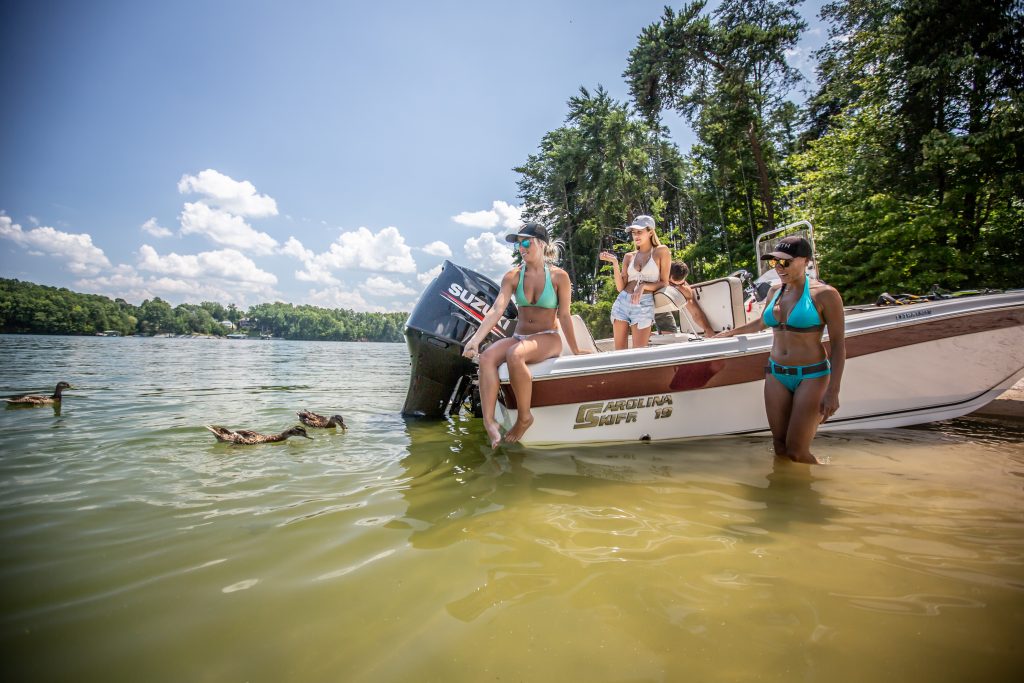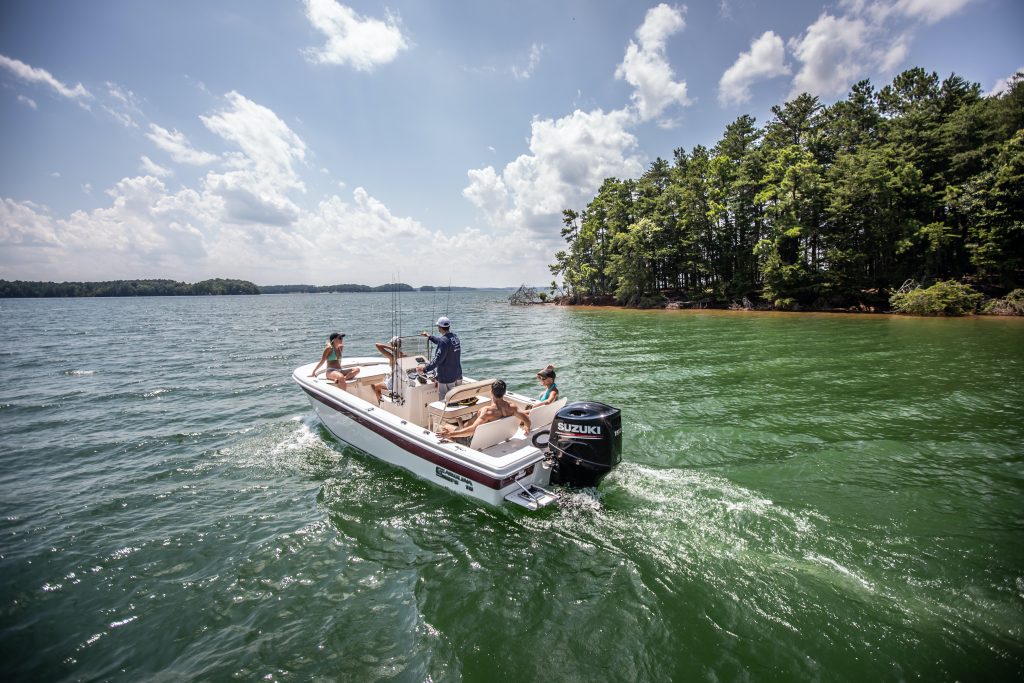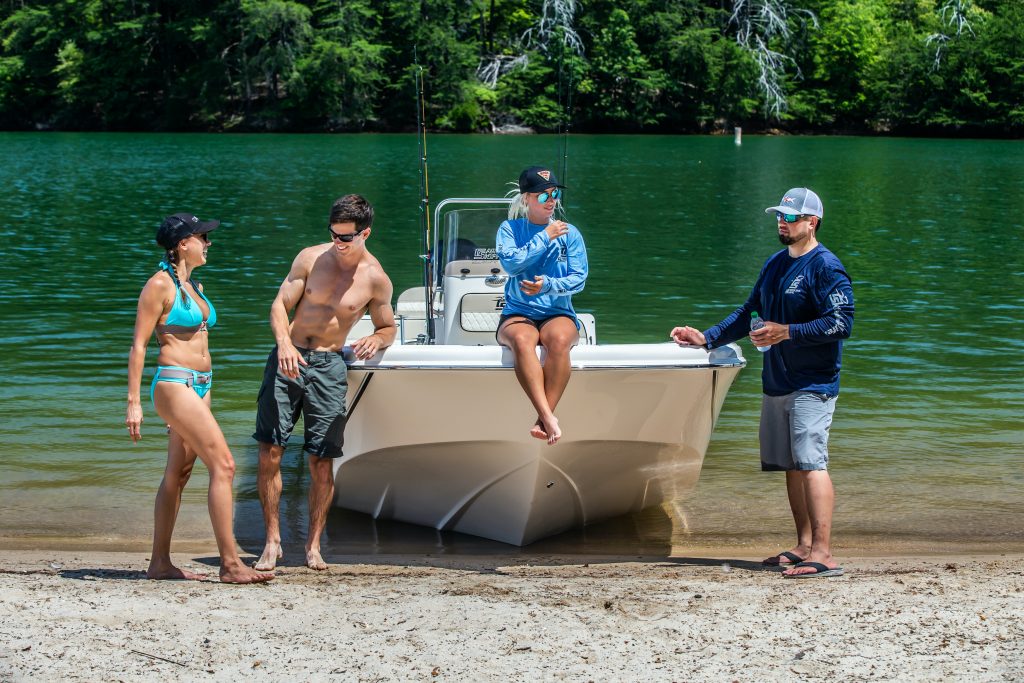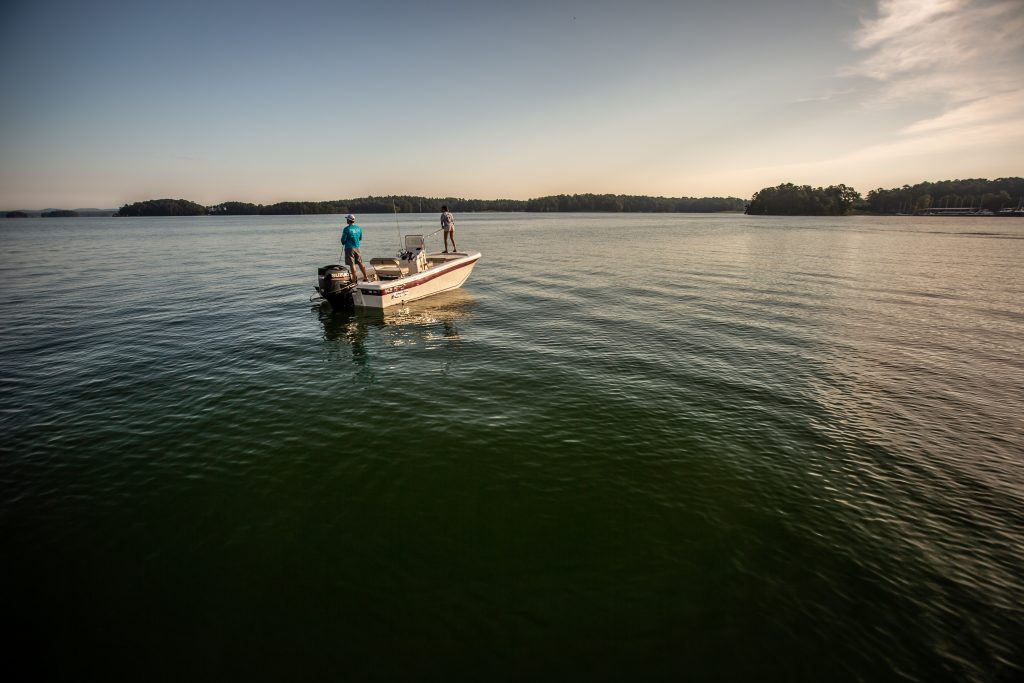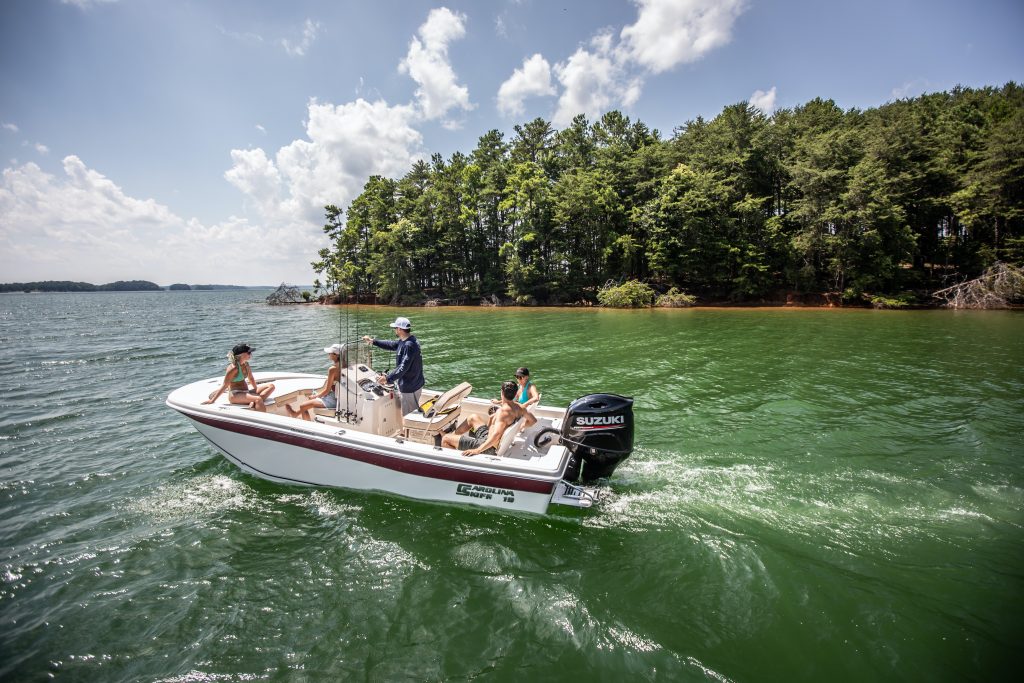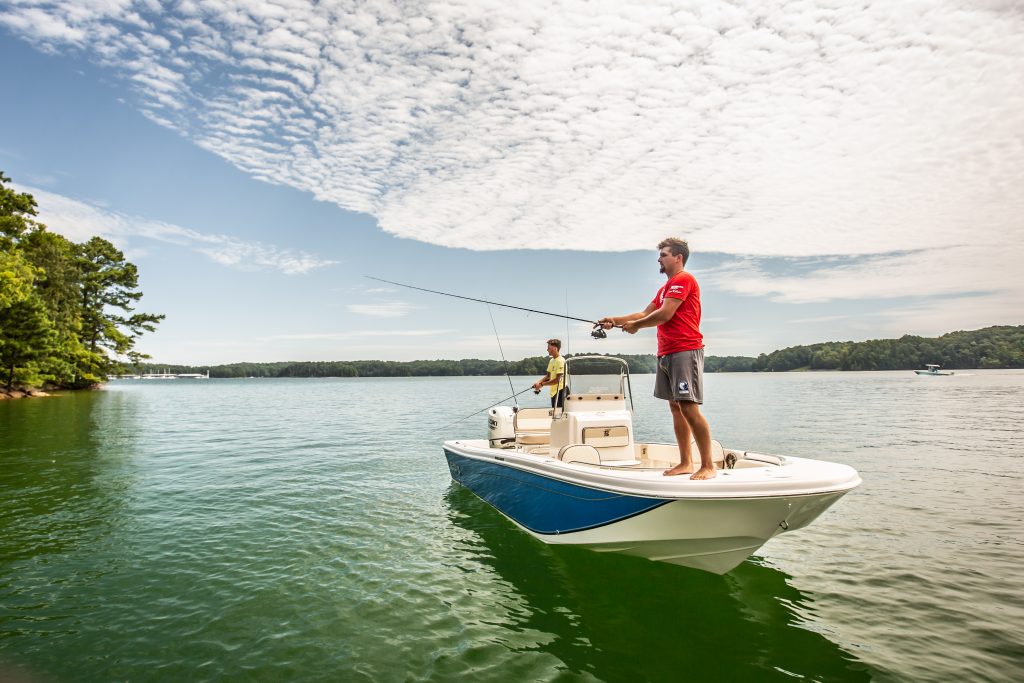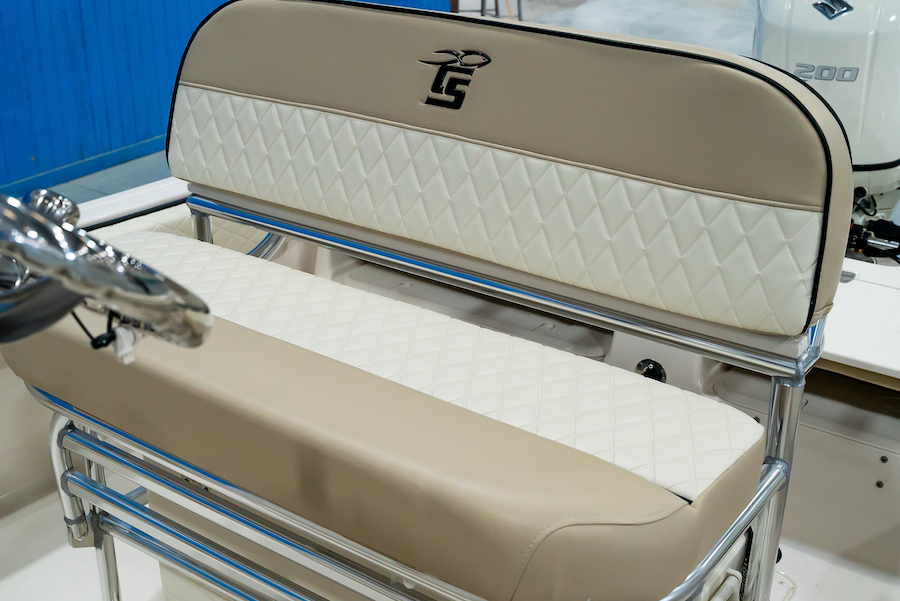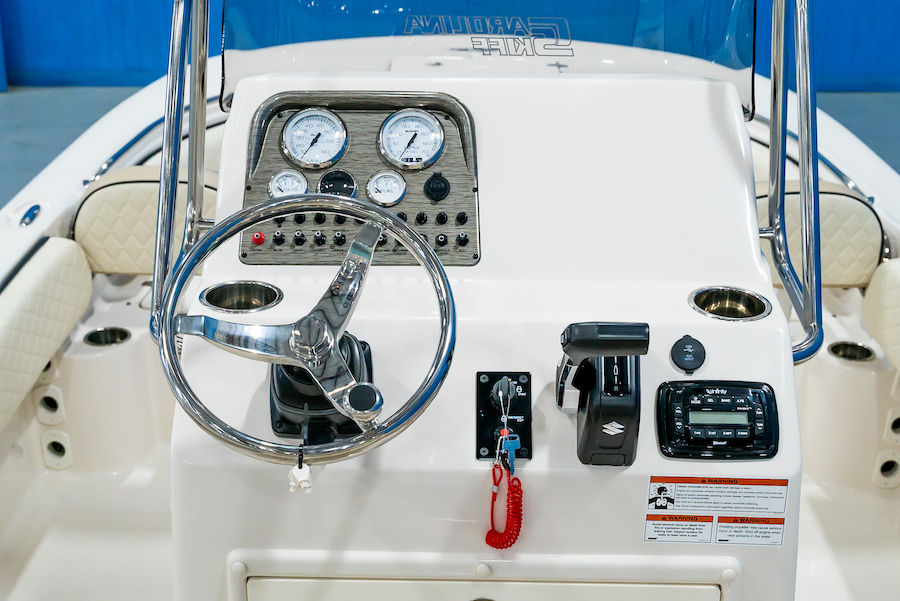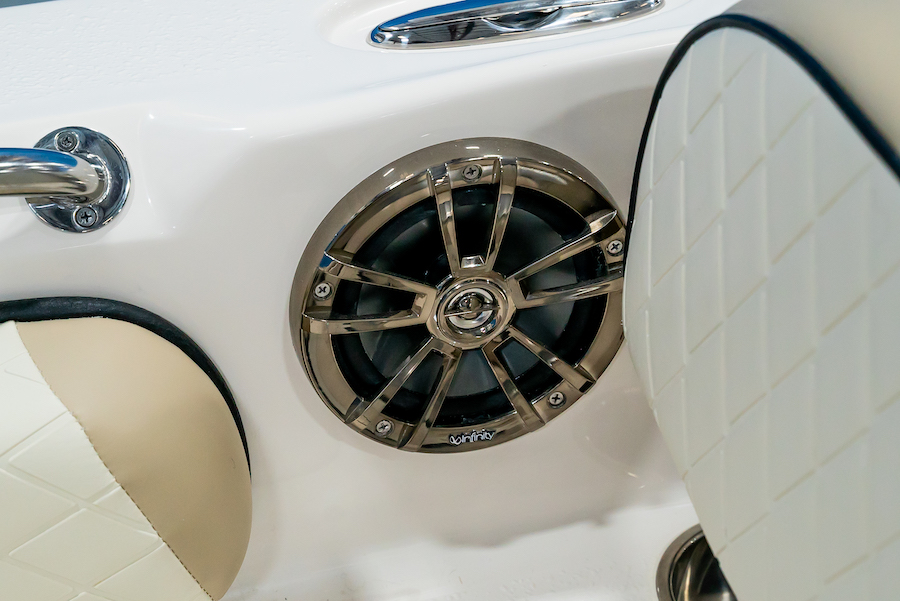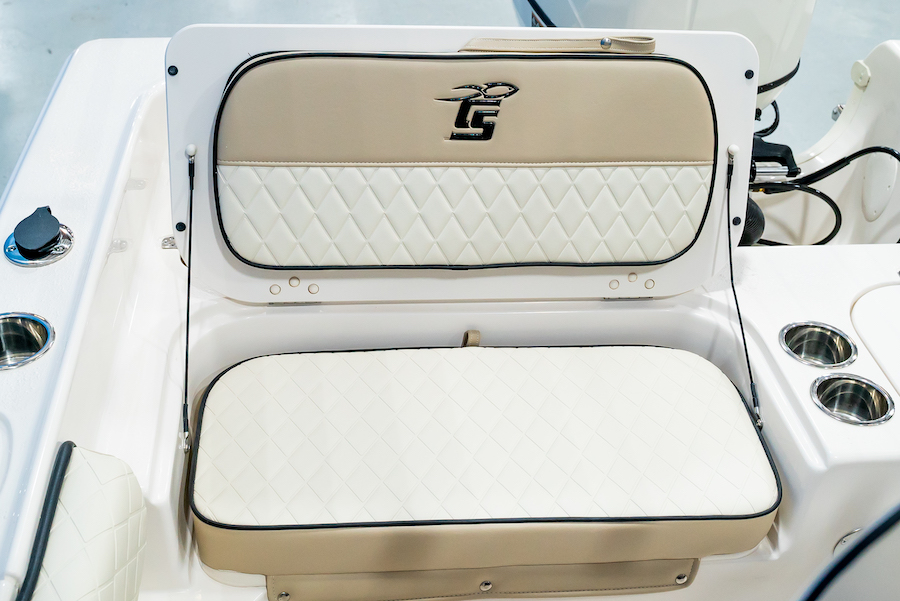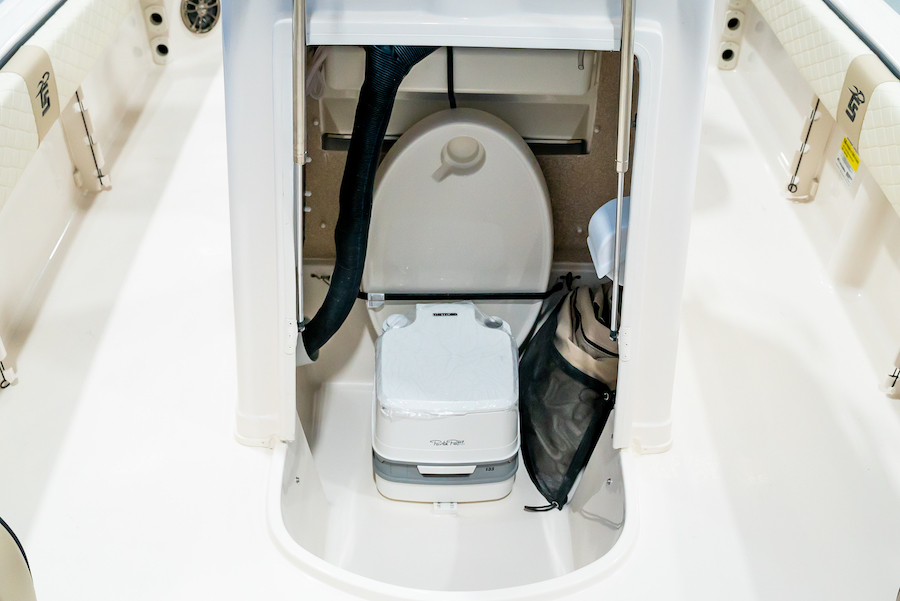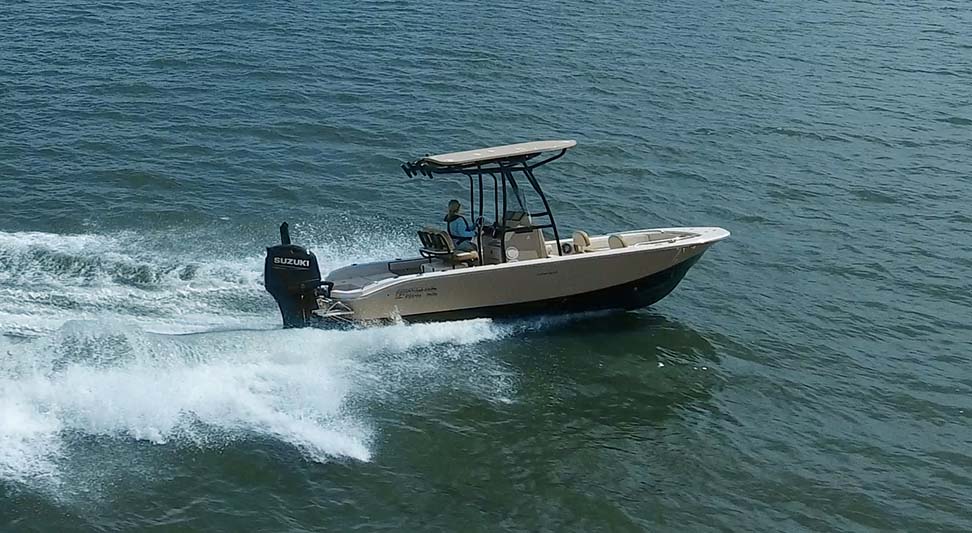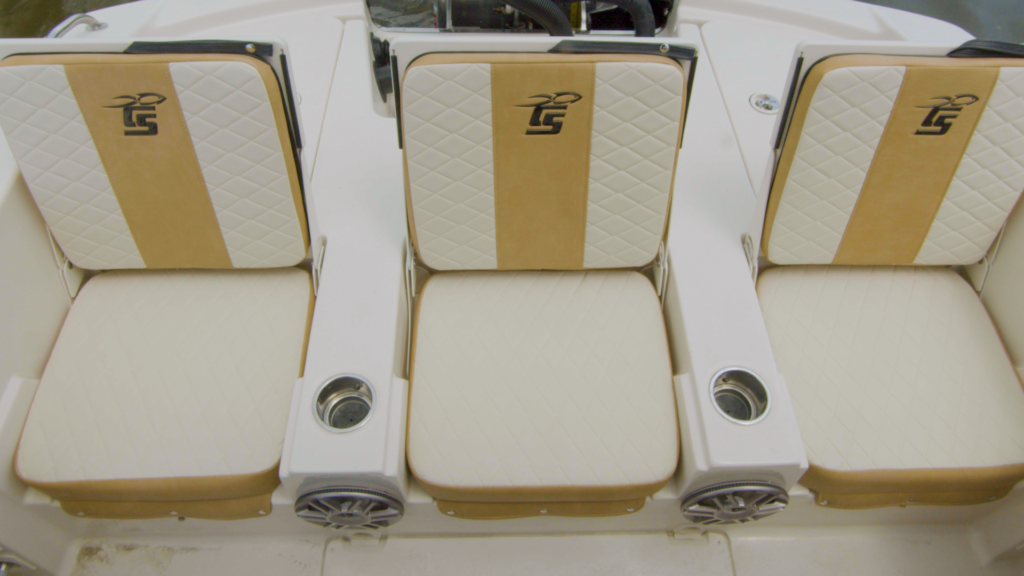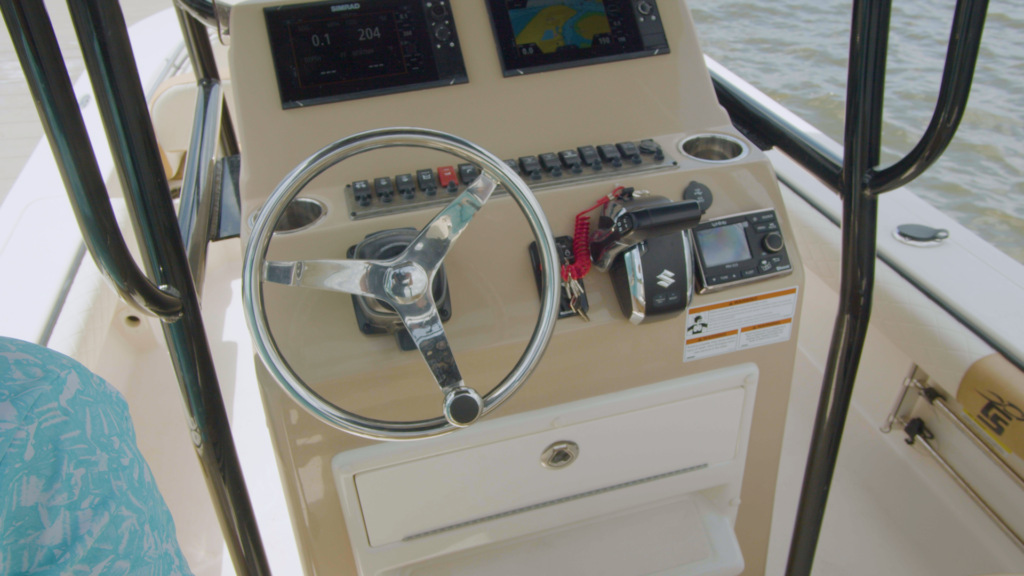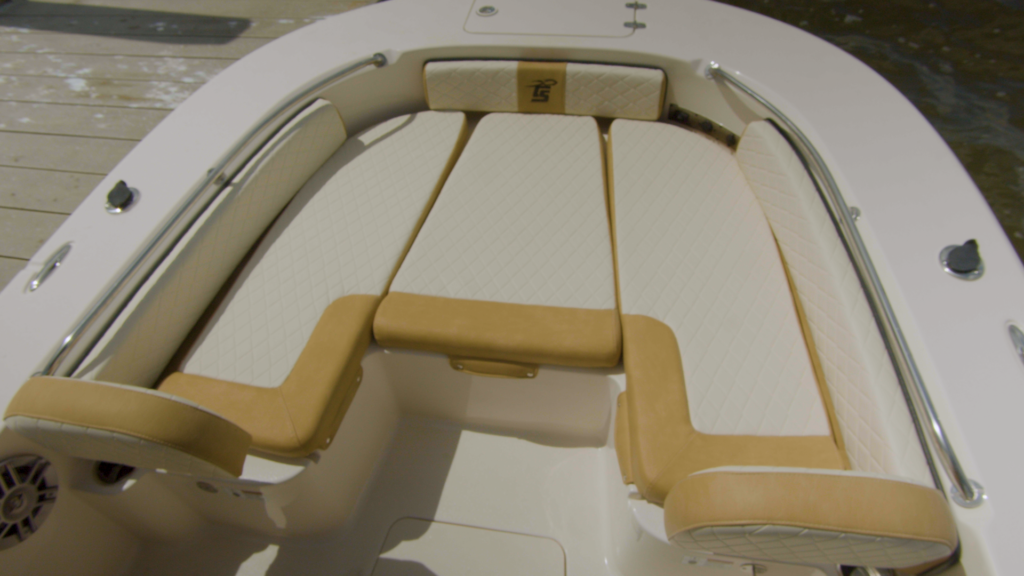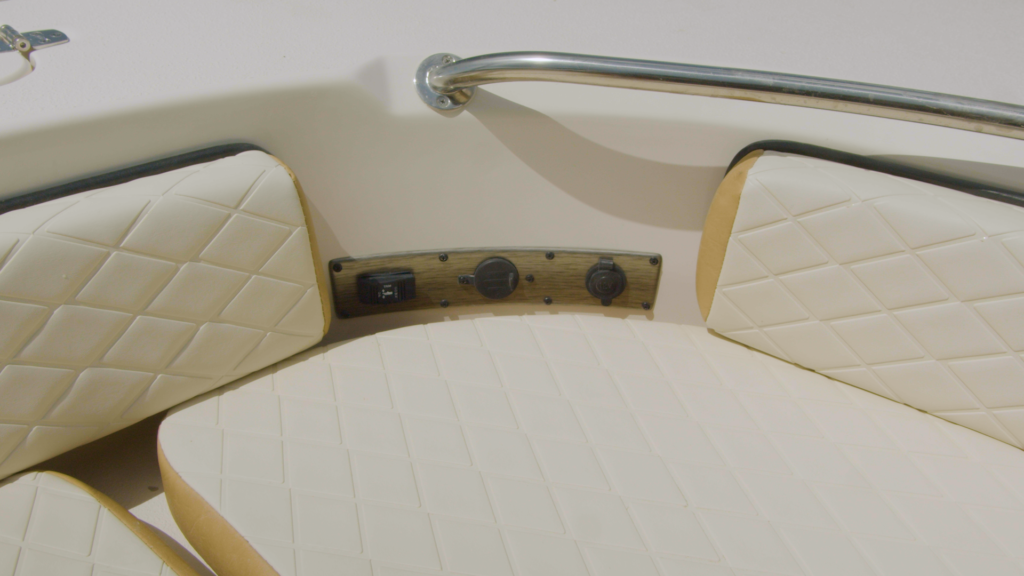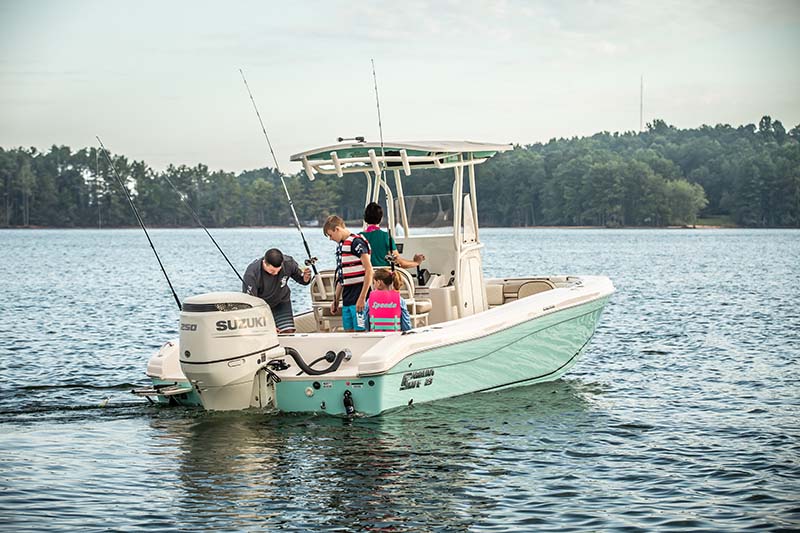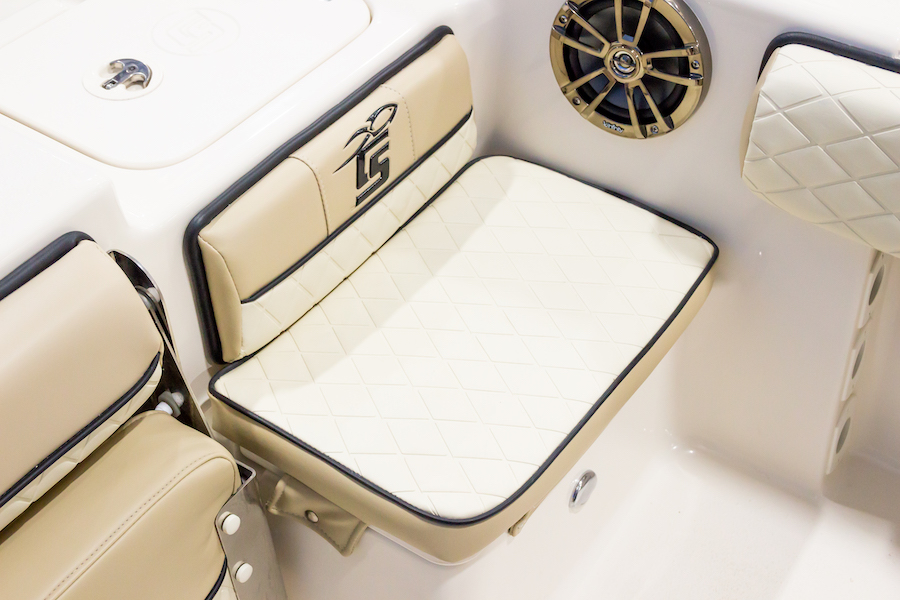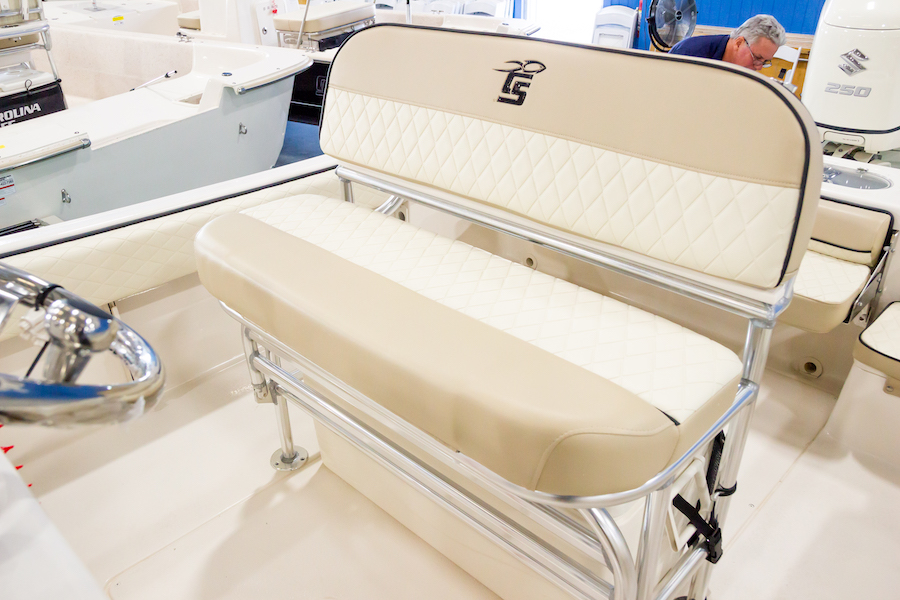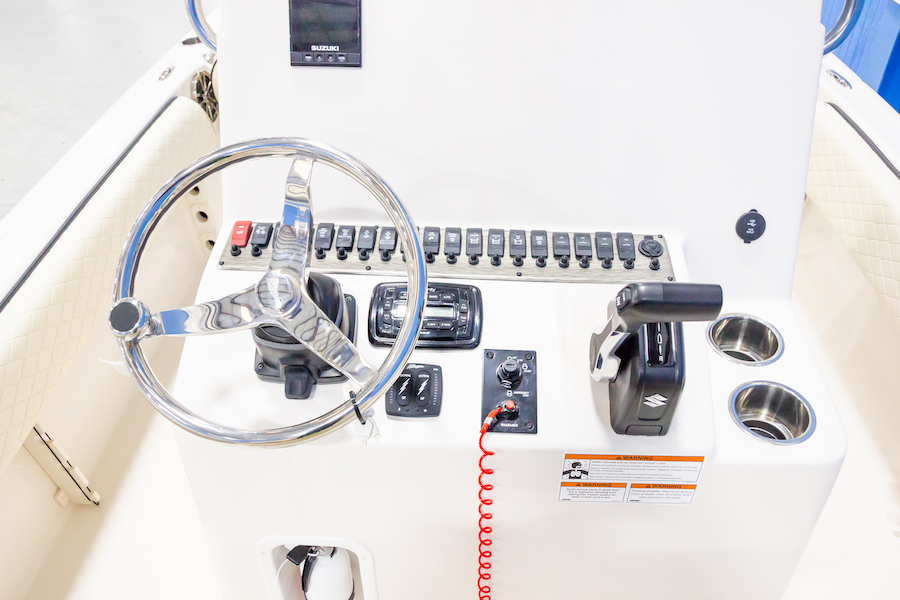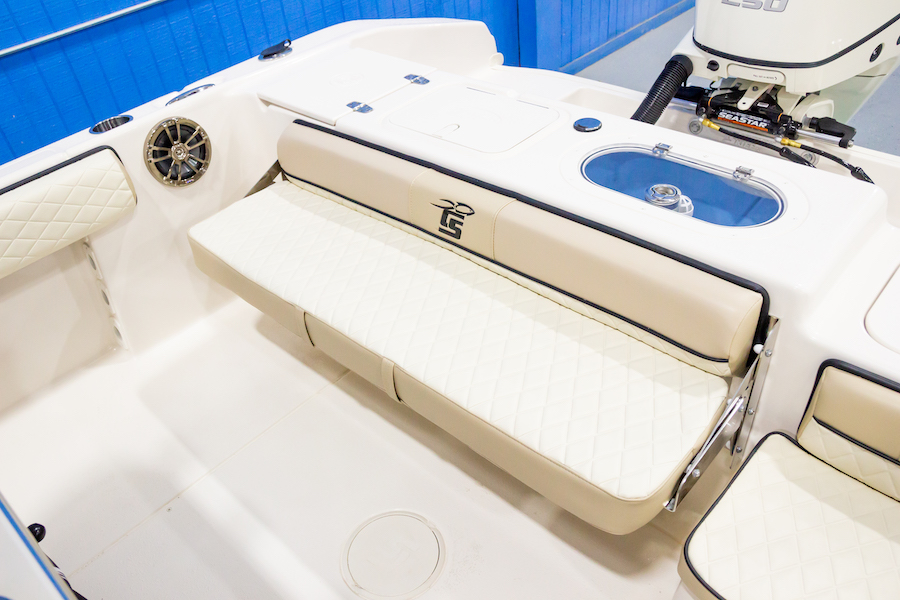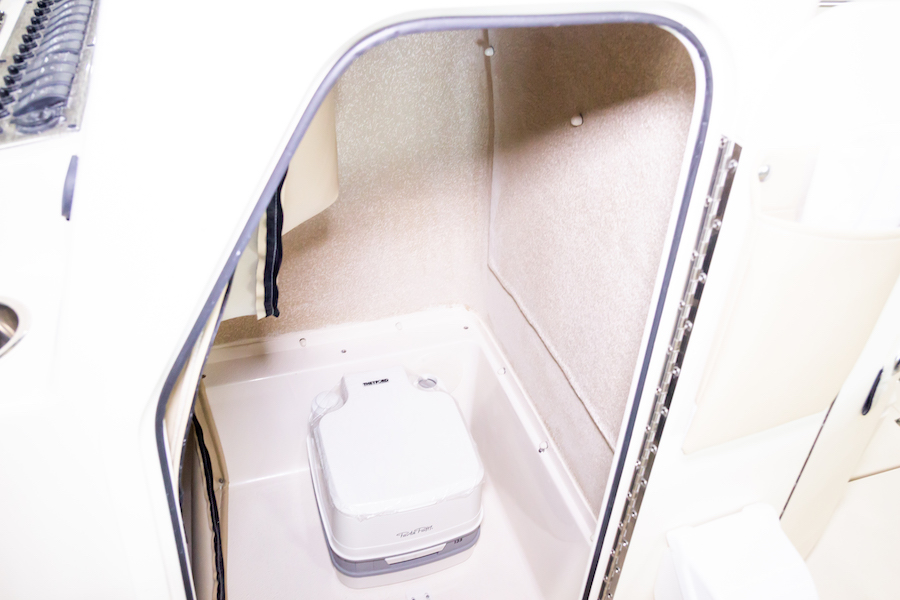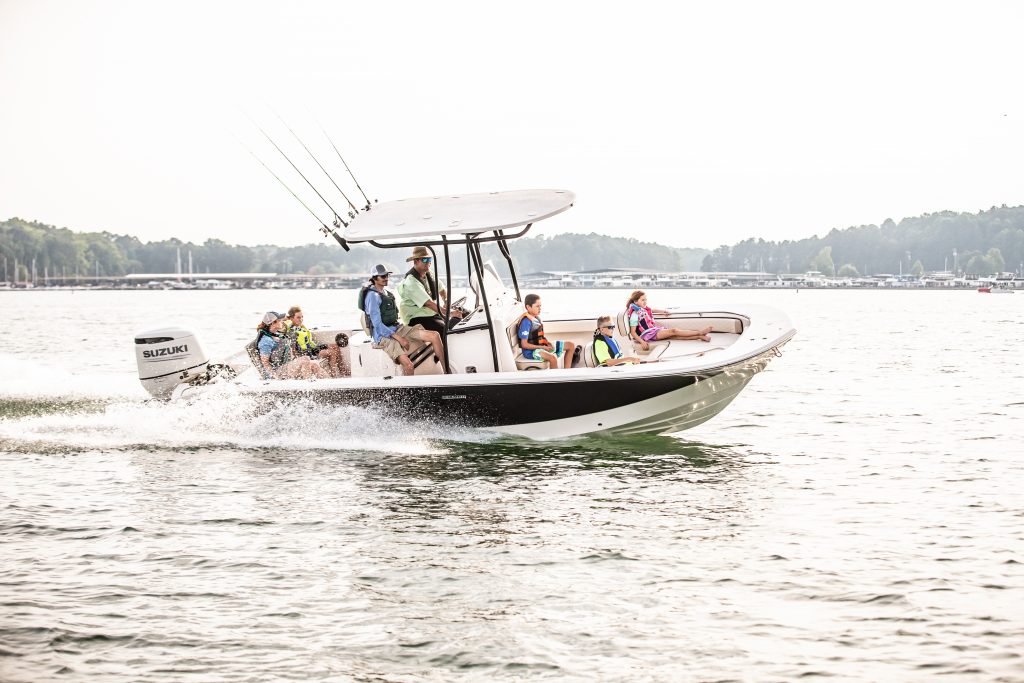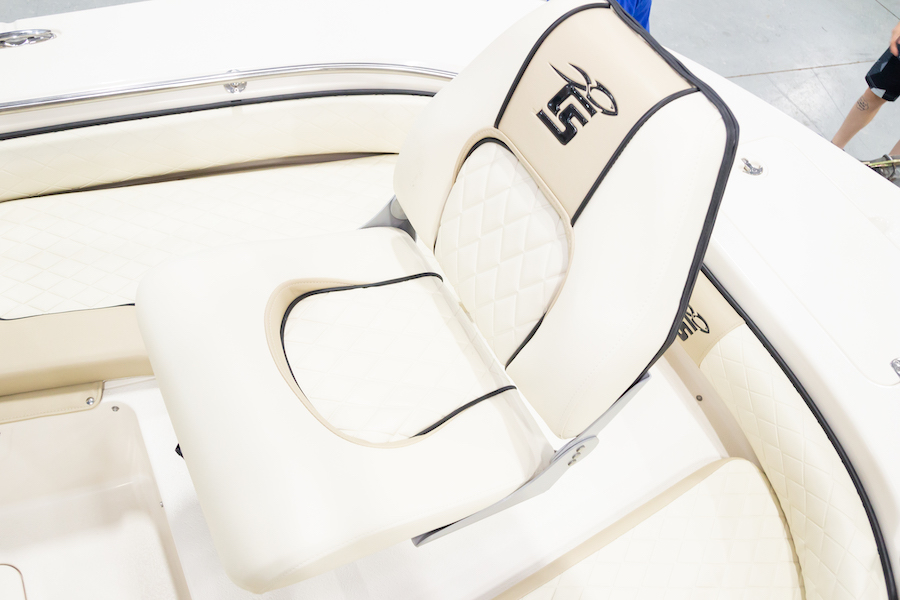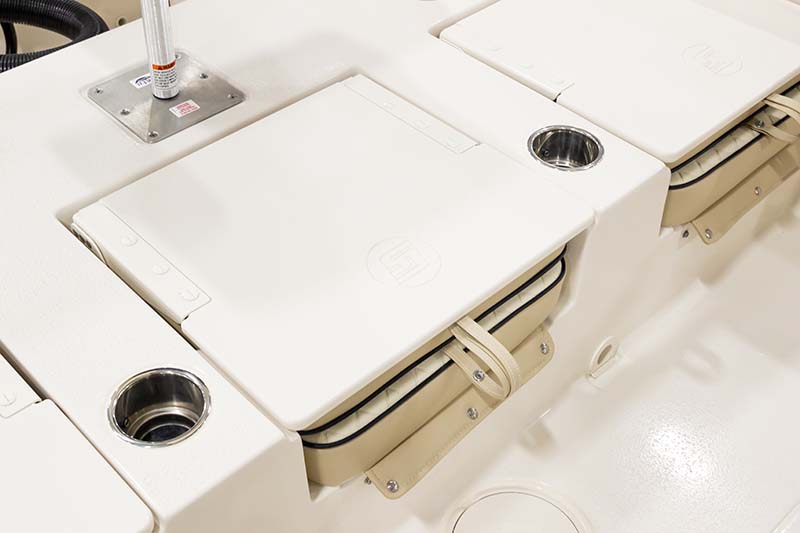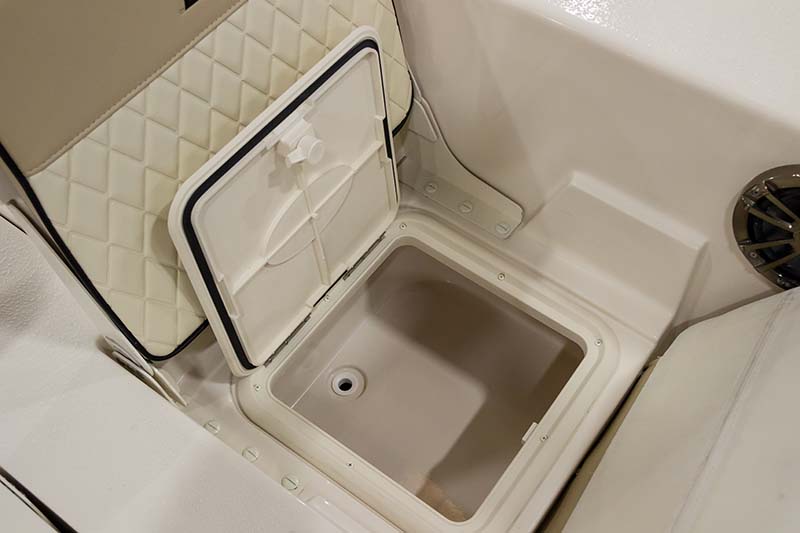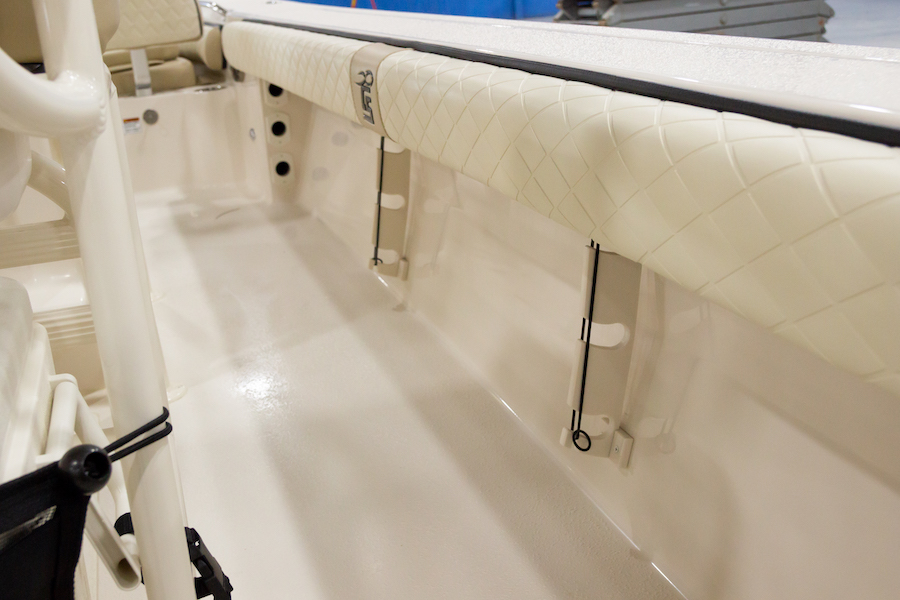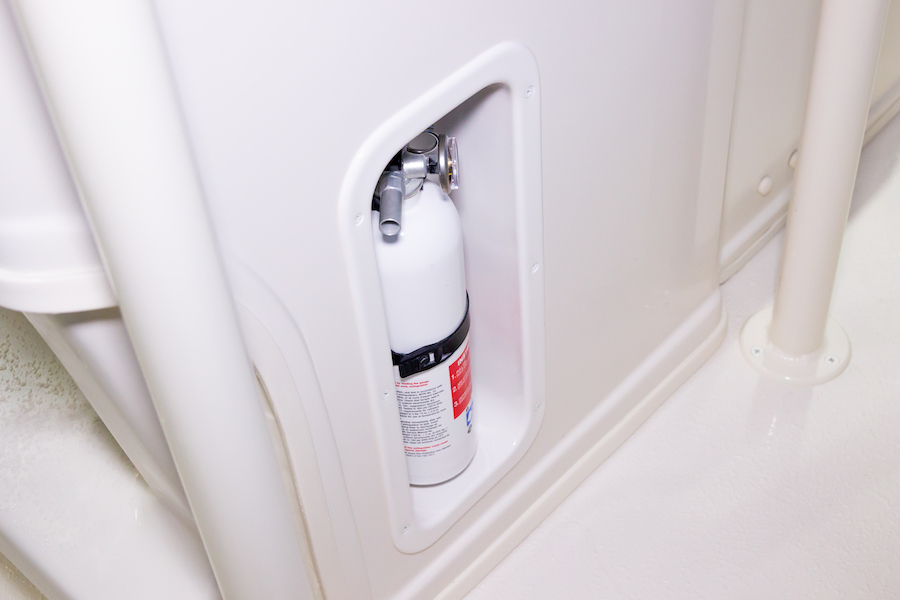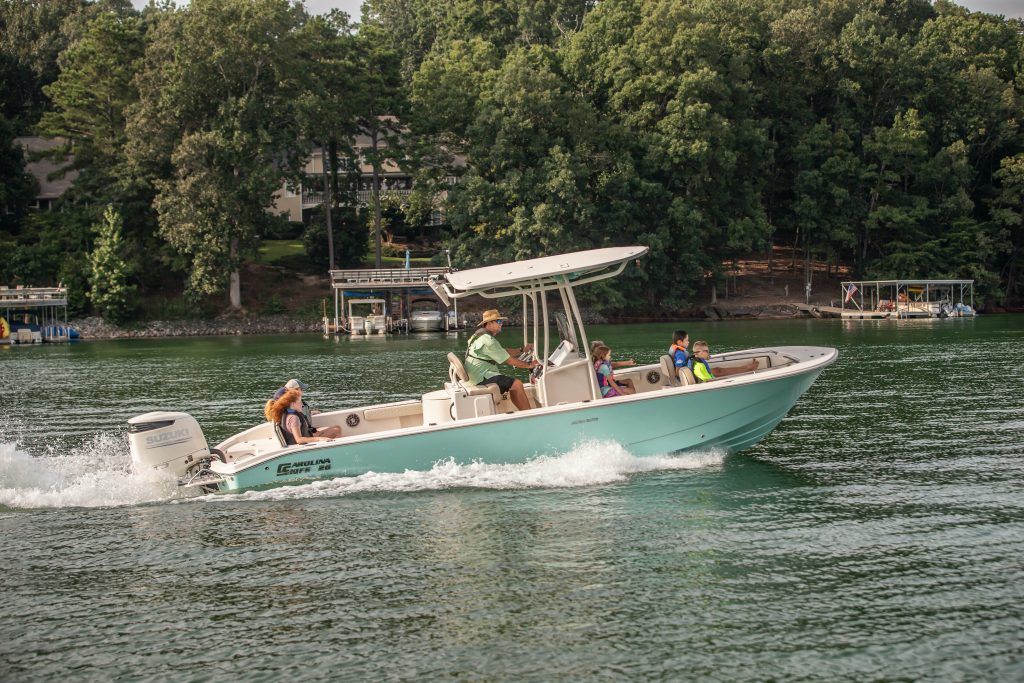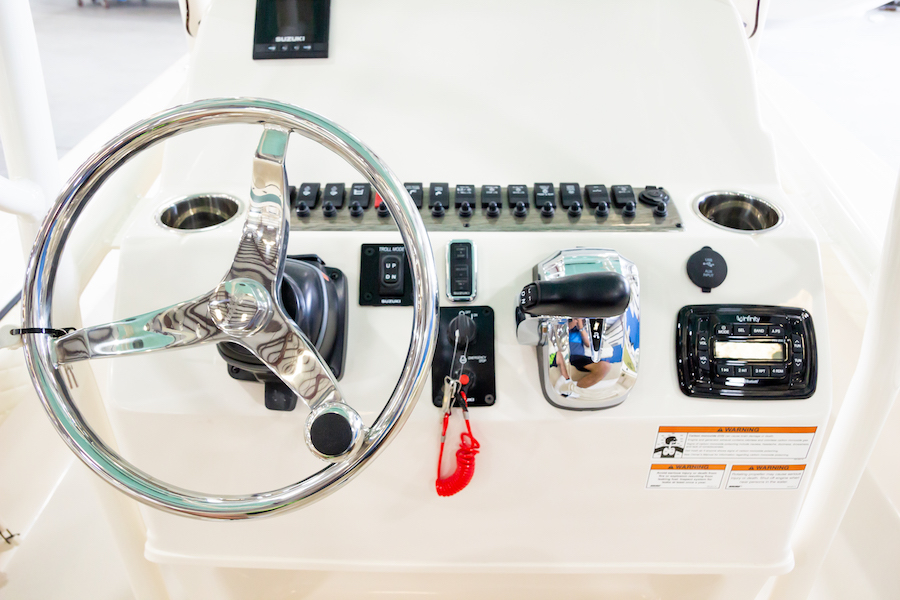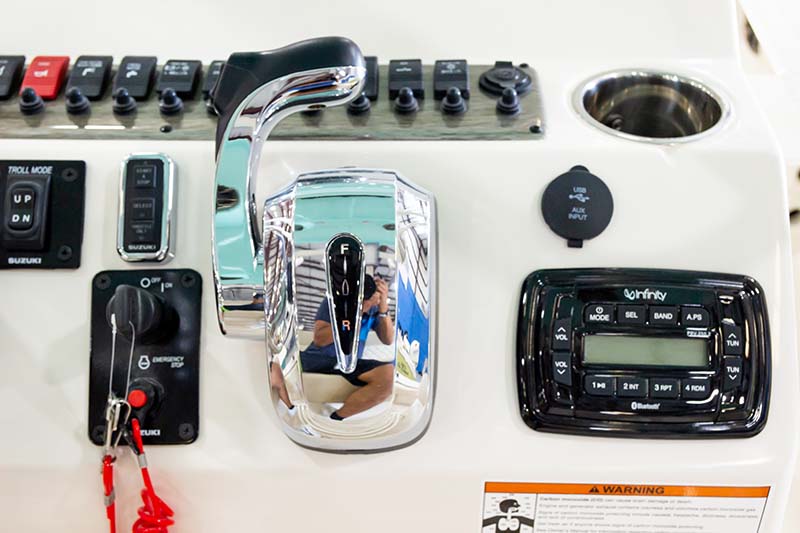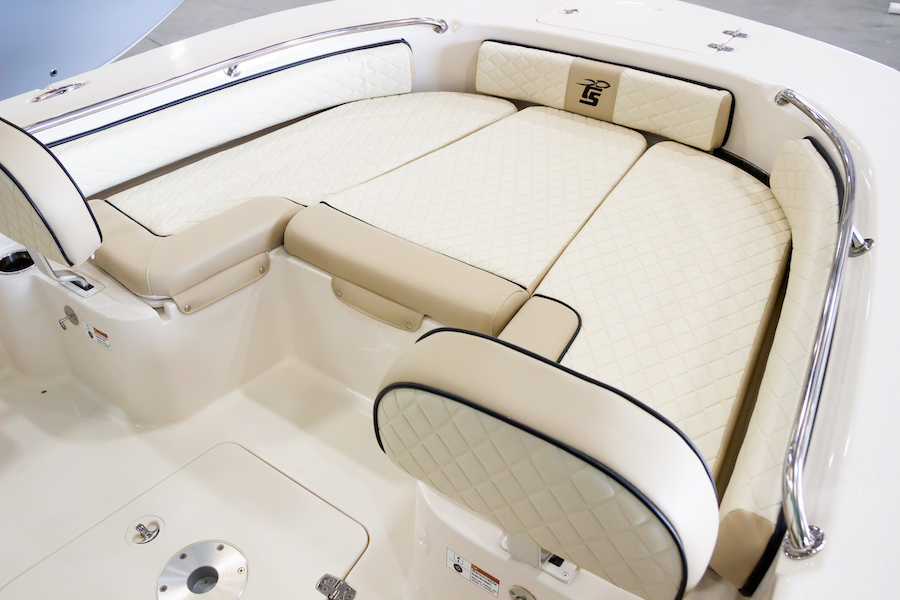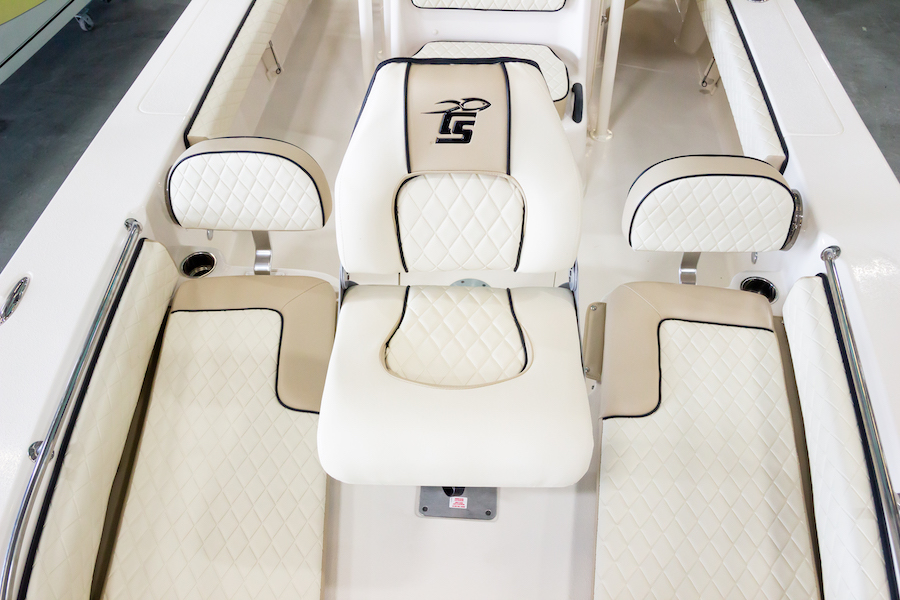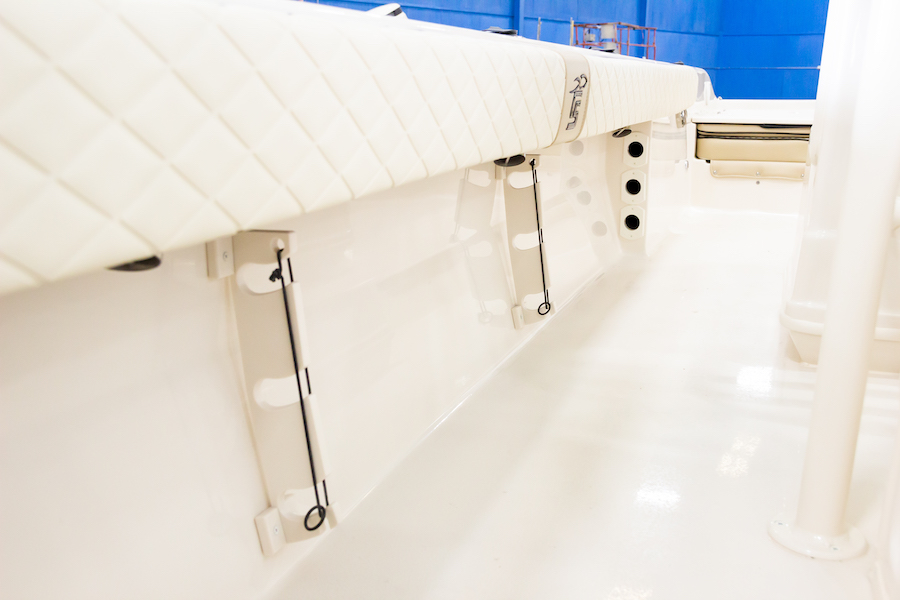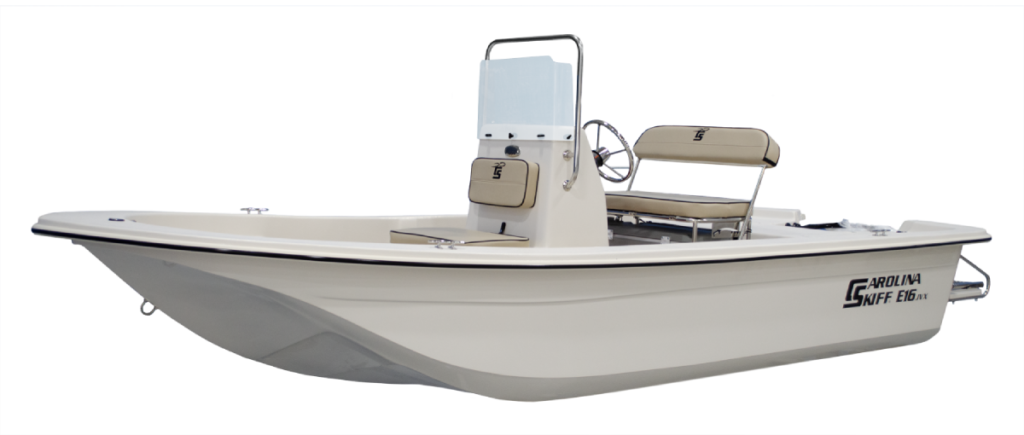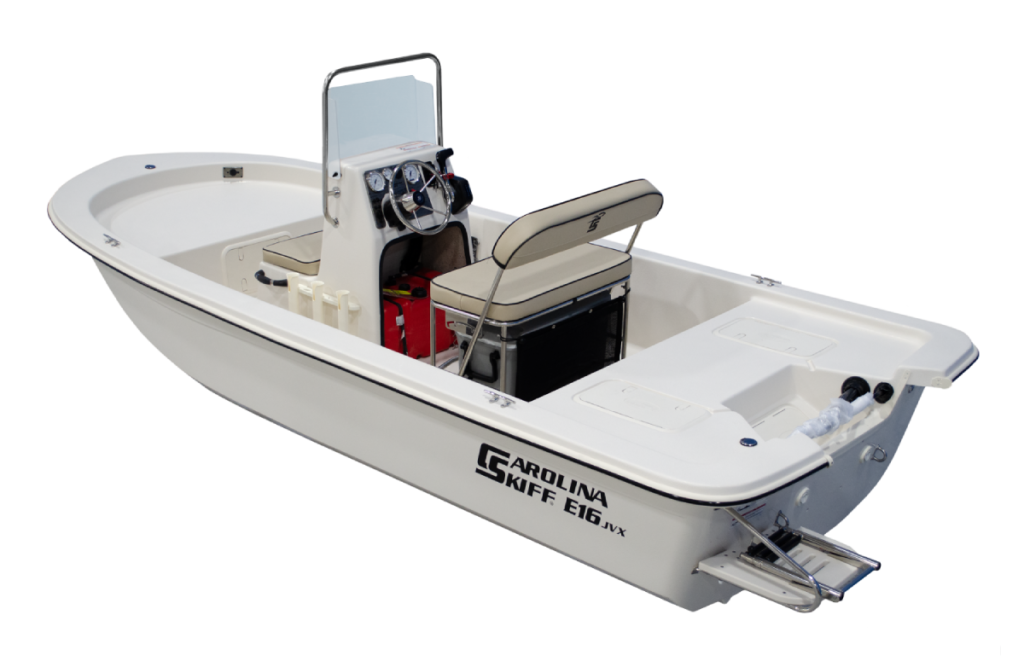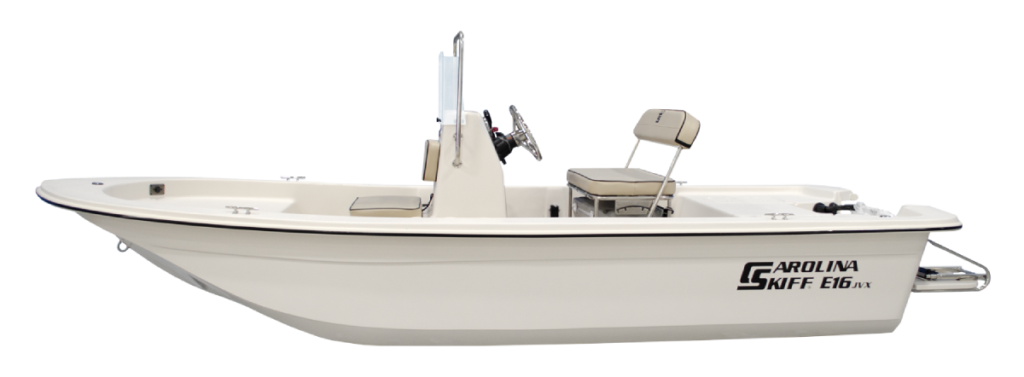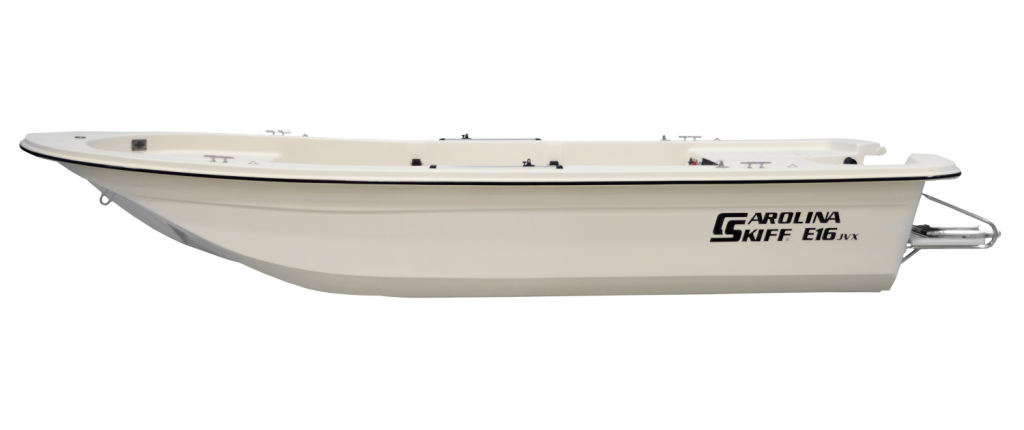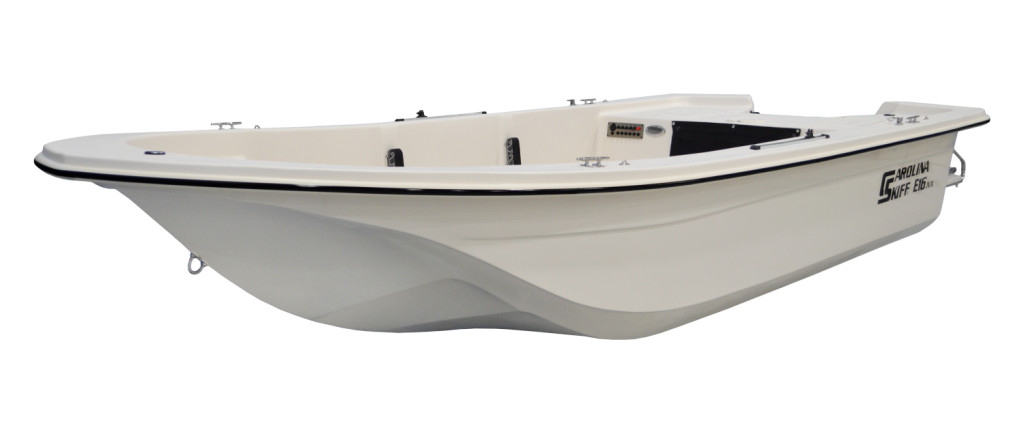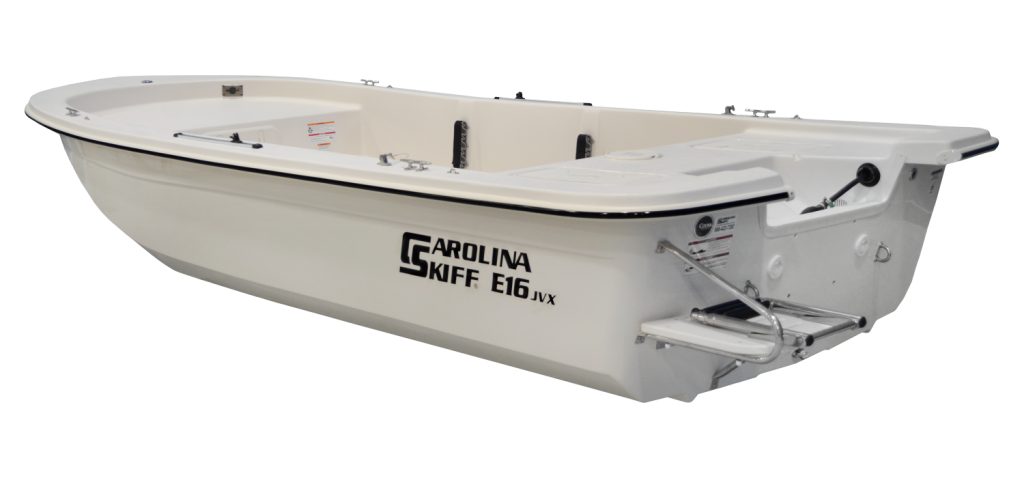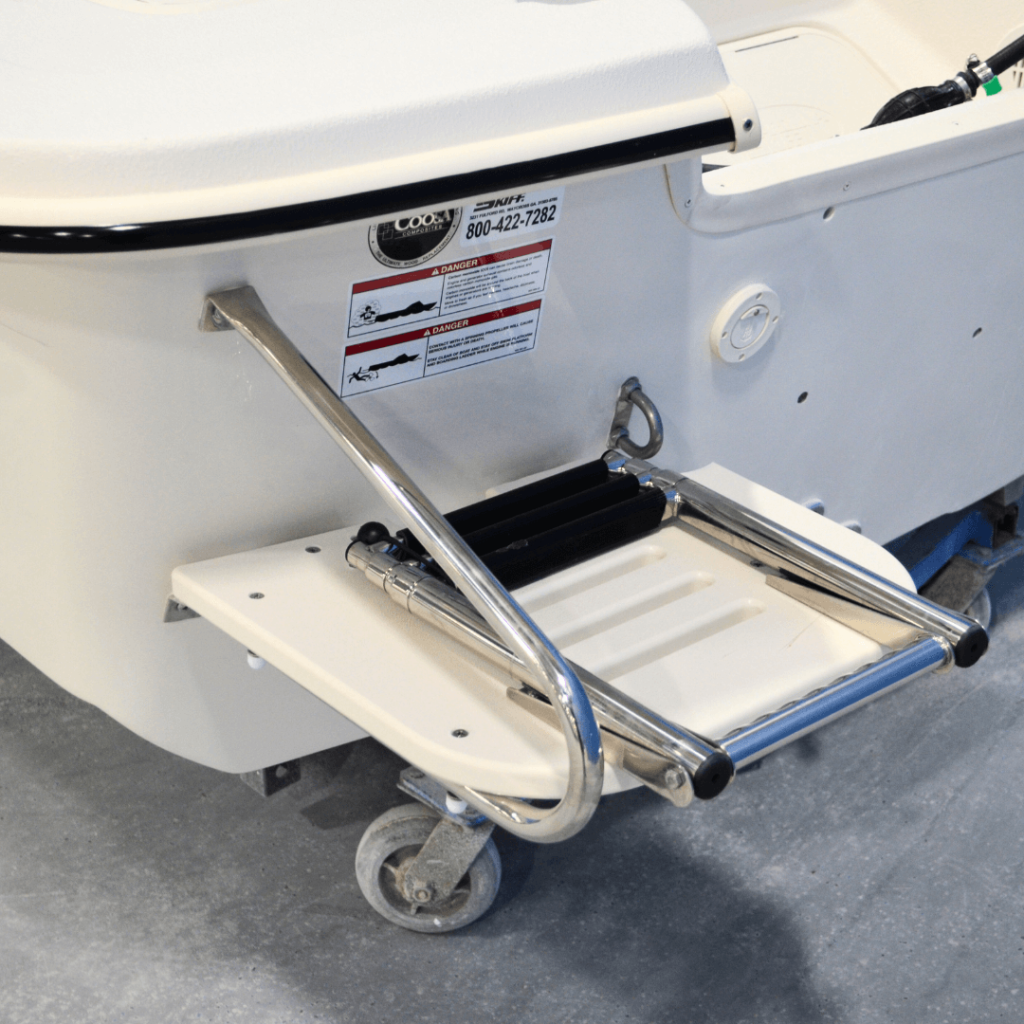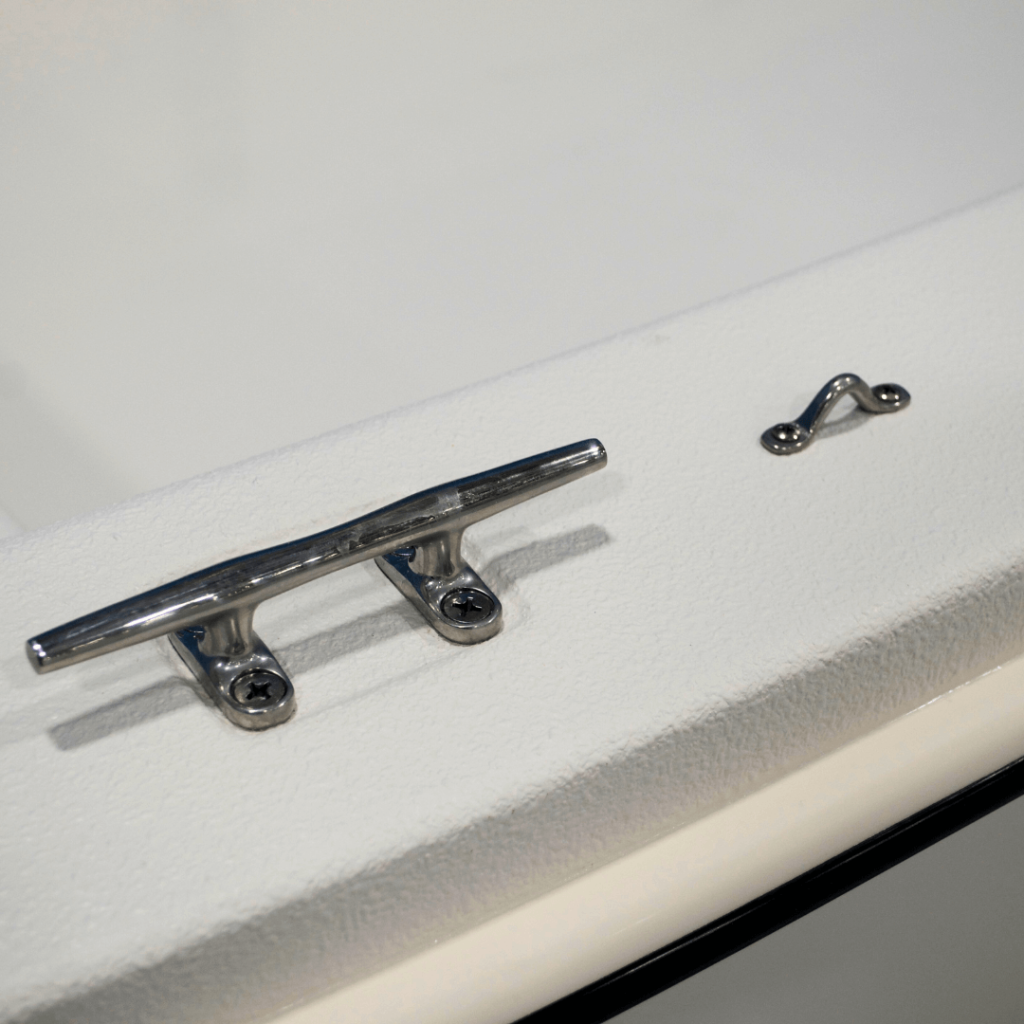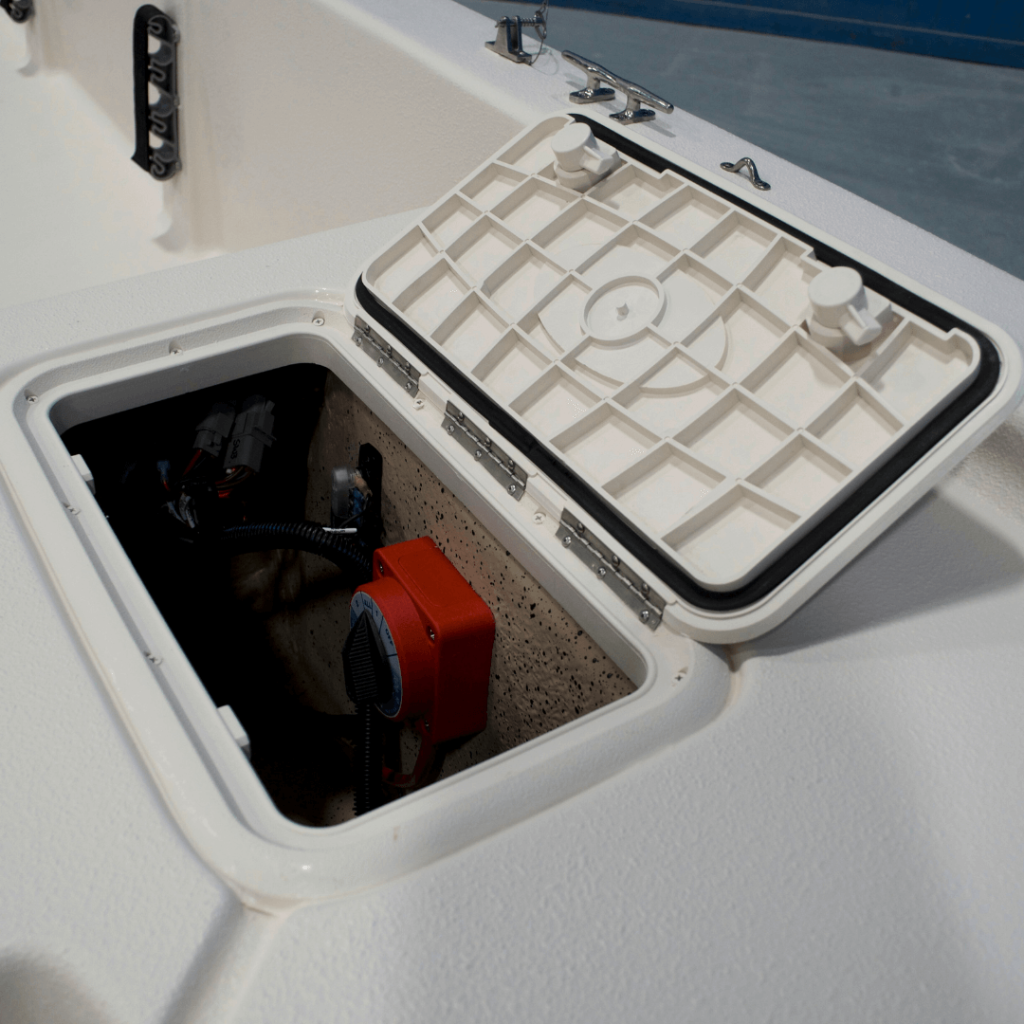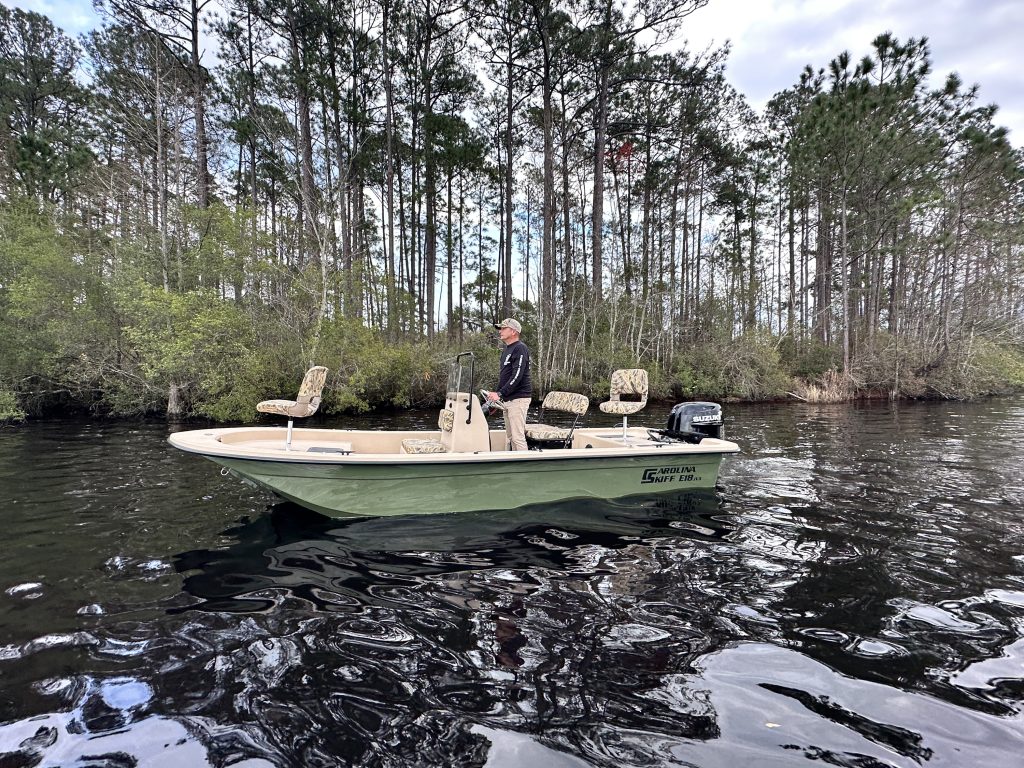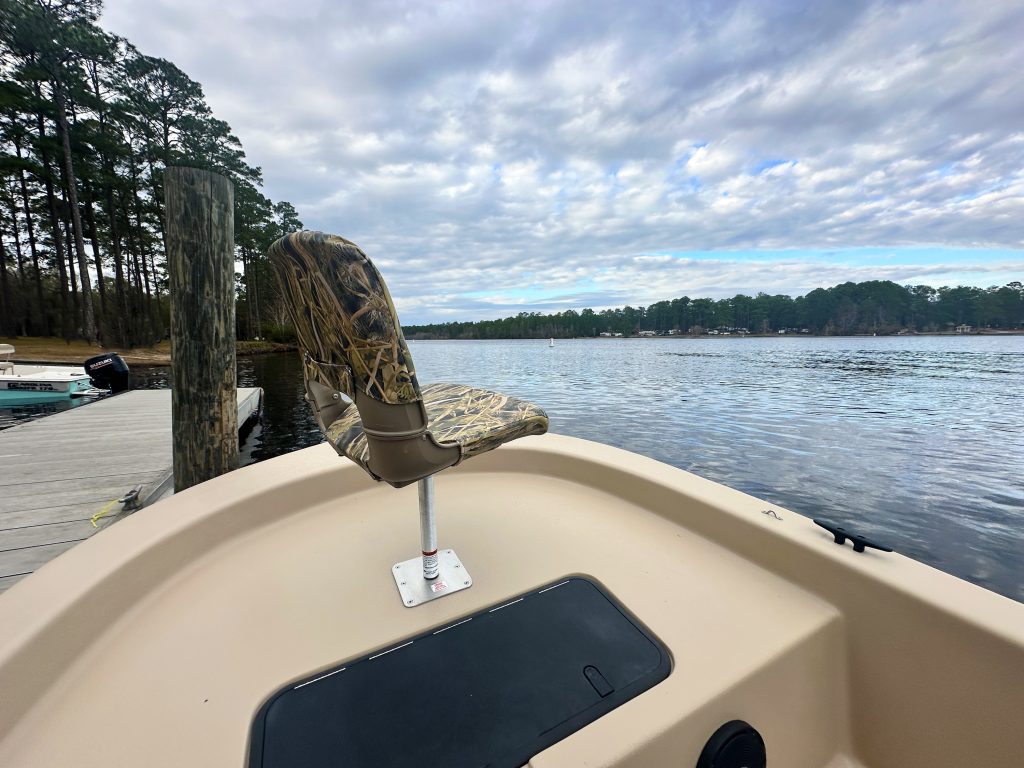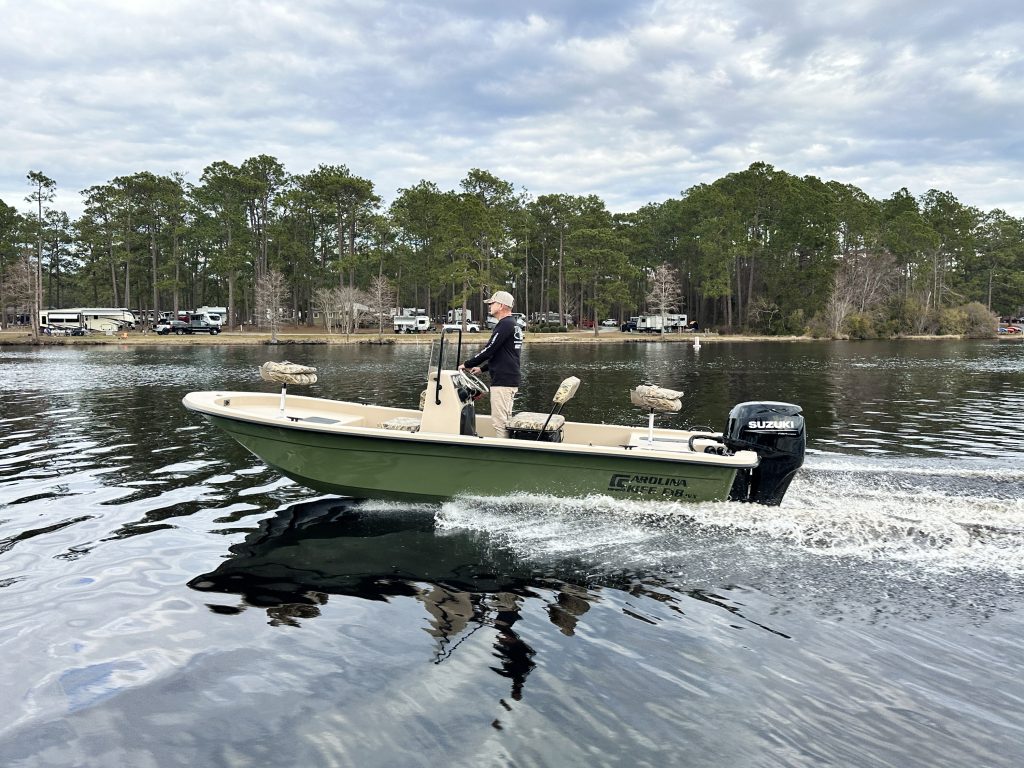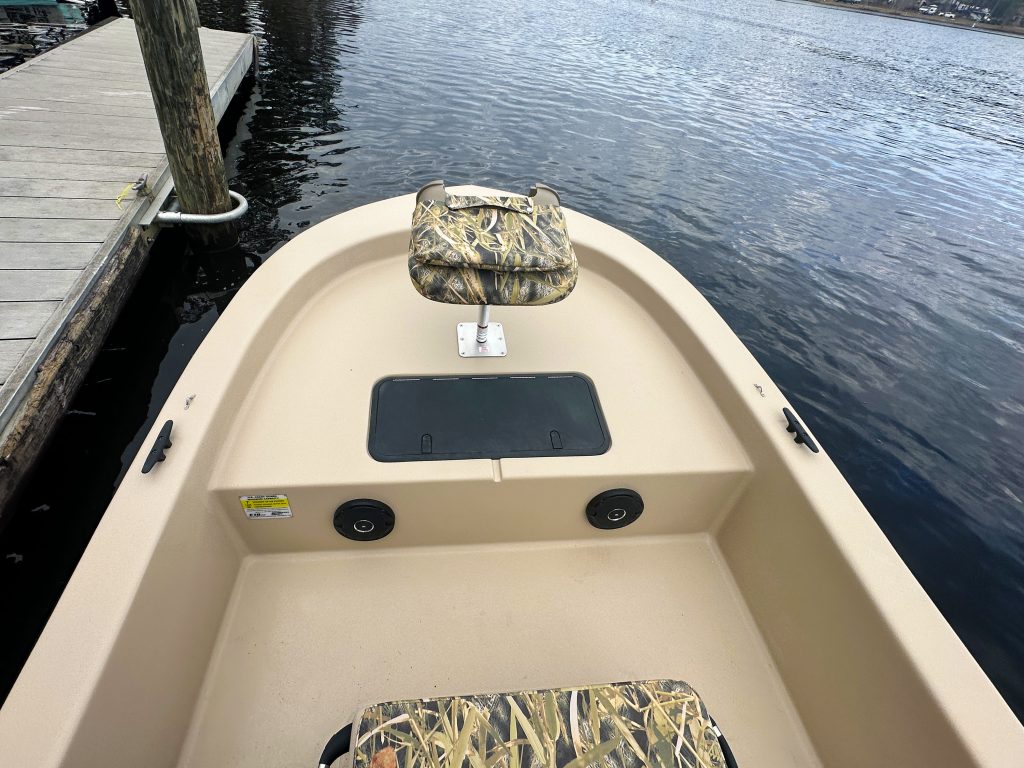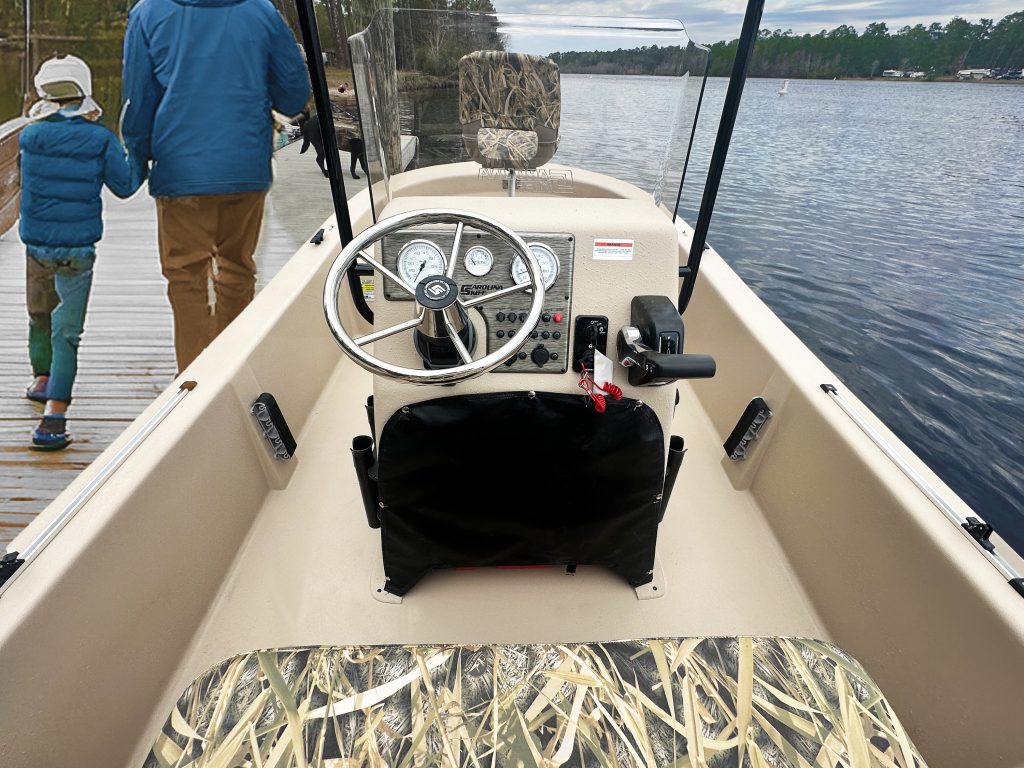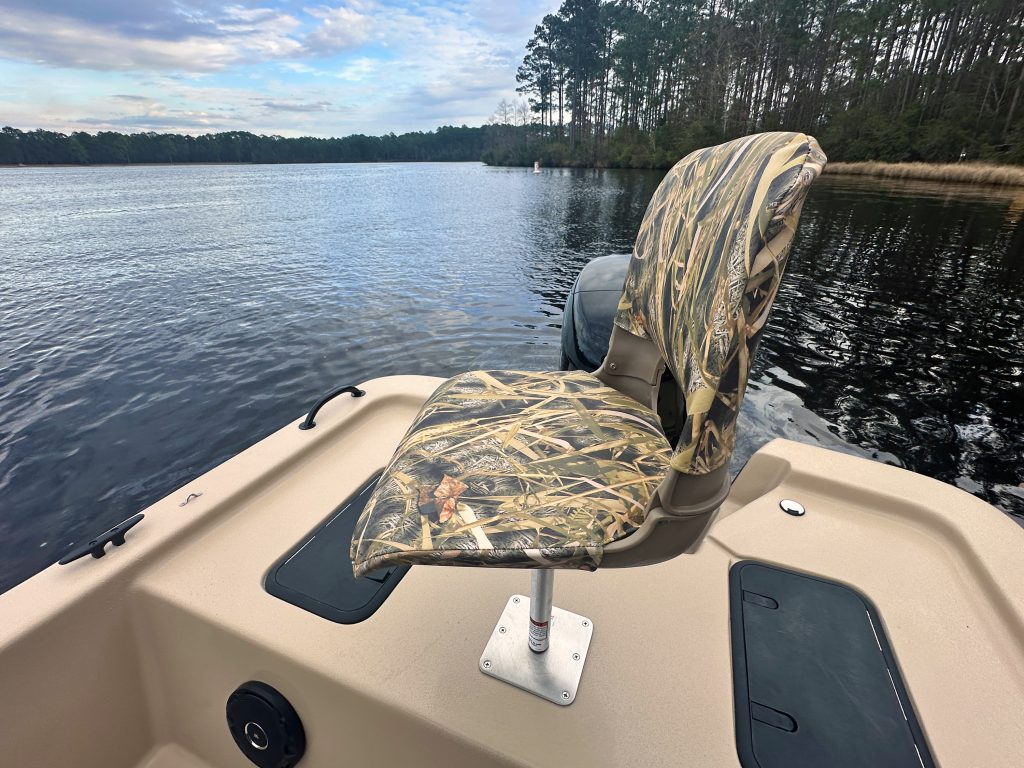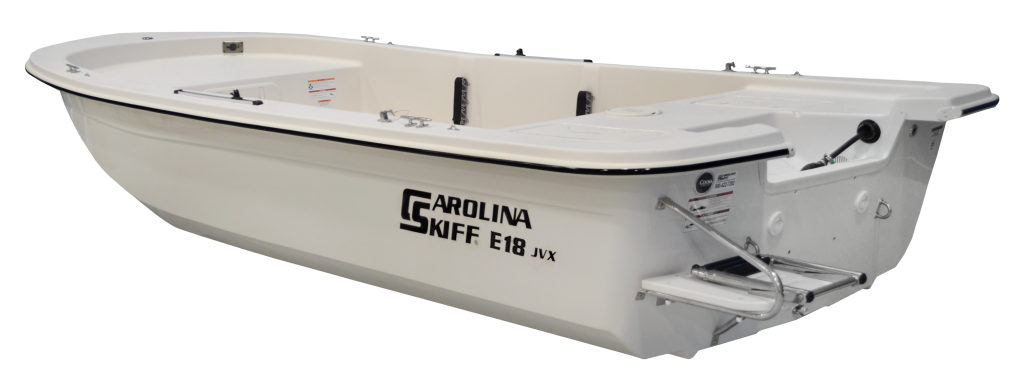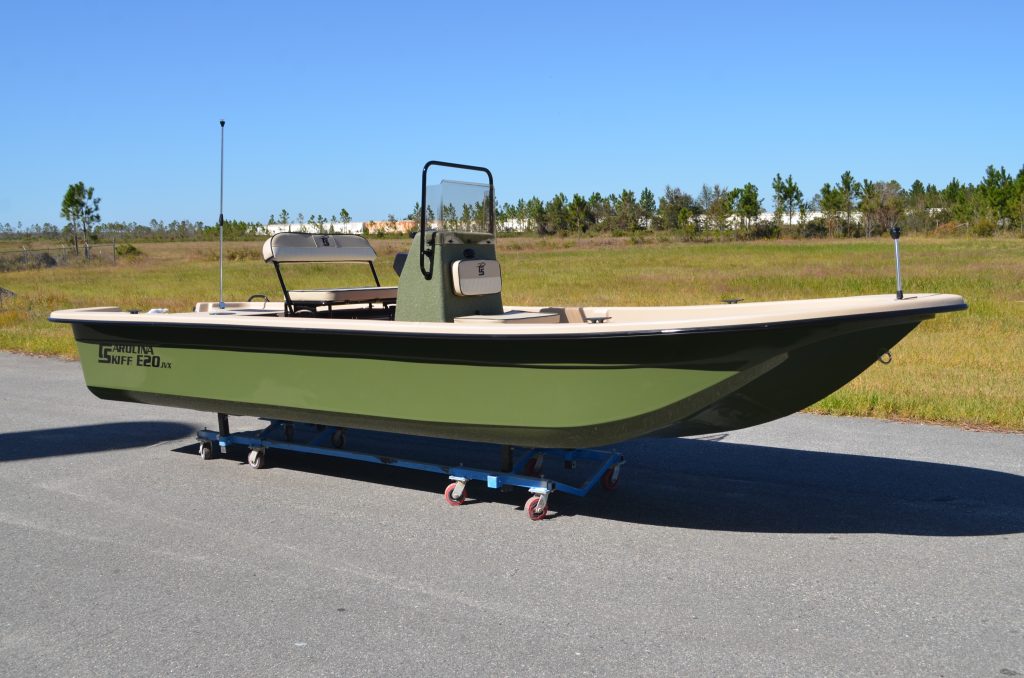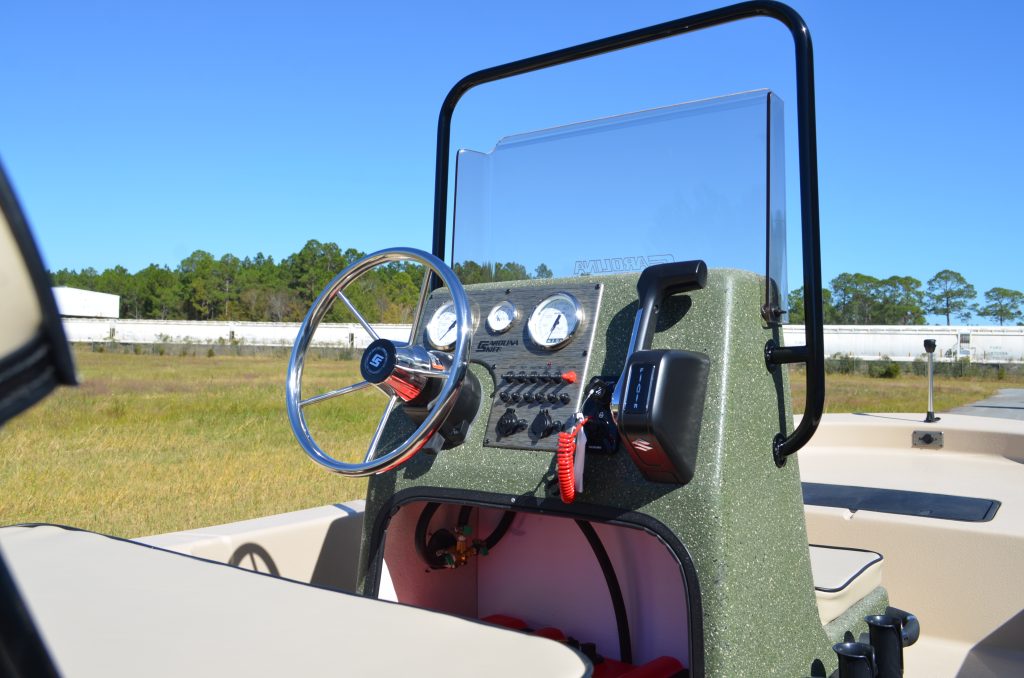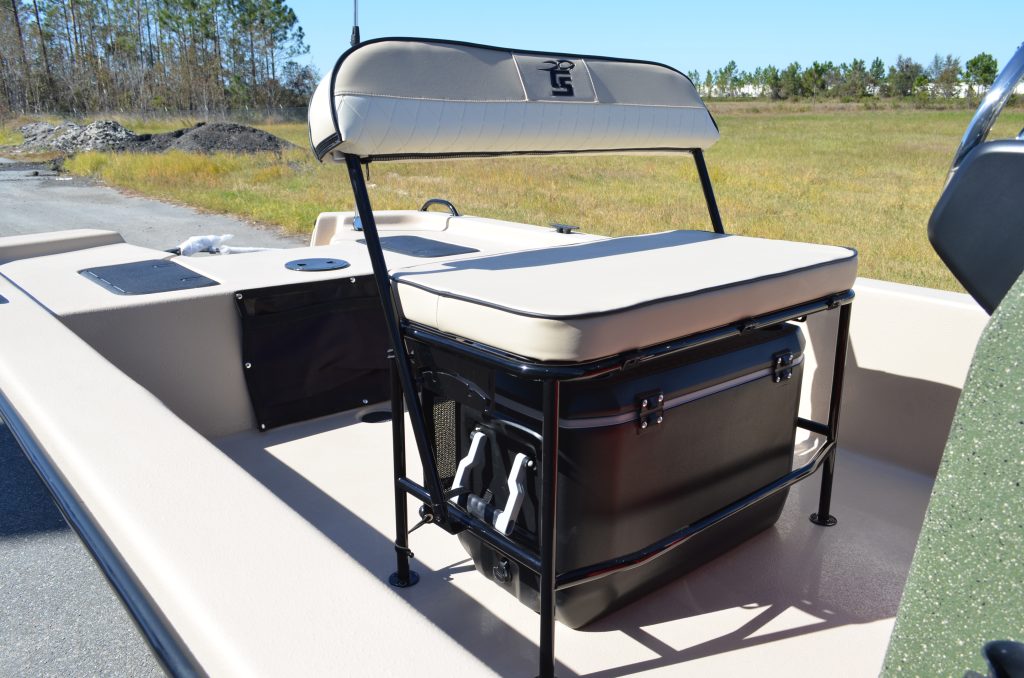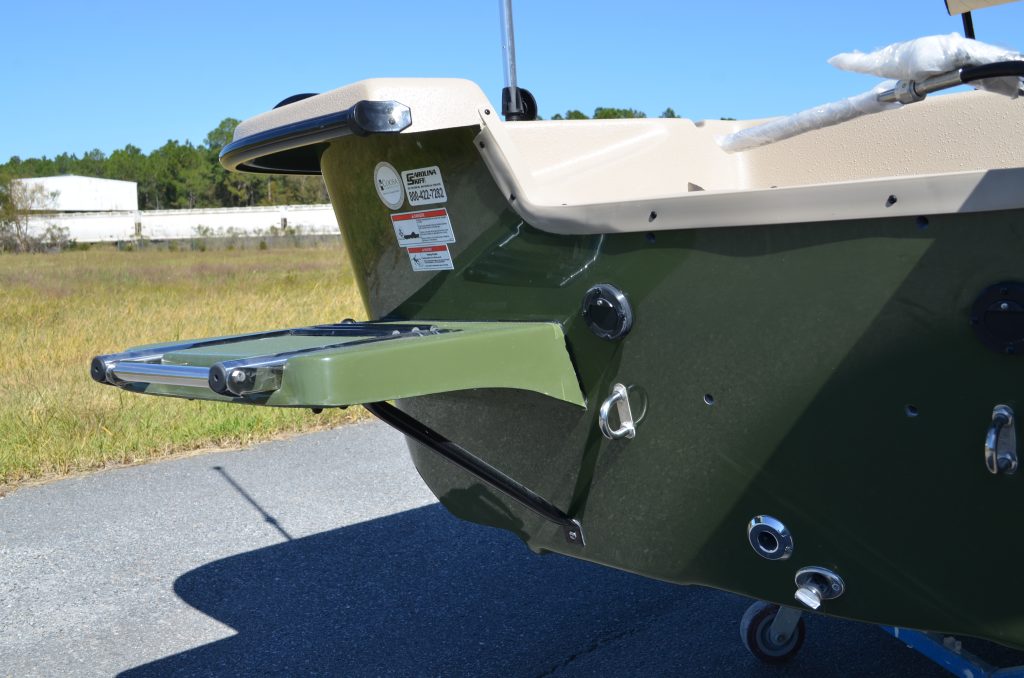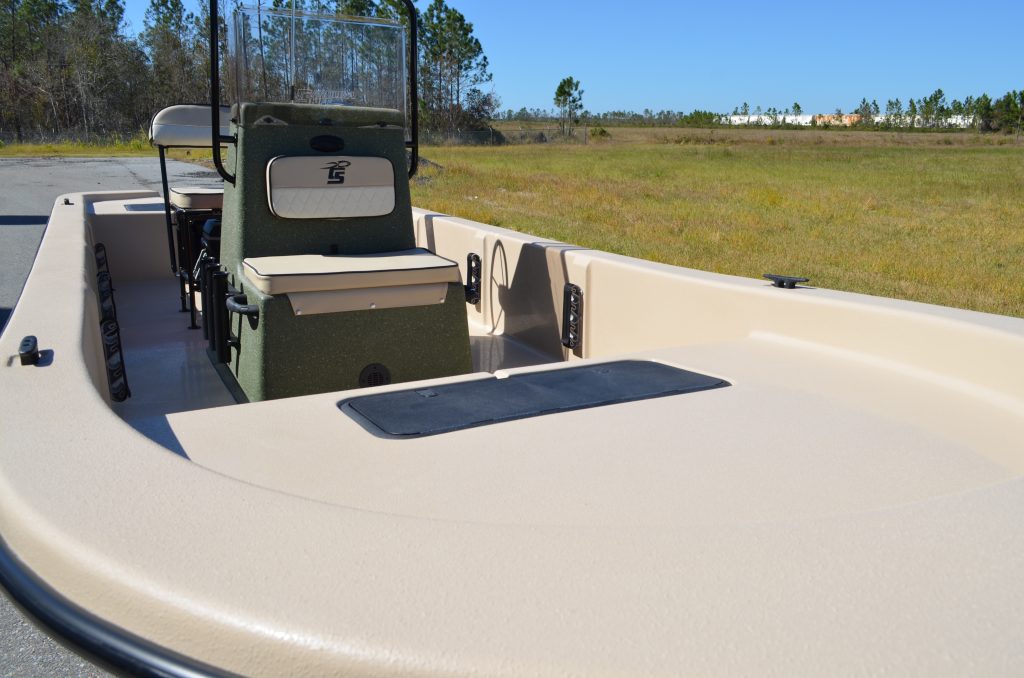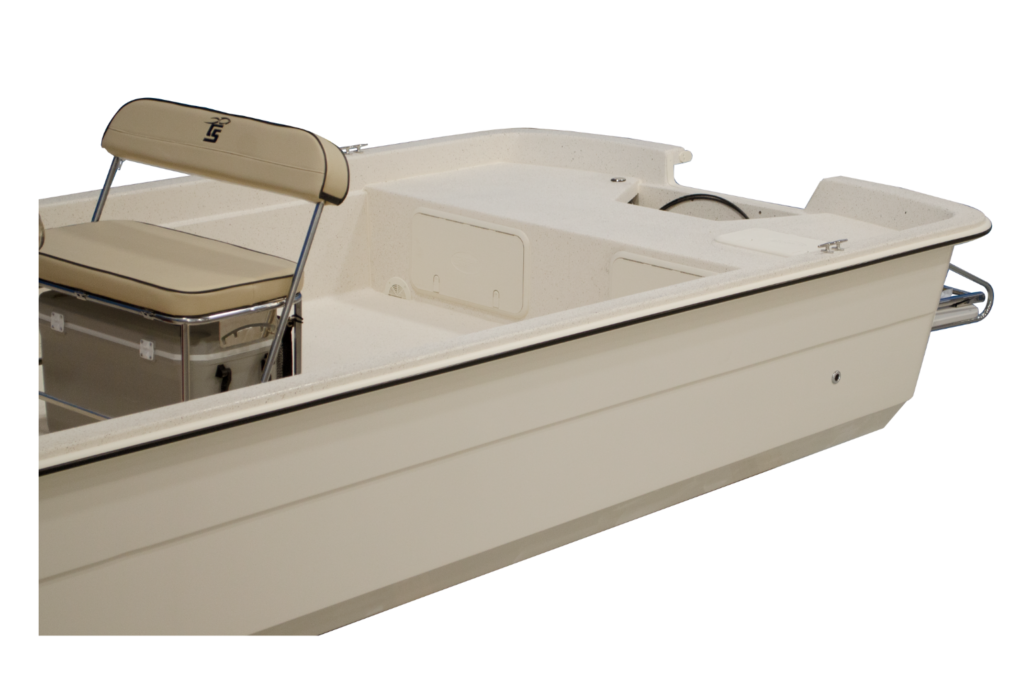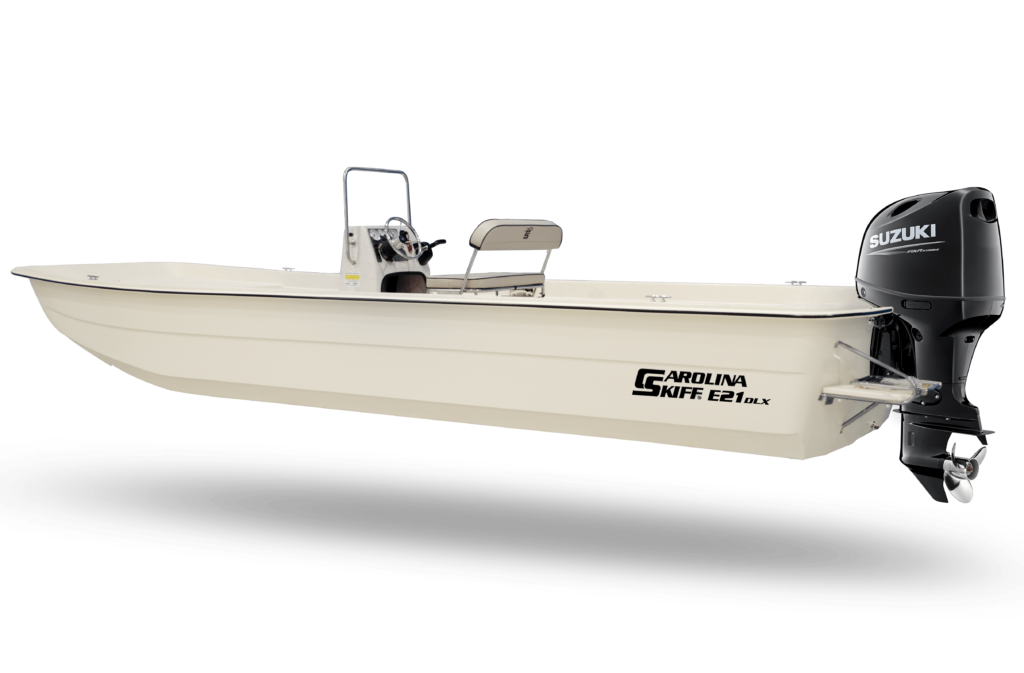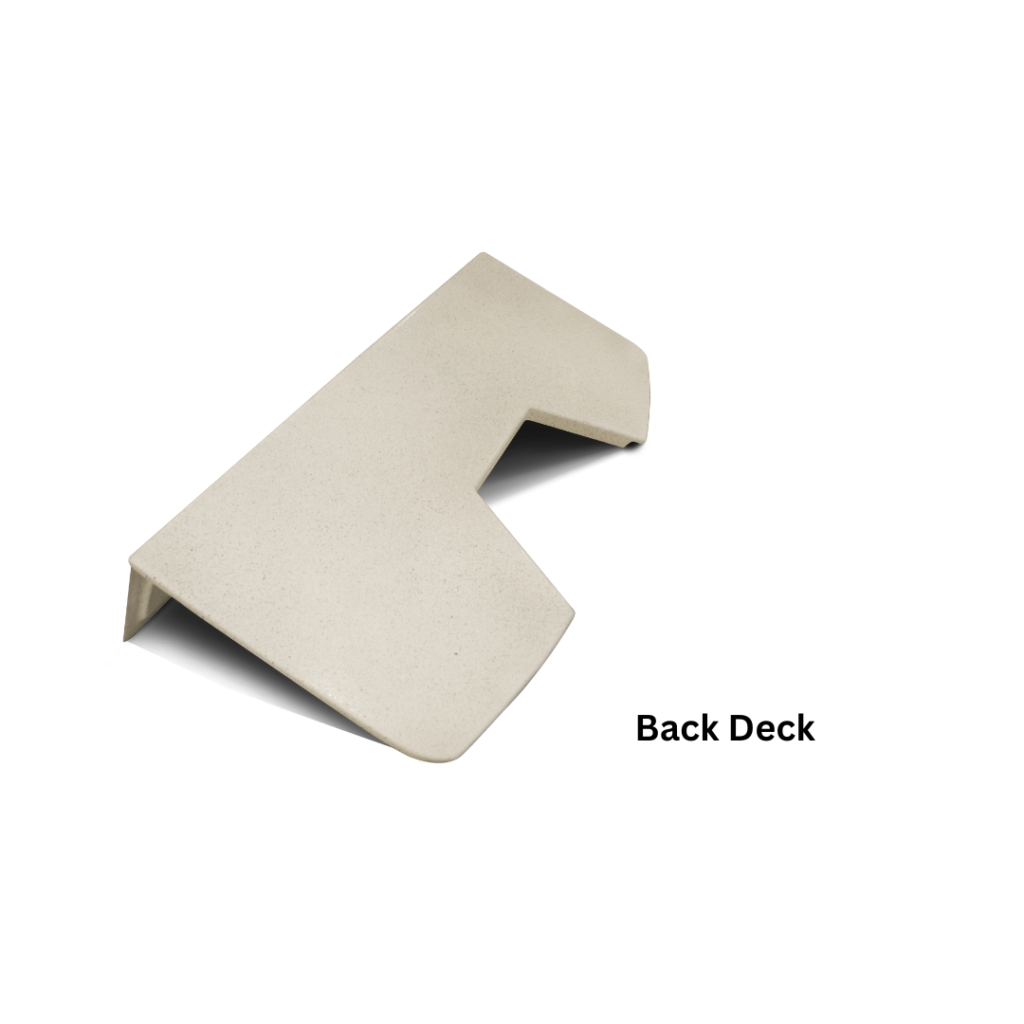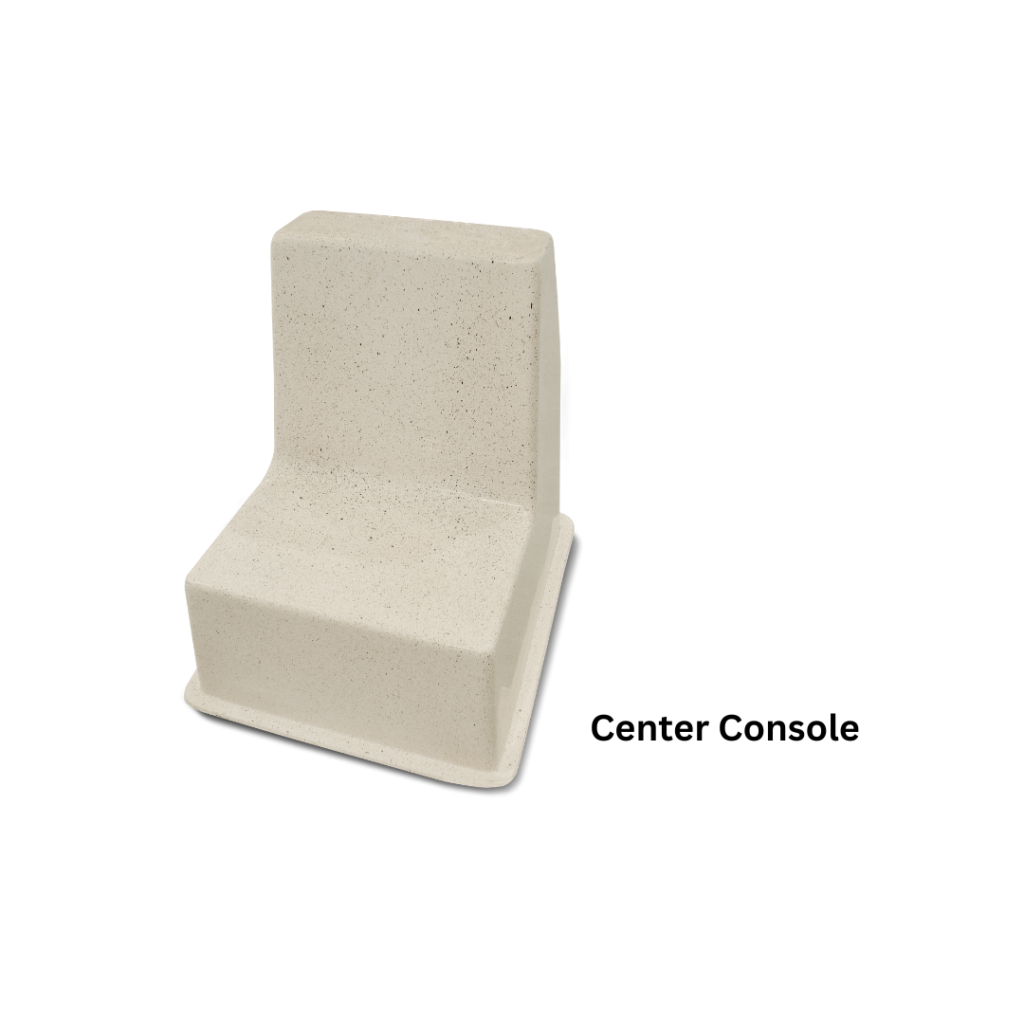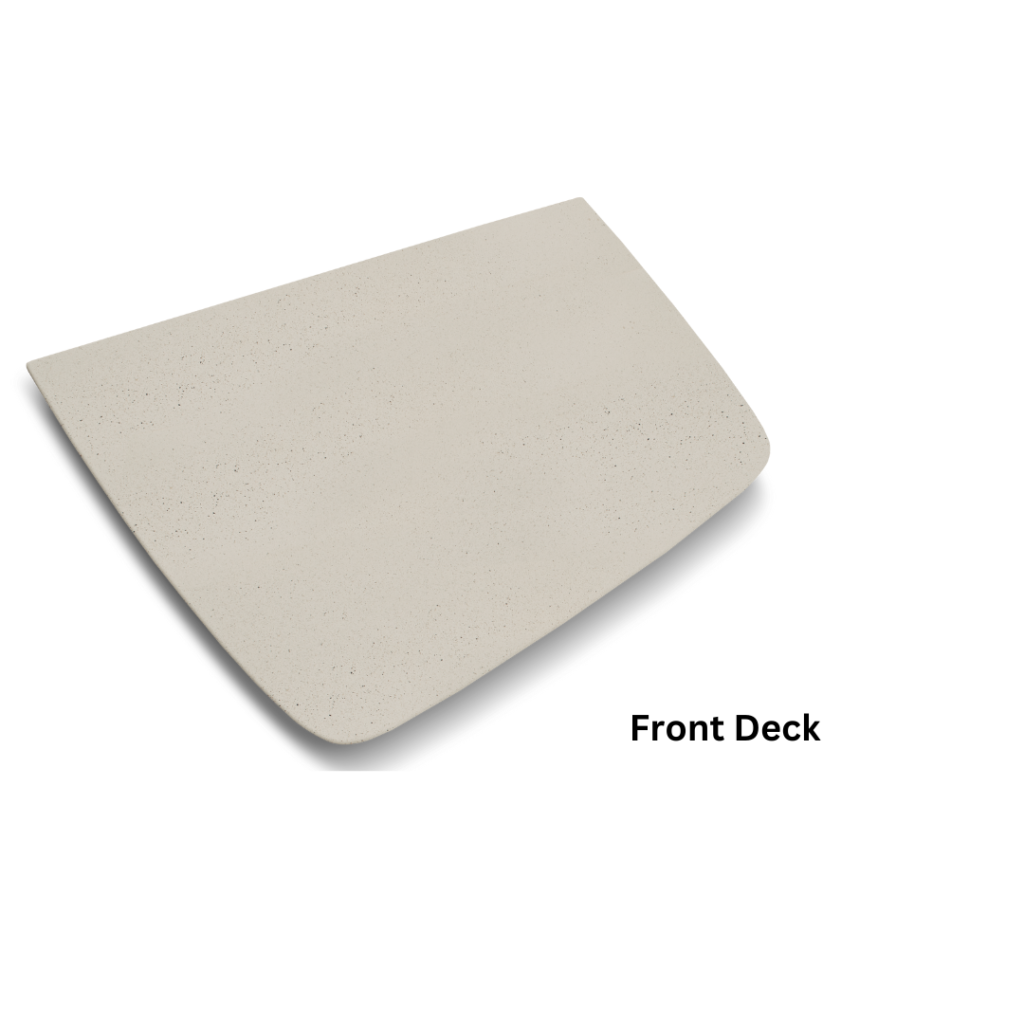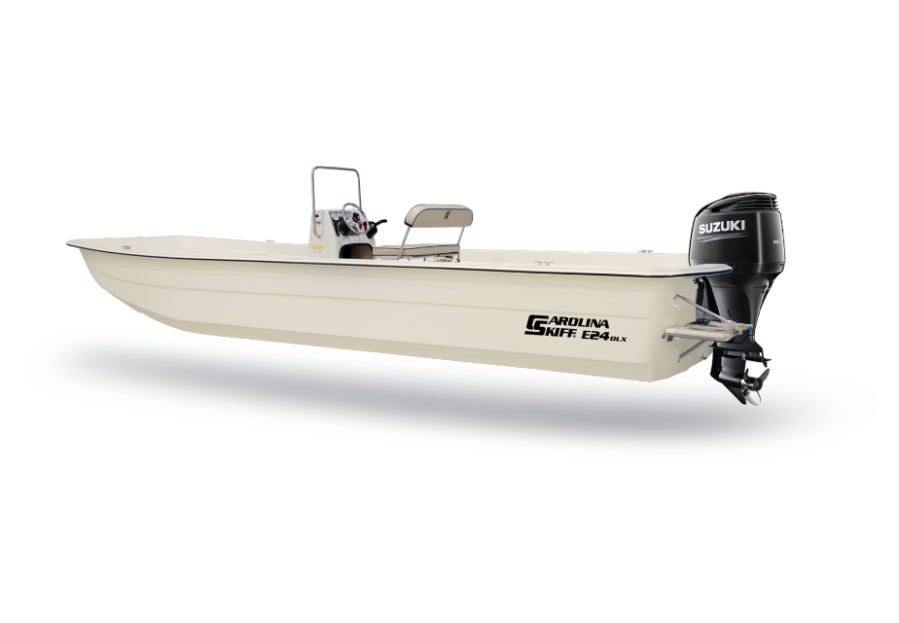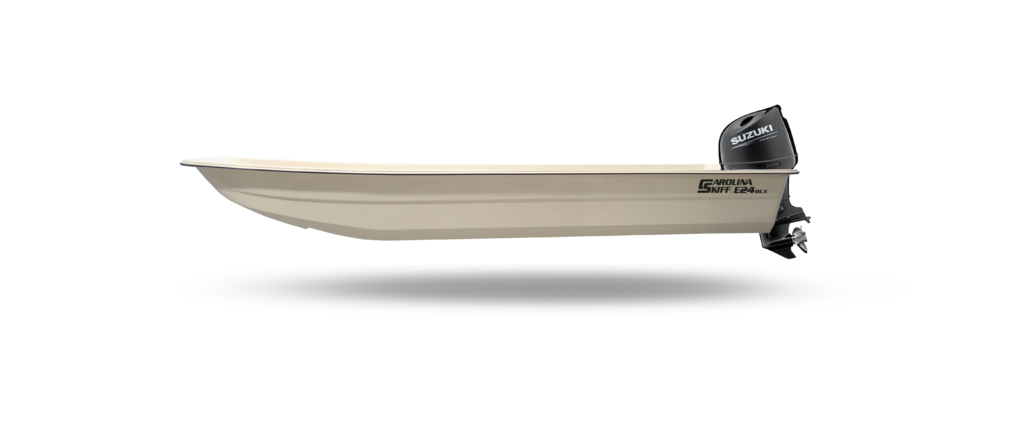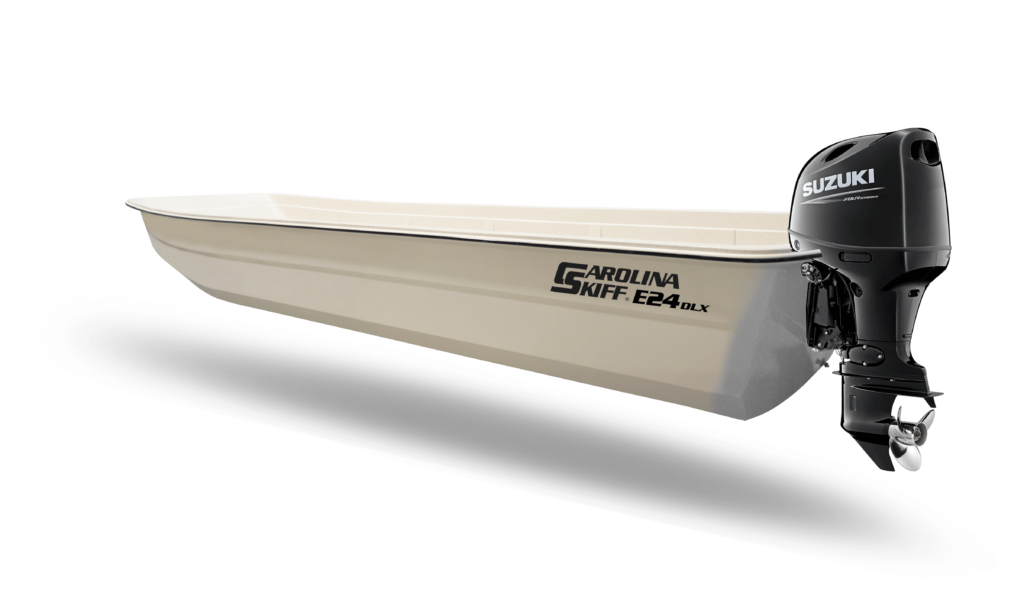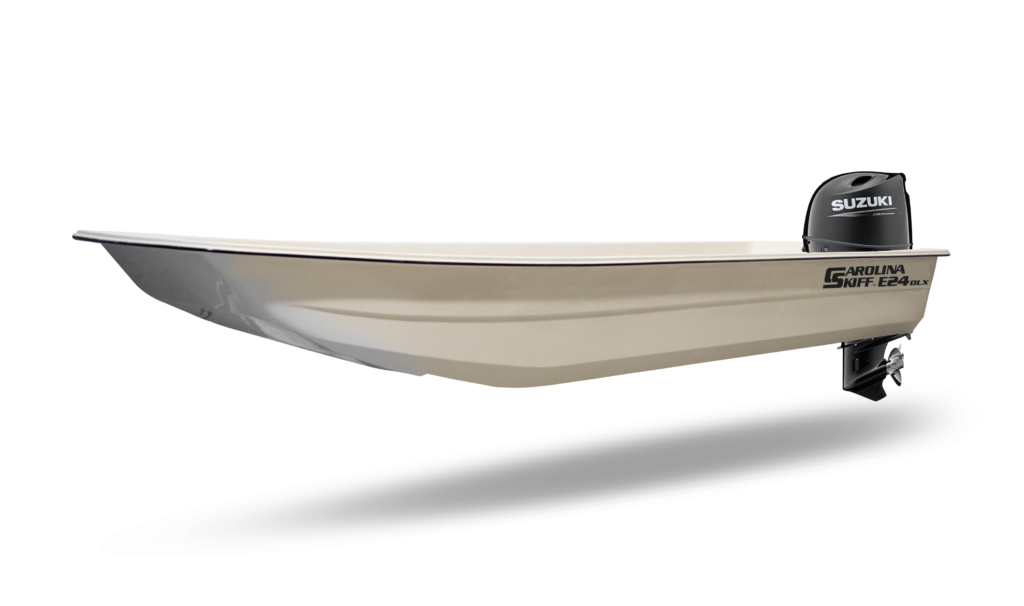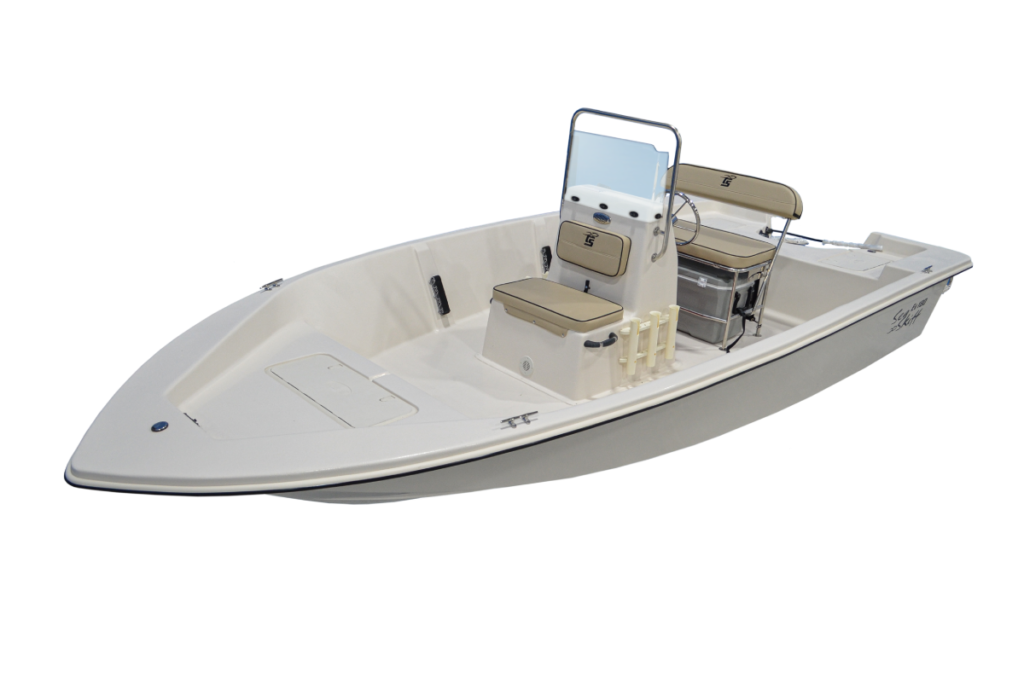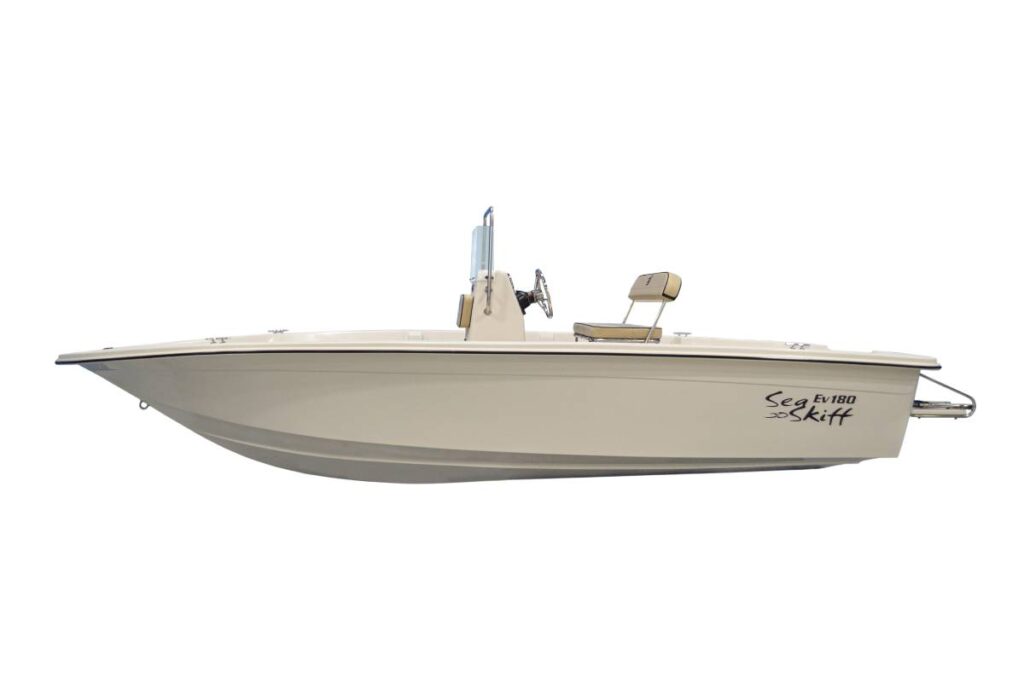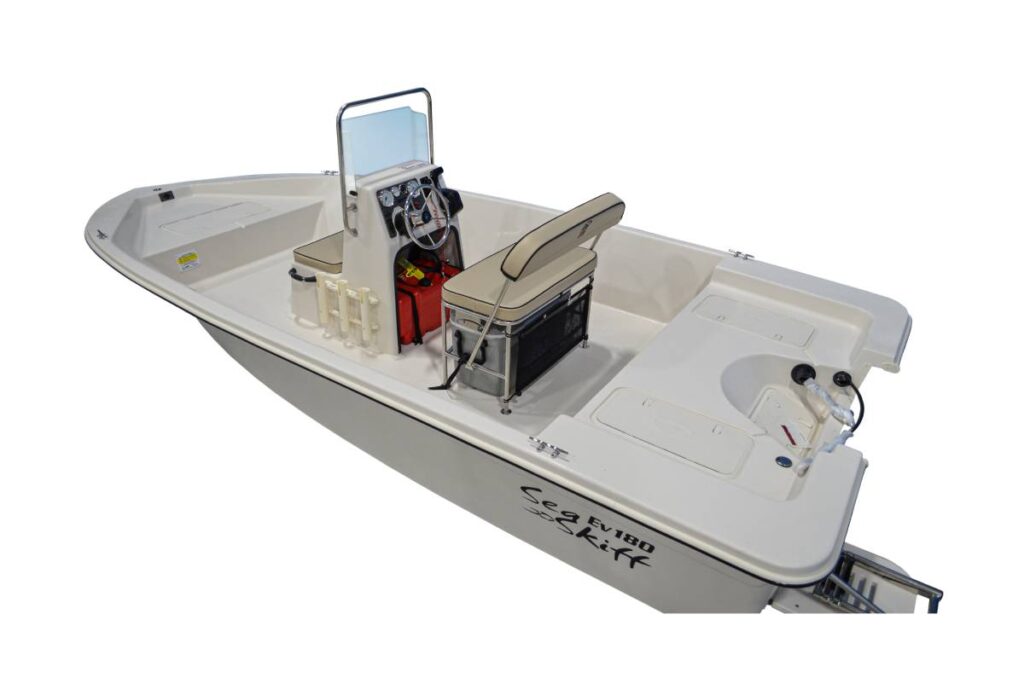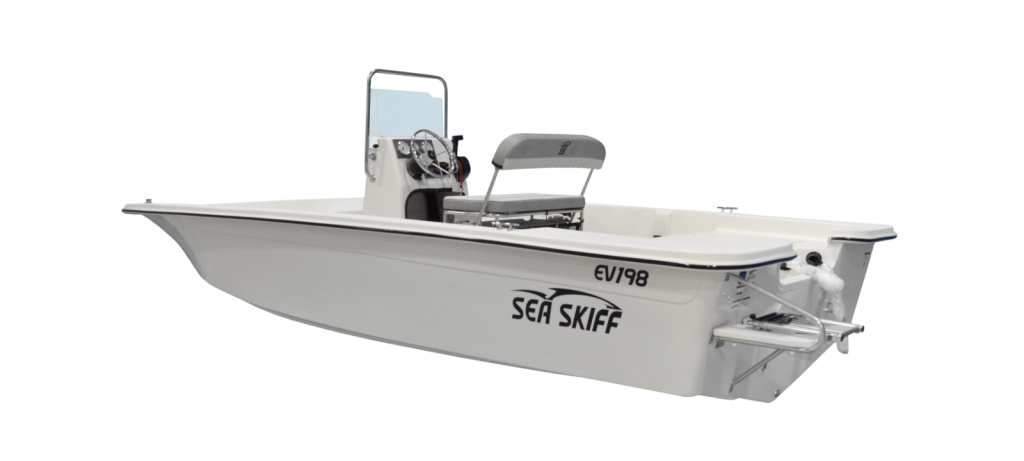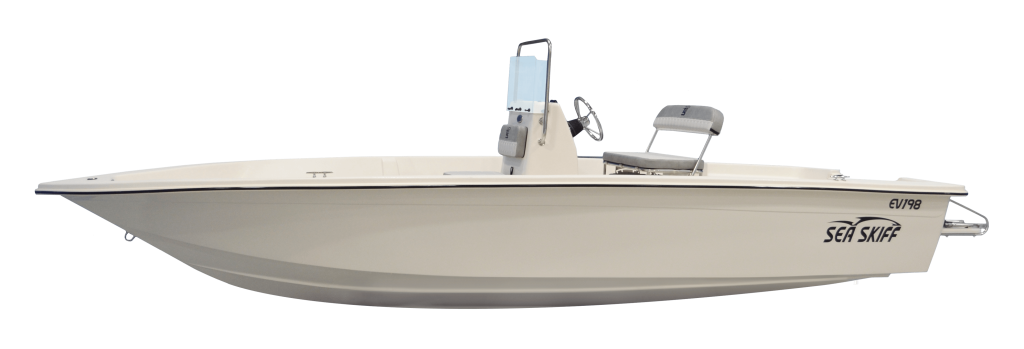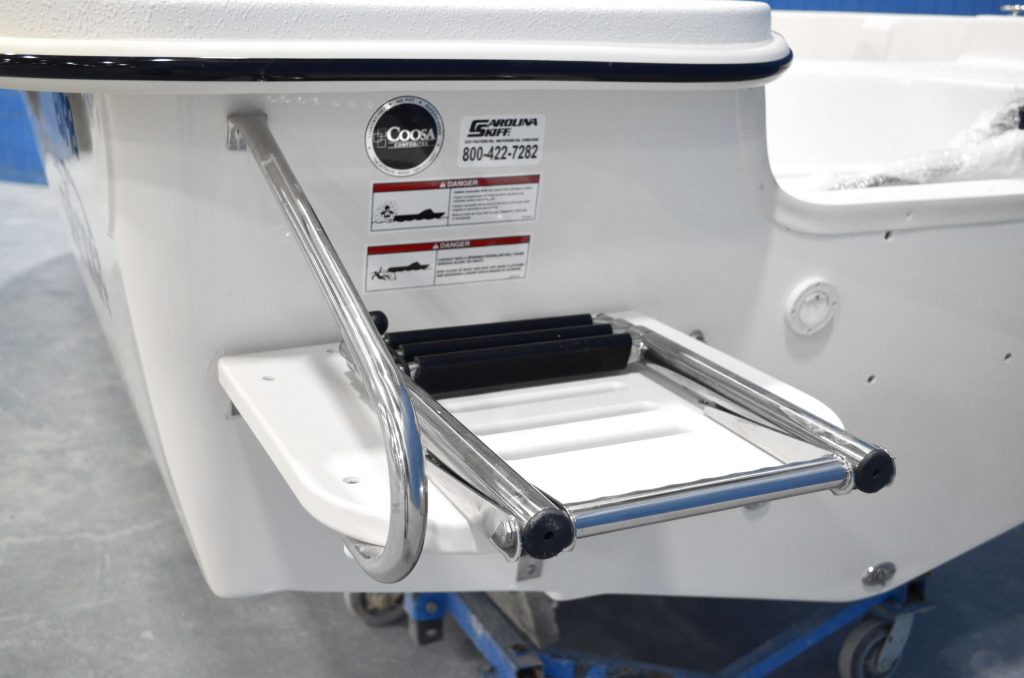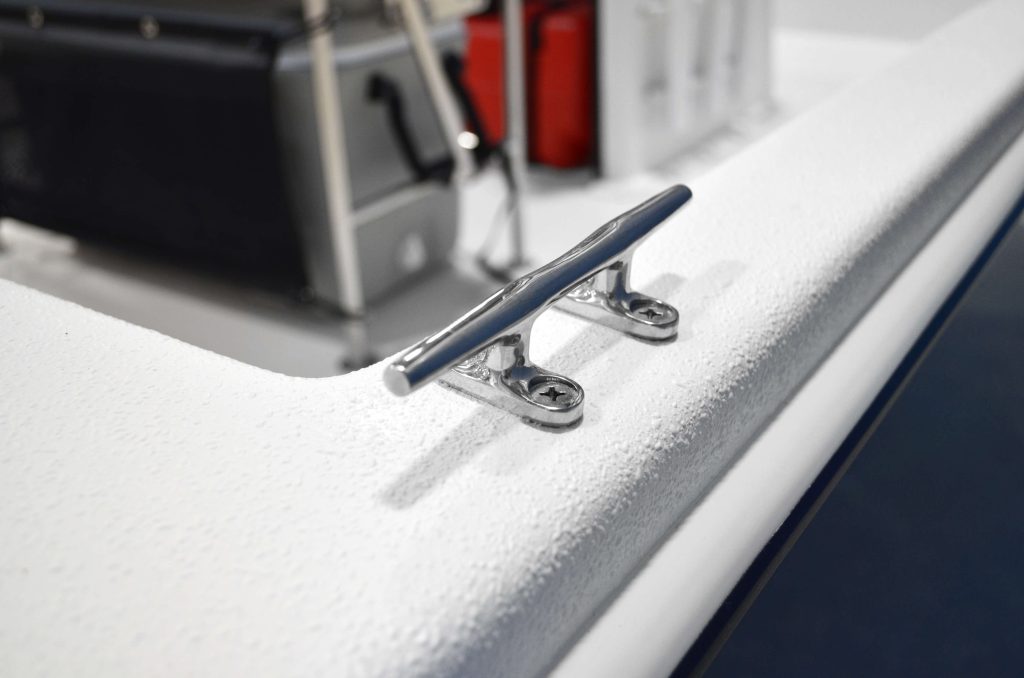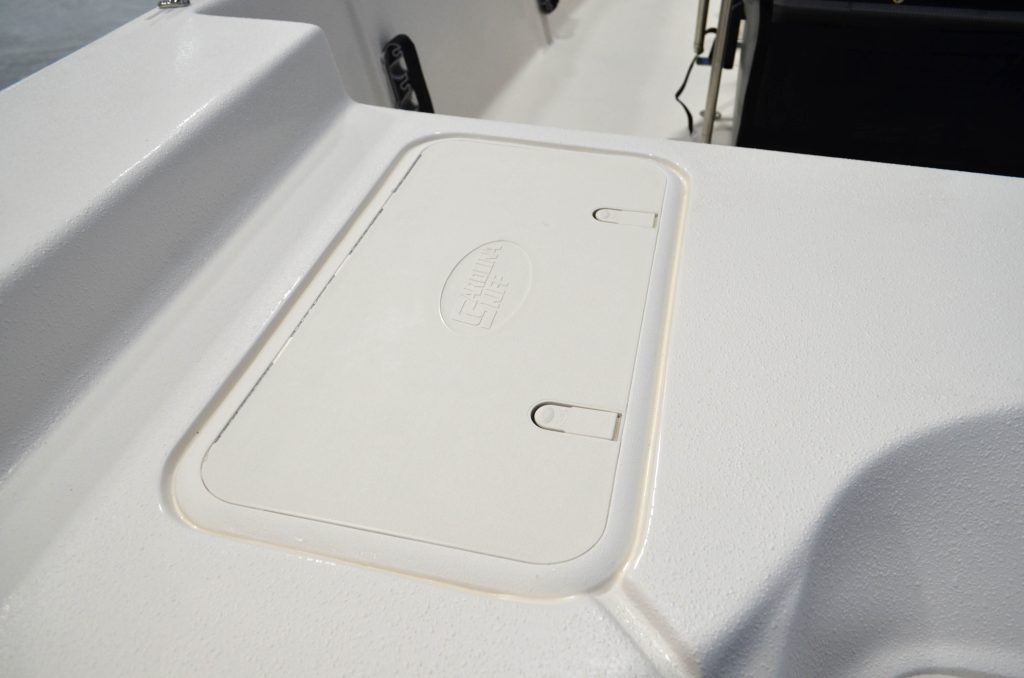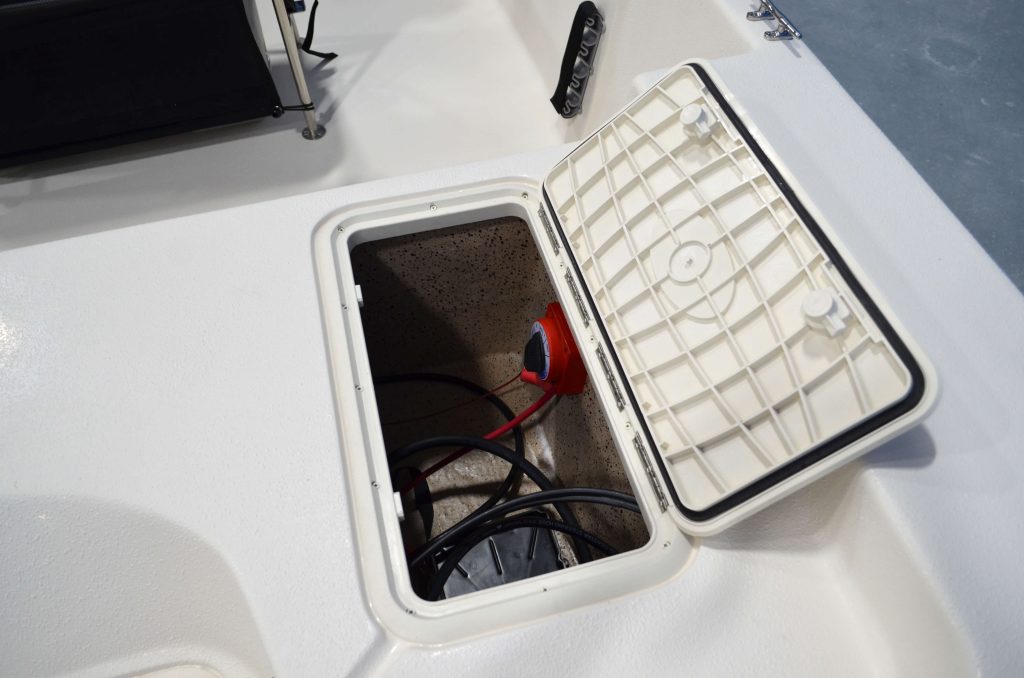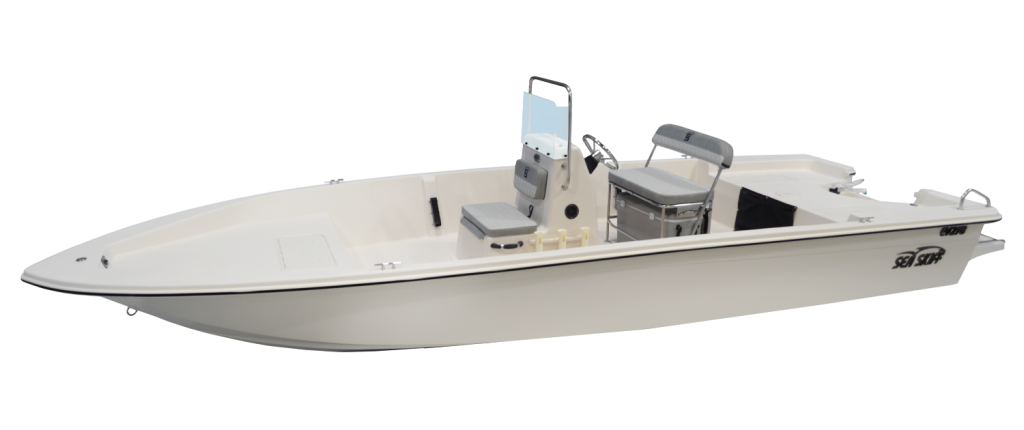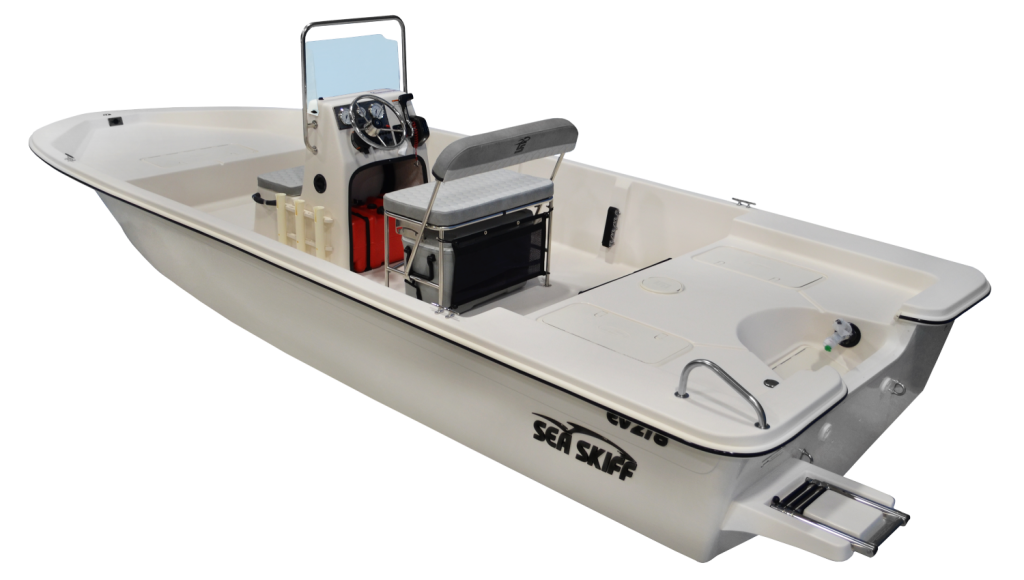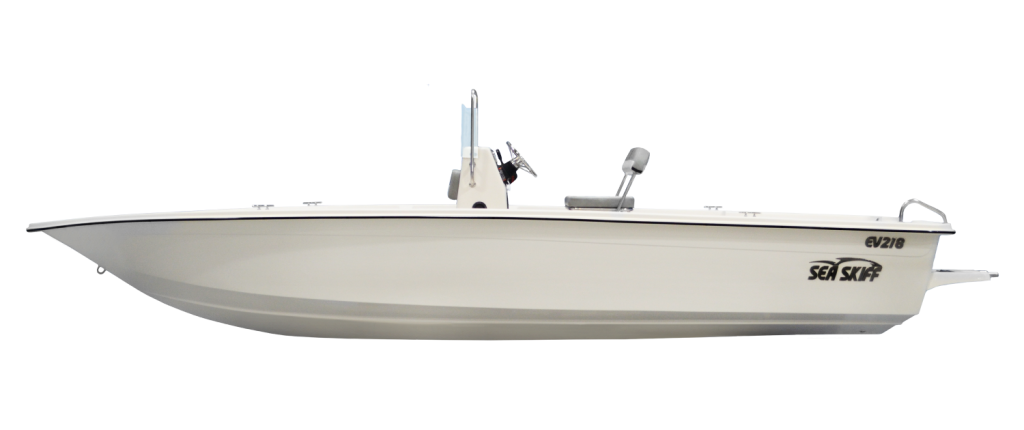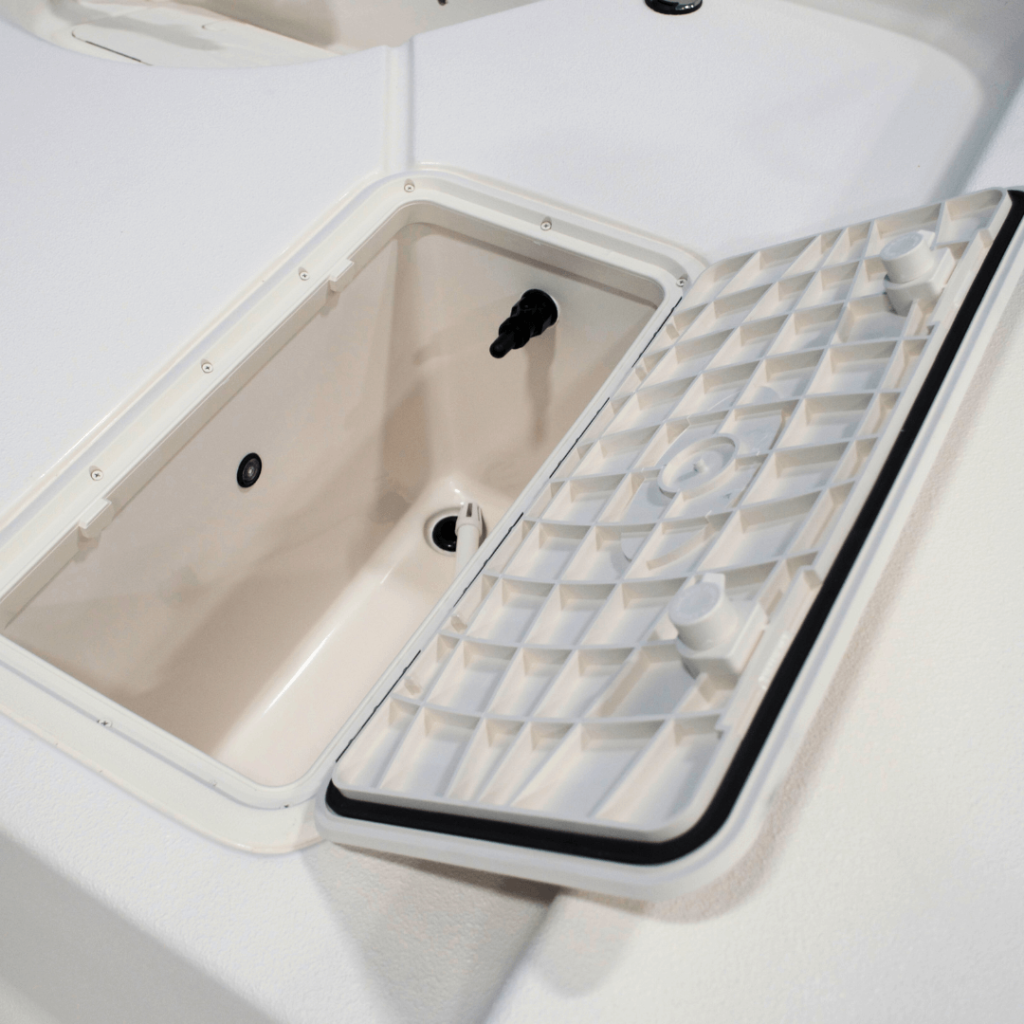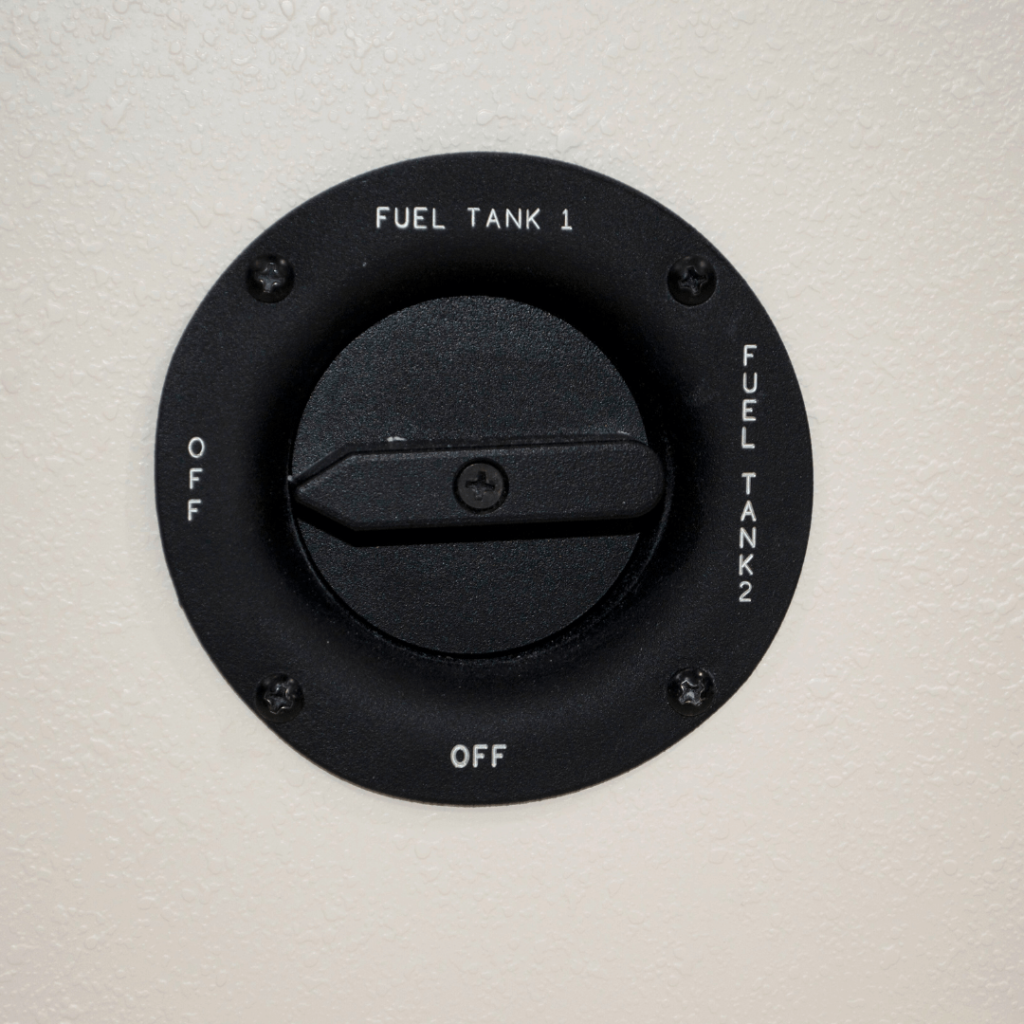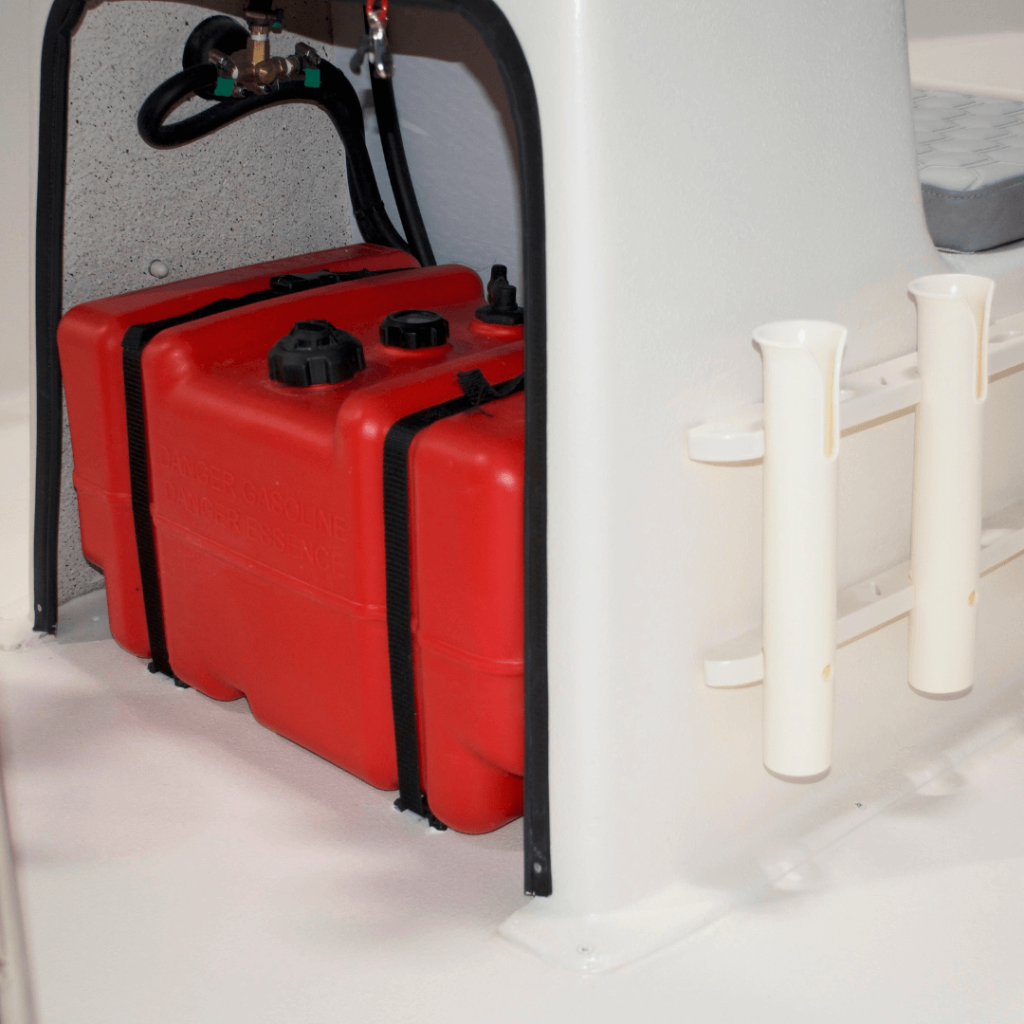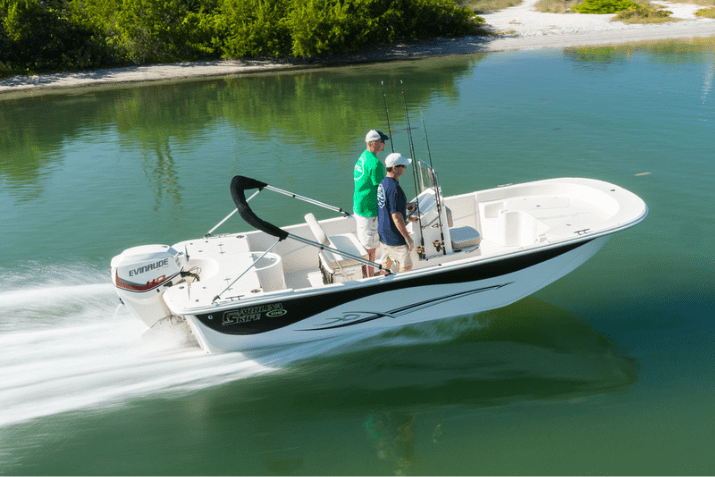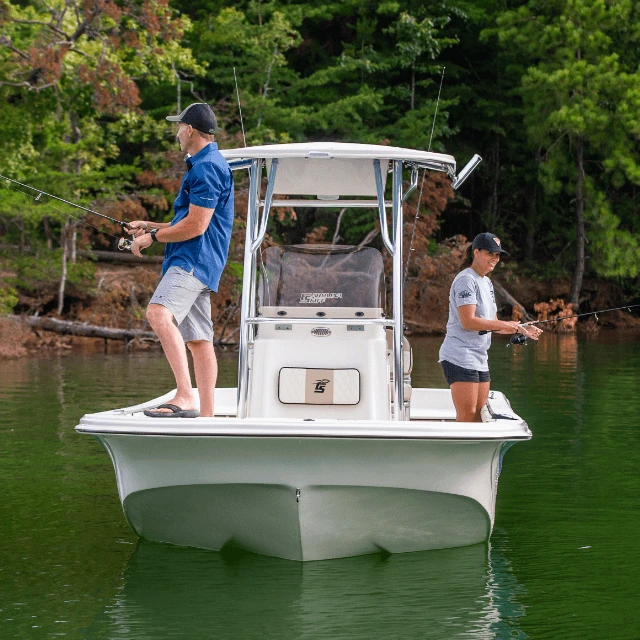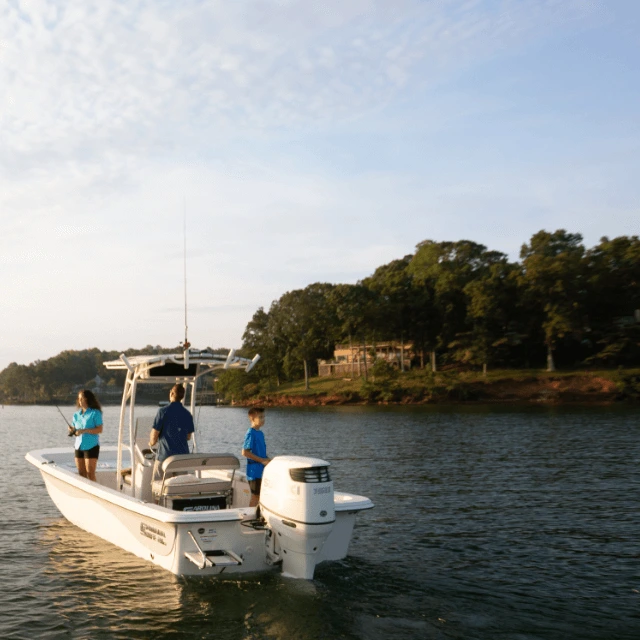Winterizing your boat is an essential part of off-season maintenance, yet many boat owners fall victim to common myths about what winterization actually entails. These misconceptions can lead to costly damage, especially during colder months. Even for Carolina Skiff owners, whose boats are built to be durable and low-maintenance, proper winter care ensures your skiff will be ready to hit the water when warmer weather returns. Here, we’ll debunk some common winterization myths and offer tips to keep your Carolina Skiff in excellent condition through the off-season.
MYTH 1: SKIP WINTERIZING IN MILD CLIMATES
It’s a common belief that winterizing is only necessary in colder regions. However, even in milder climates, skipping winterizing can lead to corrosion, engine damage, and costly repairs.
Why It Matters:
Even in mild climates, temperature fluctuations and humidity can cause moisture to build up inside your boat’s engine and compartments, leading to corrosion or mold growth. Winterizing protects your boat from these hidden threats, extending its lifespan and ensuring reliable performance.
Carolina Skiff Advantage:
Carolina Skiff boats are engineered for durability, but to maximize their life, winterizing is recommended regardless of location. Carolina Skiff’s open deck and accessible design make it easy to complete
MYTH 2: DRAINING WATER IS ENOUGH
Some boaters think that simply draining water from their boat is all that’s needed to prevent freezing damage. However, water isn’t the only concern—fuel stabilization, battery care, and proper ventilation are all key parts of winterizing.
Why It Matters:
Draining water only covers one small aspect of winterization. Unstabilized fuel can break down, leading to clogged filters, while batteries left unchecked can corrode or drain completely. Proper winterizing involves stabilizing the fuel, fully charging and disconnecting the battery, and ensuring all systems are protected.
Carolina Skiff Advantage:
Carolina Skiff’s design simplifies winterizing with easily accessible compartments and straightforward fuel systems, making it easy to check, drain, and stabilize components. This is particularly helpful for ensuring that your skiff will be in top shape for next season.
MYTH 3: ANTIFREEZE ISN’T NECESSARY
Some boaters believe antifreeze is only essential in extremely cold climates. However, antifreeze plays a critical role in protecting your boat’s engine and plumbing system from temperature shifts and residual moisture.
Why It Matters:
Using marine-grade antifreeze prevents residual water from freezing, expanding, and causing cracks in your engine and plumbing. This step is important even if you think your boat won’t encounter freezing temperatures.
Carolina Skiff Advantage:
With its dependable design, winterizing a Carolina Skiff with antifreeze is a quick process that safeguards your boat against temperature shifts. This extra step helps ensure optimal performance when spring arrives.
MYTH 4: MODERN BOATS DON’T NEED WINTERIZING
Modern engines and boat materials are indeed durable, but even the latest Carolina Skiff models benefit from regular winterization. Electronics, fuel systems, and plumbing are still at risk if left unattended during colder months.
Why It Matters:
Winterization is about protecting your investment, no matter how advanced your boat may be. Neglecting basic care can lead to unnecessary wear and tear and impact your boat’s performance long-term.
Carolina Skiff Advantage:
Carolina Skiff boats are built to handle diverse conditions, but proper winterization ensures that they continue to deliver top performance and reliability. Routine care extends the life of key components, from the hull to the electronics.
ESSENTIAL WINTERIZING TIPS FOR YOUR CAROLINA SKIFF
To help you prepare, here’s a quick guide to the core steps for winterizing your Carolina Skiff:
- Fuel Stabilization: Add a fuel stabilizer to prevent fuel breakdown and protect the fuel system from gumming or varnishing.
- Battery Maintenance: Fully charge, disconnect, and store the battery in a dry, cool place, or use a trickle charger if needed.
- Antifreeze Application: Run marine-grade antifreeze through your engine and plumbing to prevent freezing.
- Ventilation & Cleaning: Thoroughly clean and dry the boat to prevent mold growth, and keep compartments ventilated.
- Check Electronics & Cover: Disconnect electronics, and use a high-quality cover to shield your skiff from dust and moisture.
These steps will help keep your Carolina Skiff in peak condition, ensuring an easy start when boating season returns.
ADDED PEACE OF MIND: SEA TOW AND WARRANTY PROTECTION
Carolina Skiff owners can also take advantage of Sea Tow coverage, which provides an added layer of security when you’re back on the water. New owners receive one year of Sea Tow membership, offering services like towing and fuel delivery, which can be a lifeline during the boating season.
Additionally, Carolina Skiff boats come with a comprehensive 10-year structural hull warranty and 5-year bow-to-stern coverage. Registering your warranty not only activates coverage but also ensures ongoing support for any maintenance or repairs you may need.
Winterizing your Carolina Skiff doesn’t need to be complicated, but it does need to be thorough. Avoiding these common myths can help you keep your boat in top condition and ready for adventure when the next season begins. By investing in off-season care, you’re not only protecting your boat but also making sure it’s ready for years of reliable performance on the water.
Sign up for our email list for more maintenance tips or find a local dealer to answer any questions about keeping your Carolina Skiff in great shape year-round.

